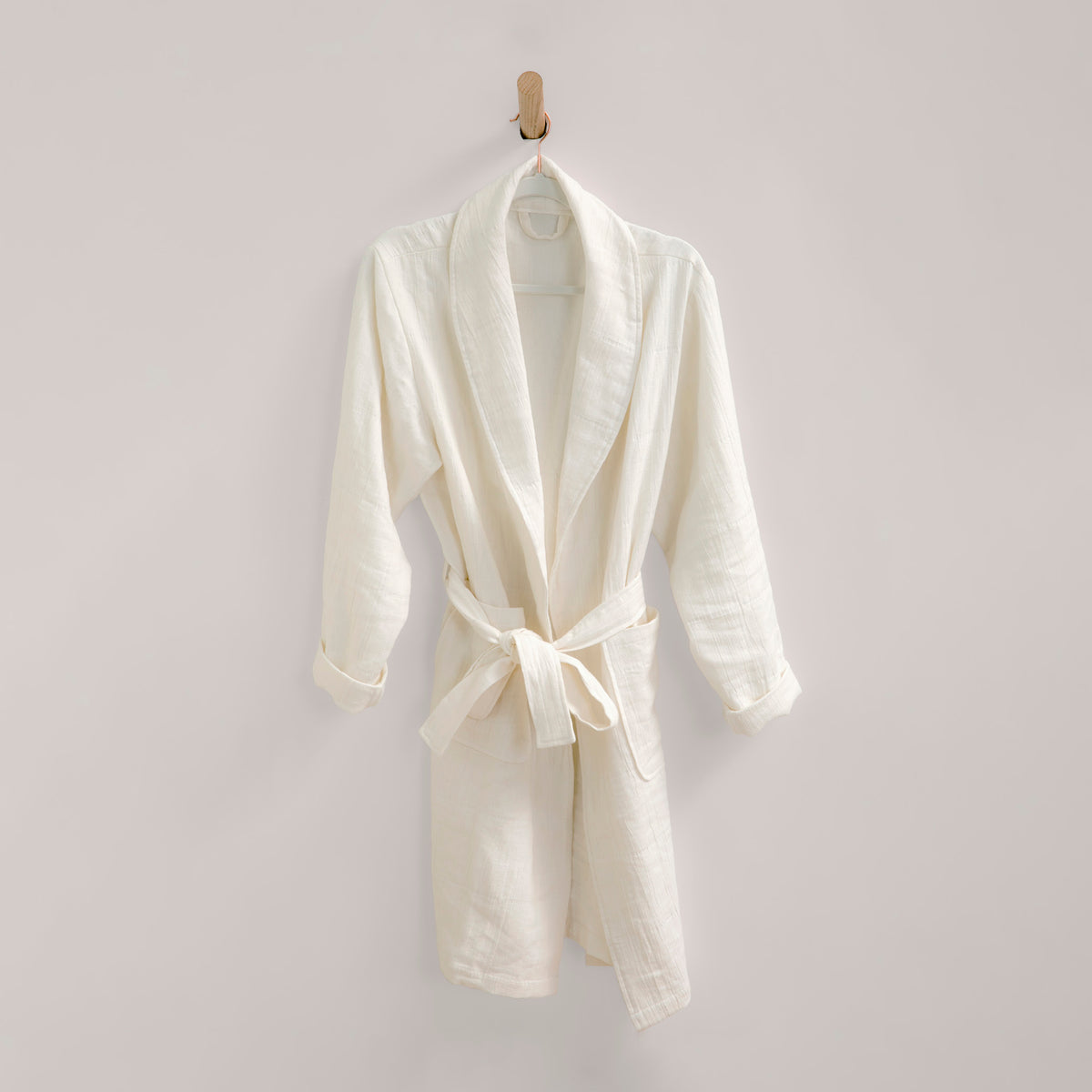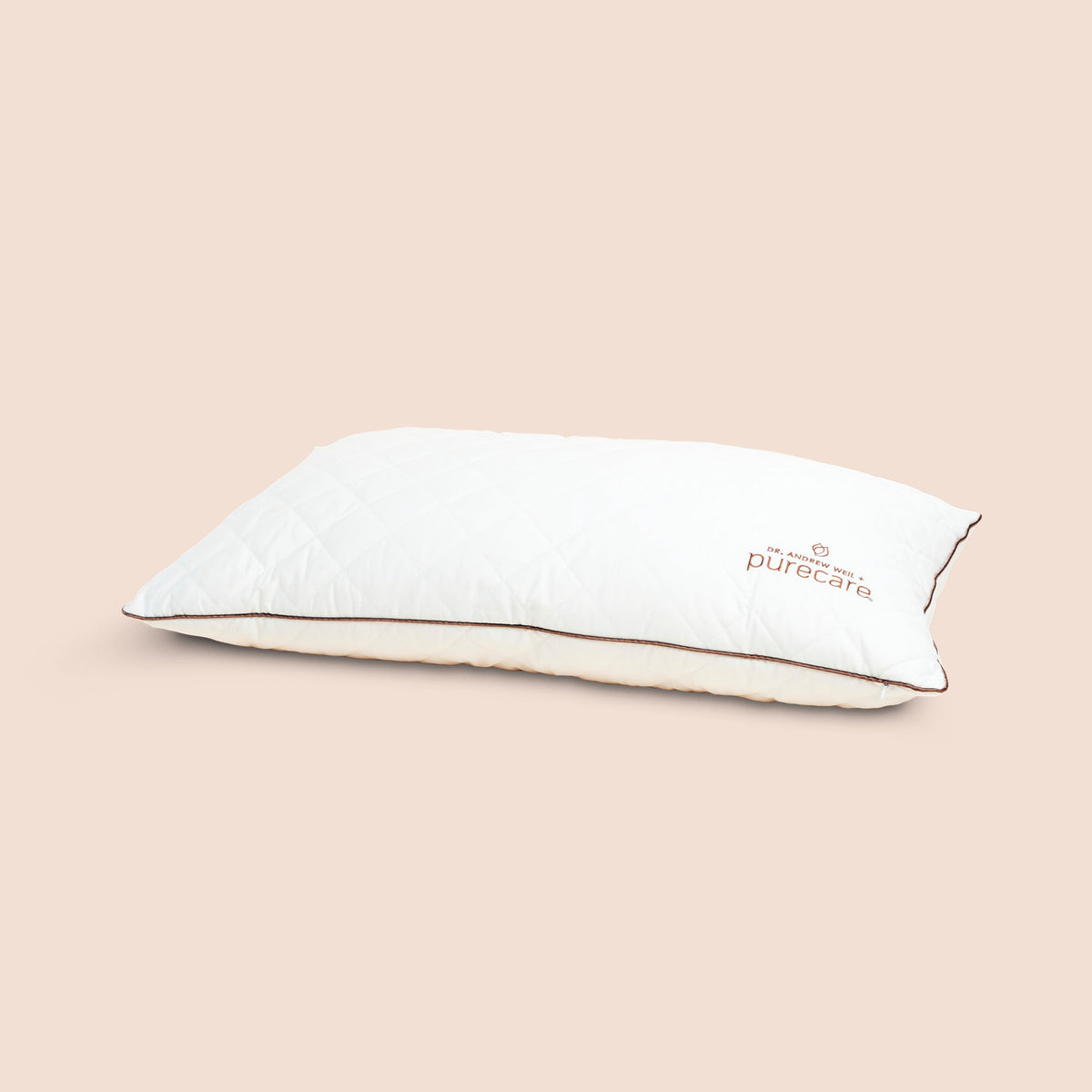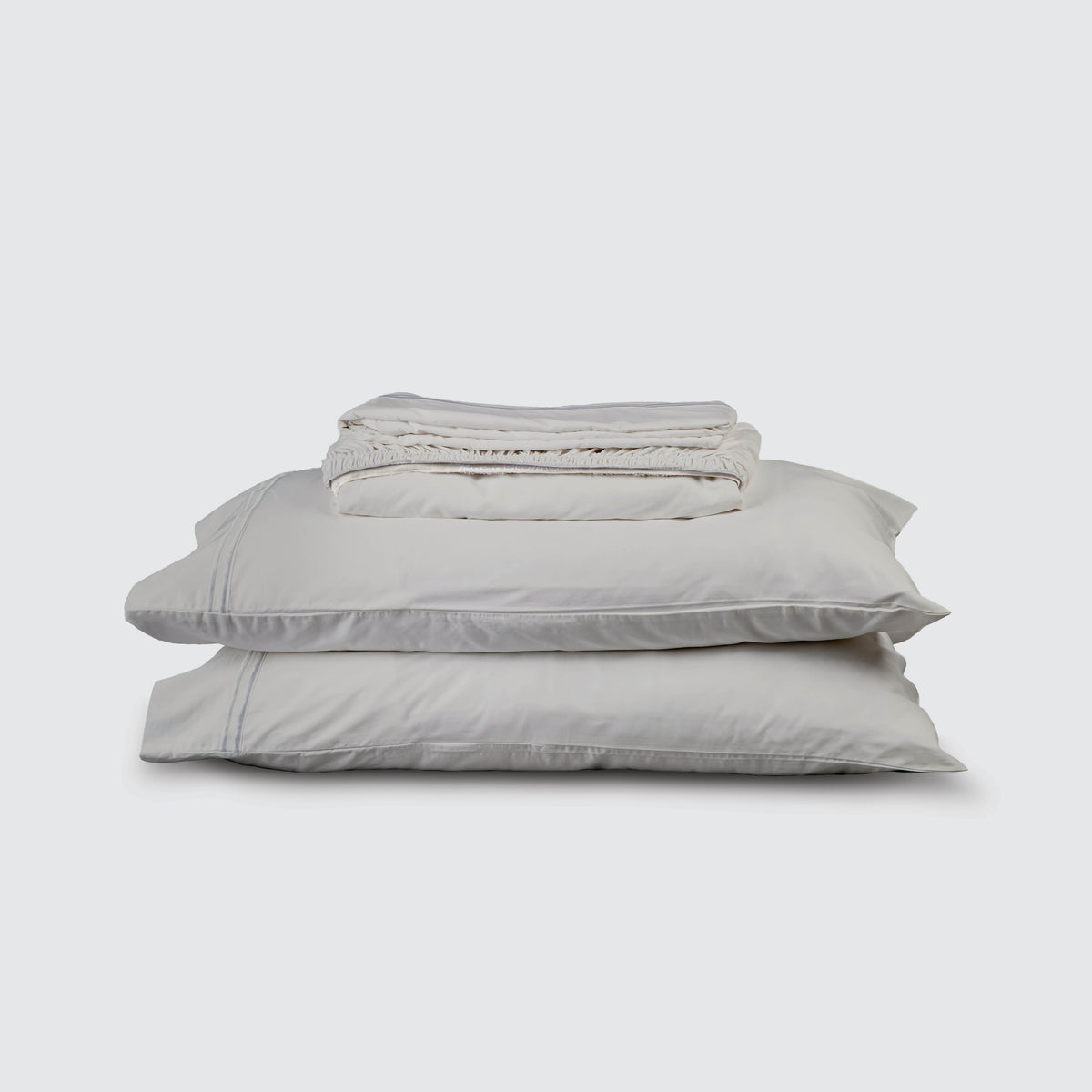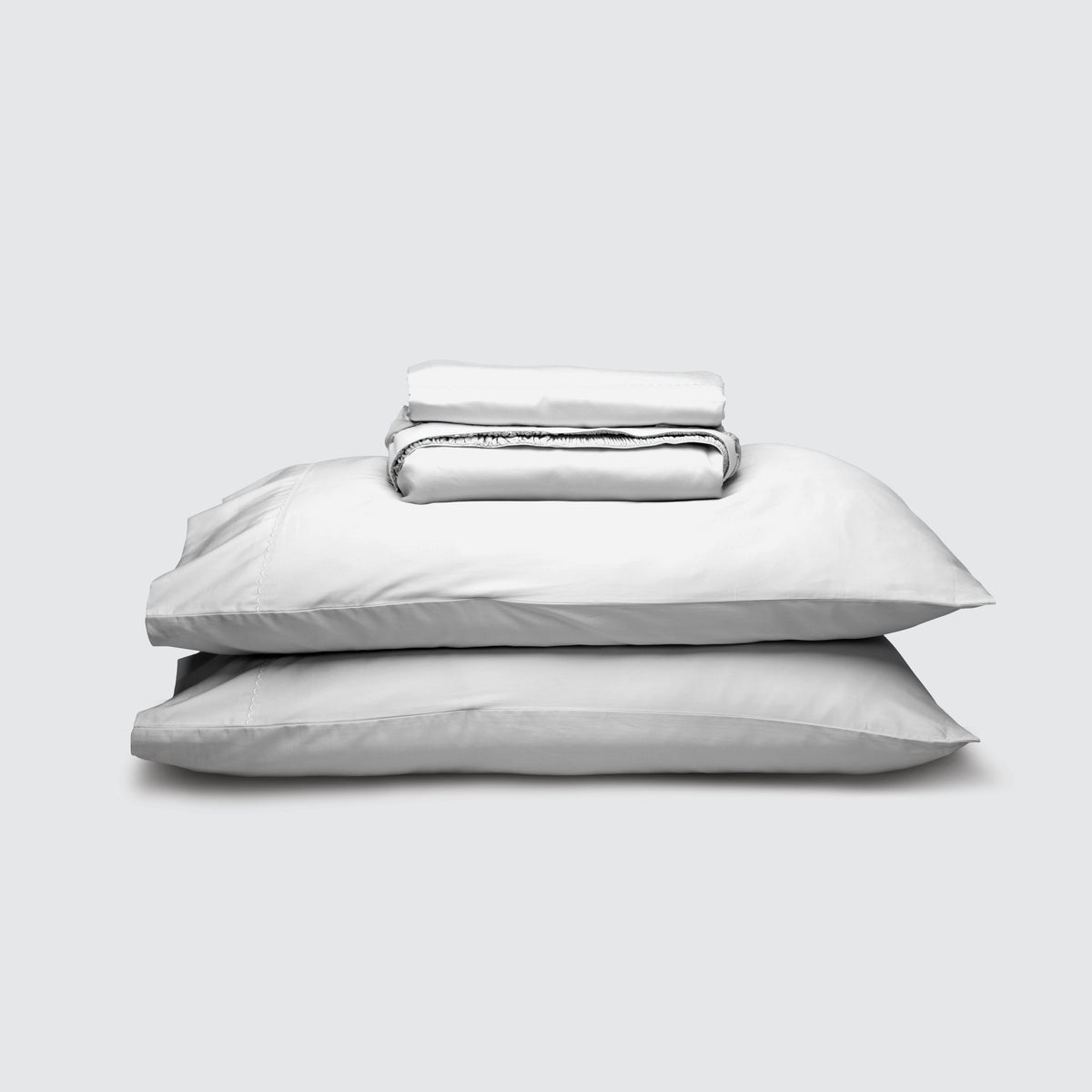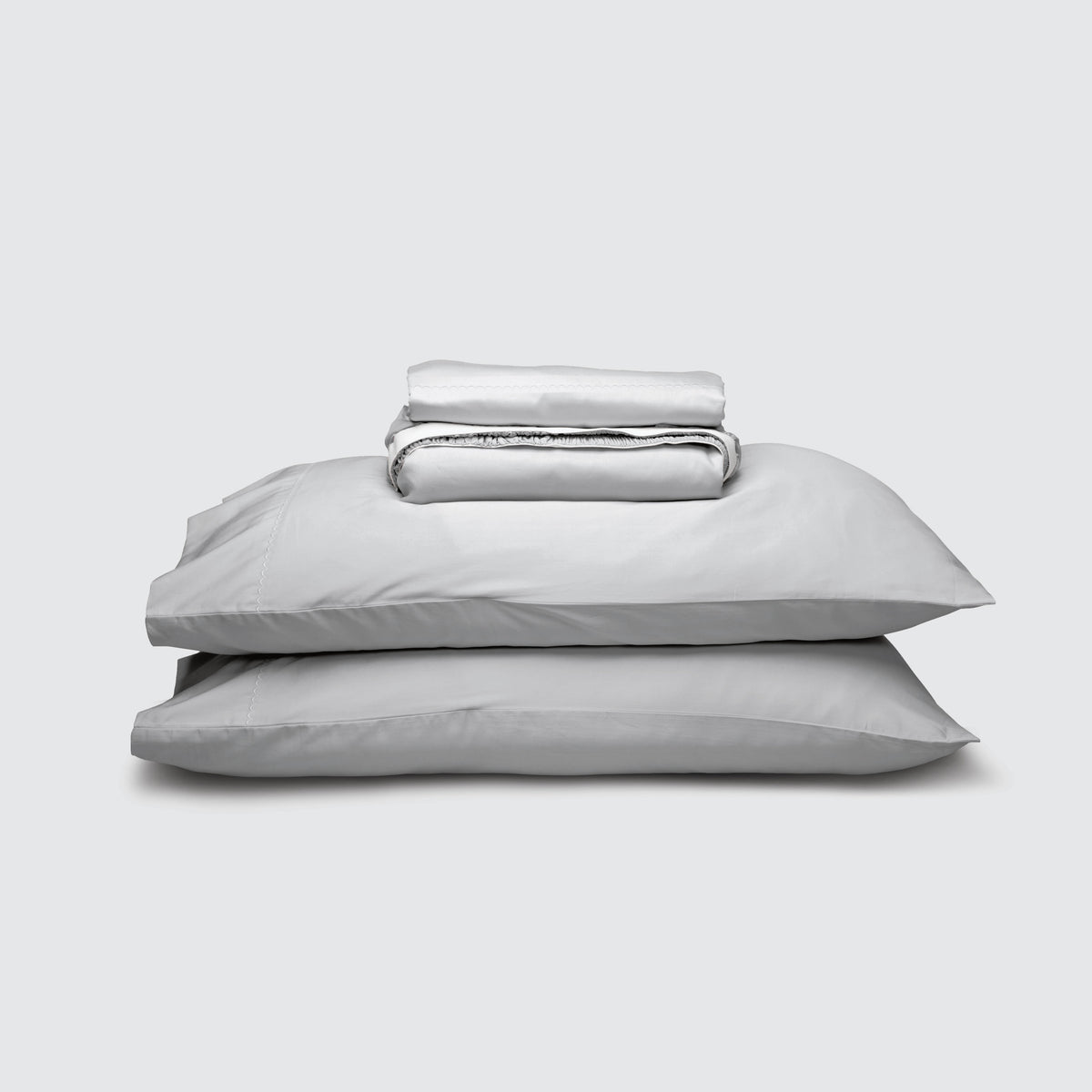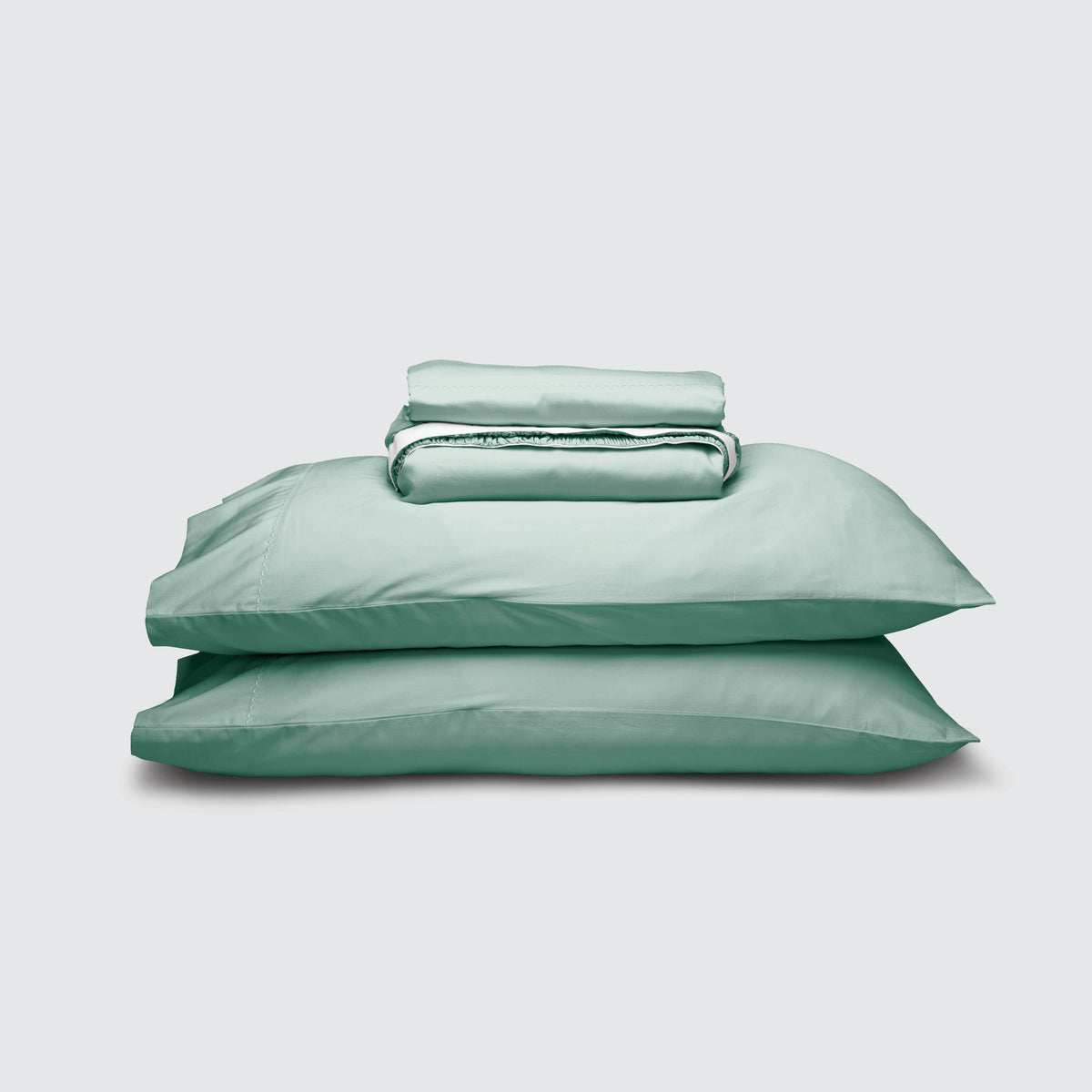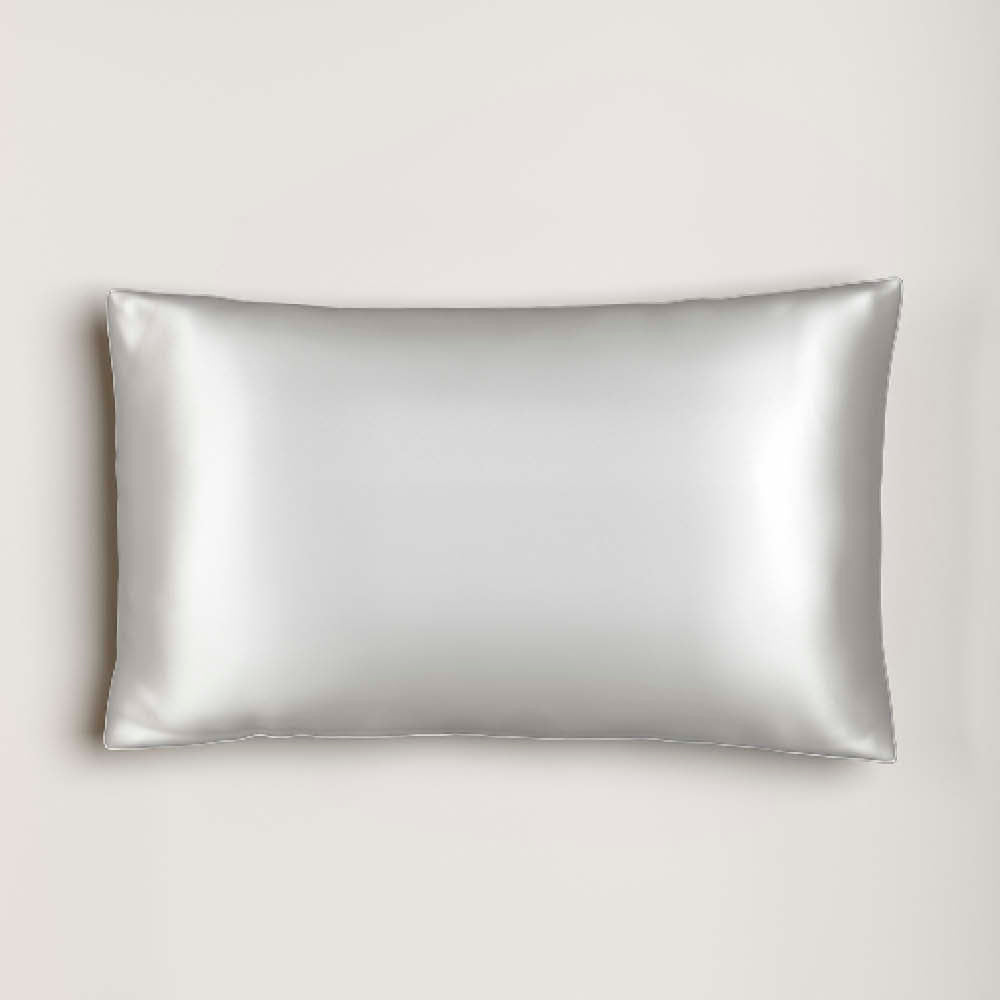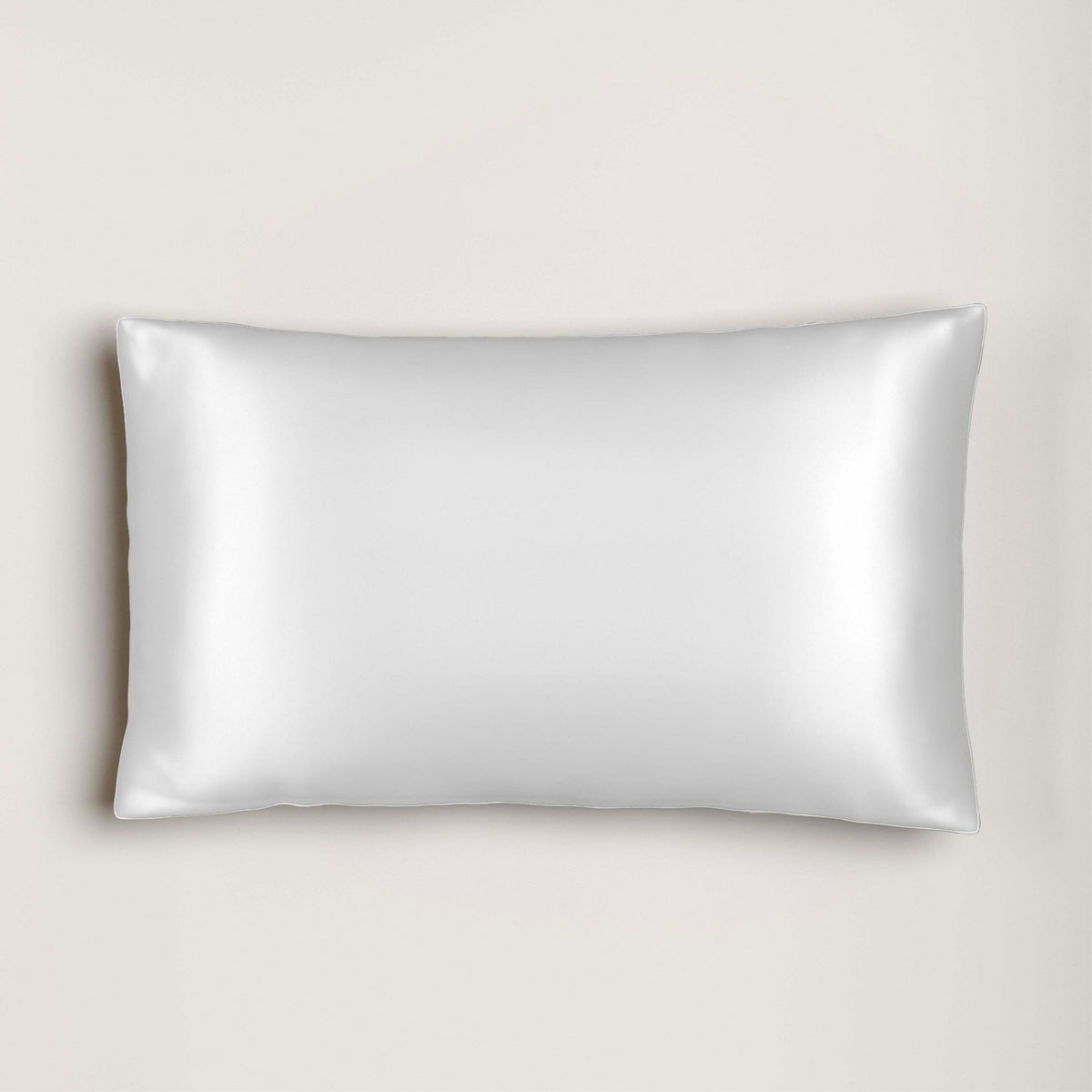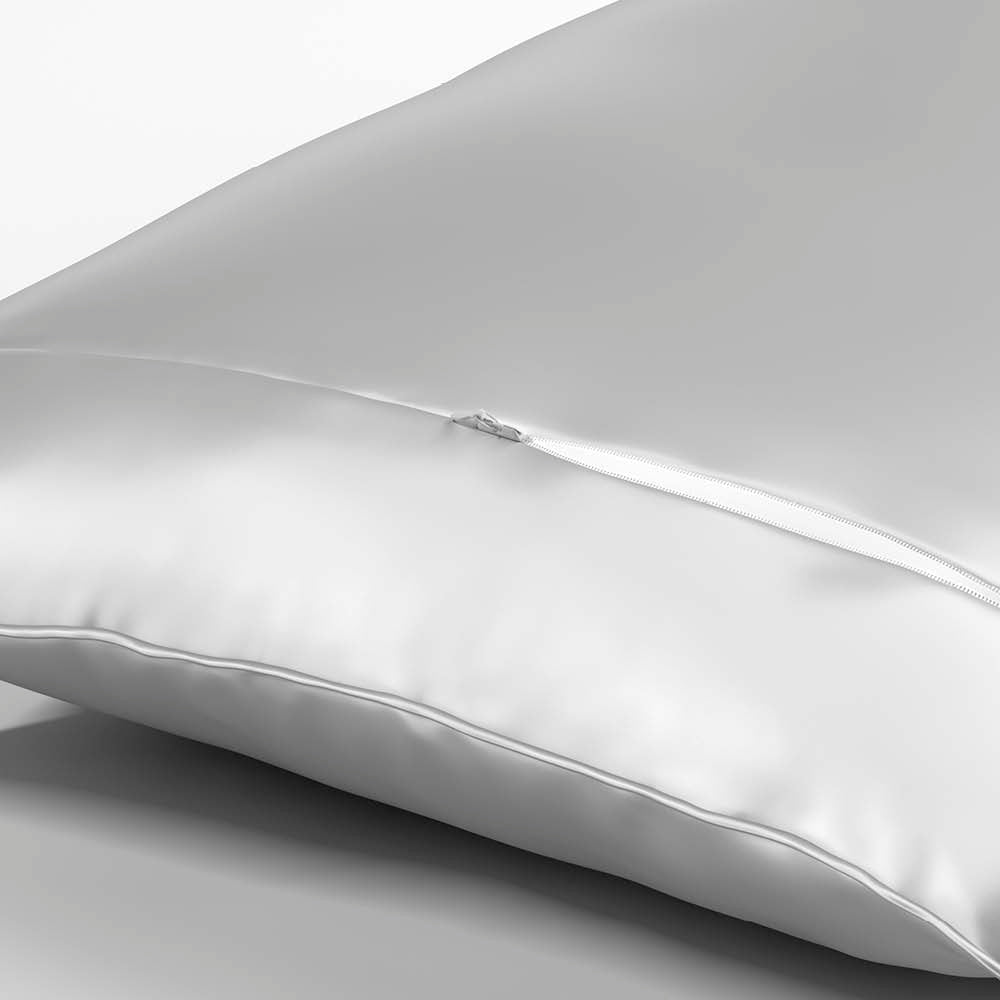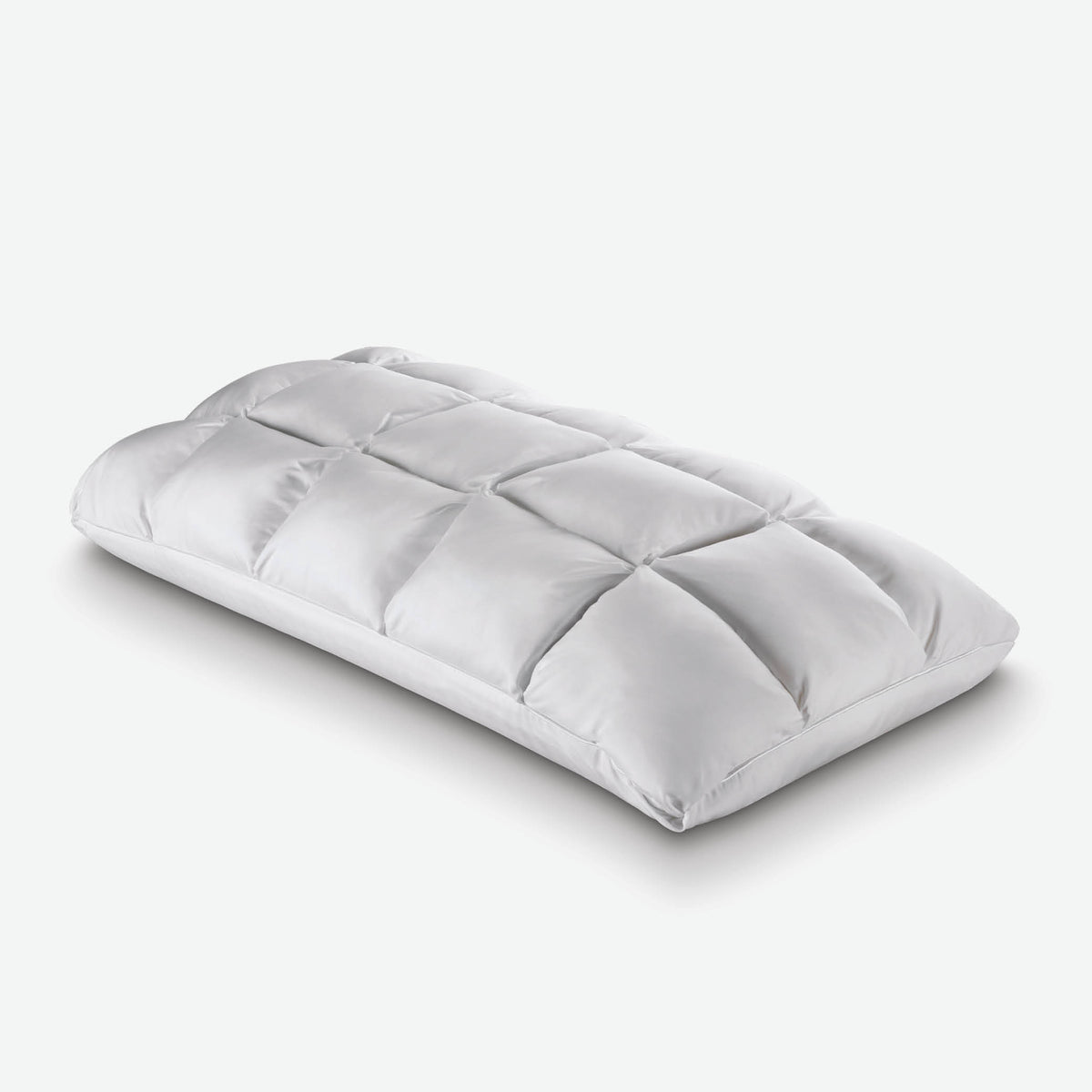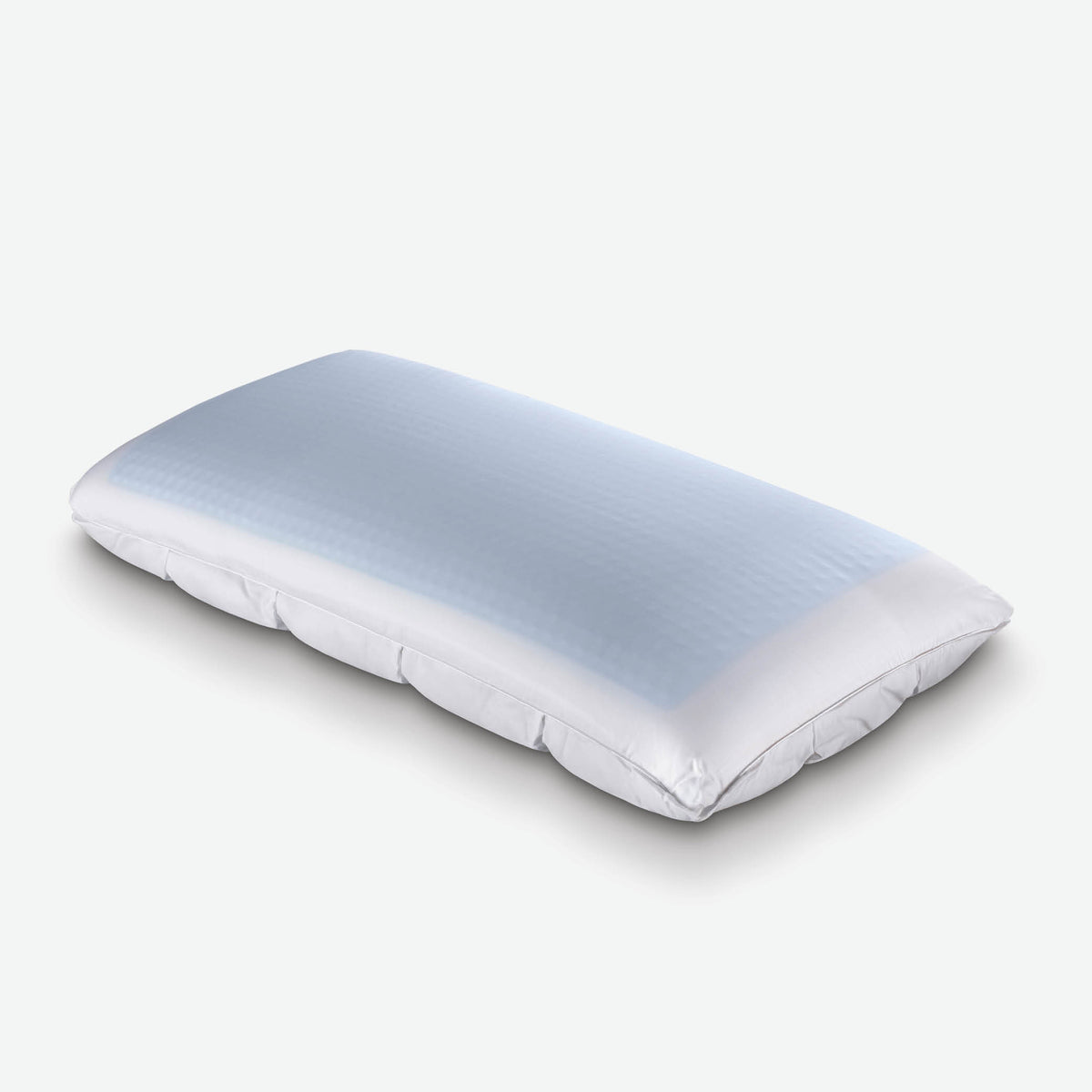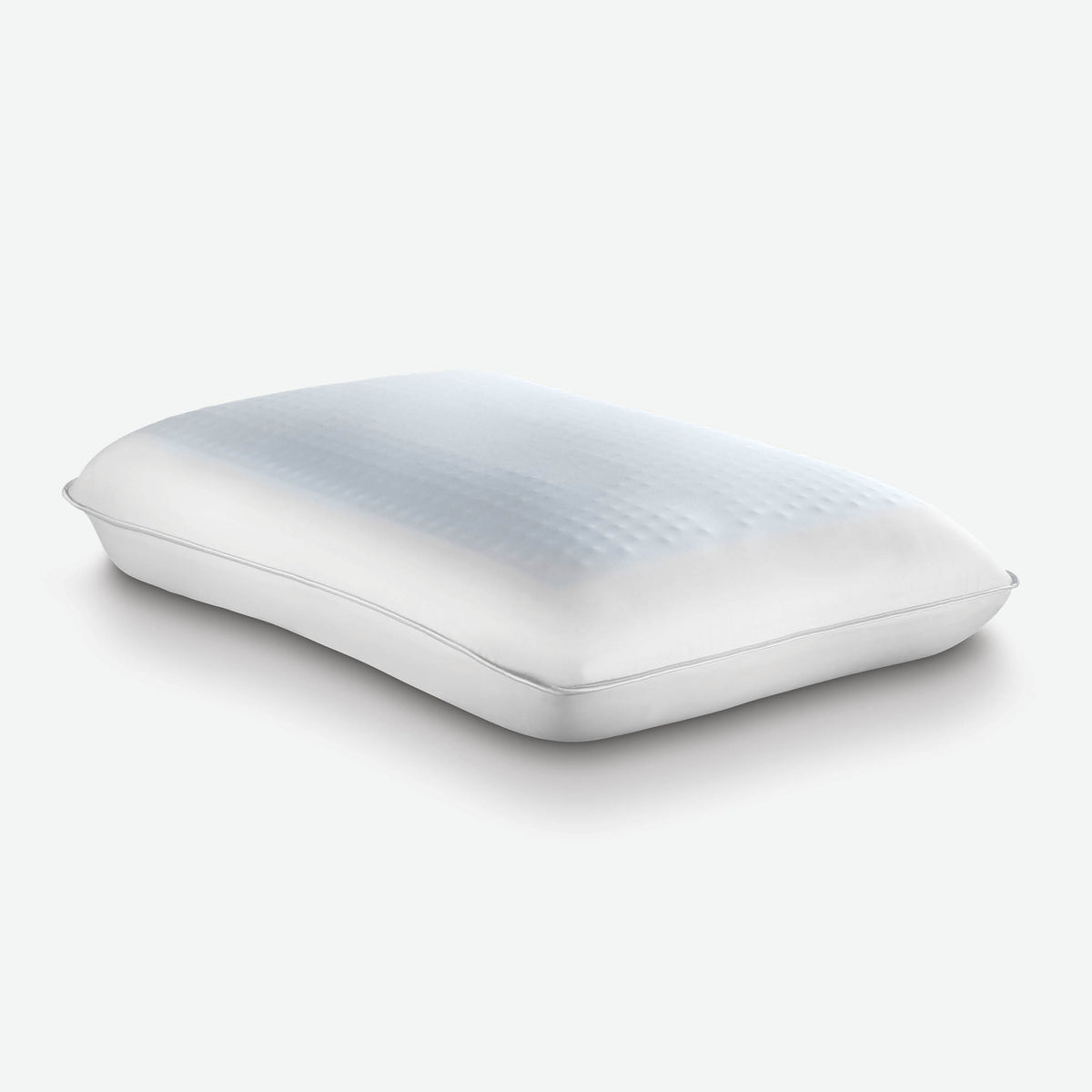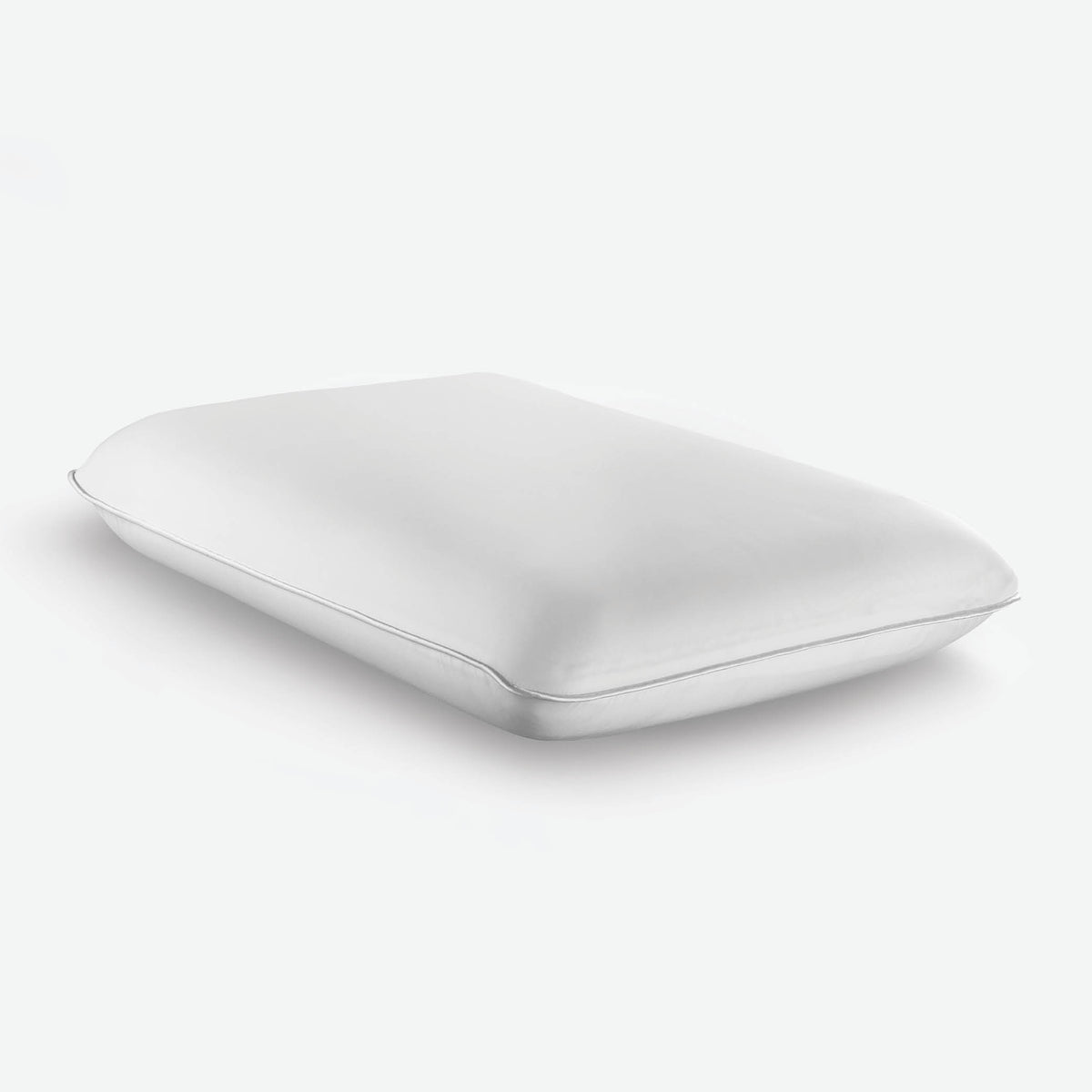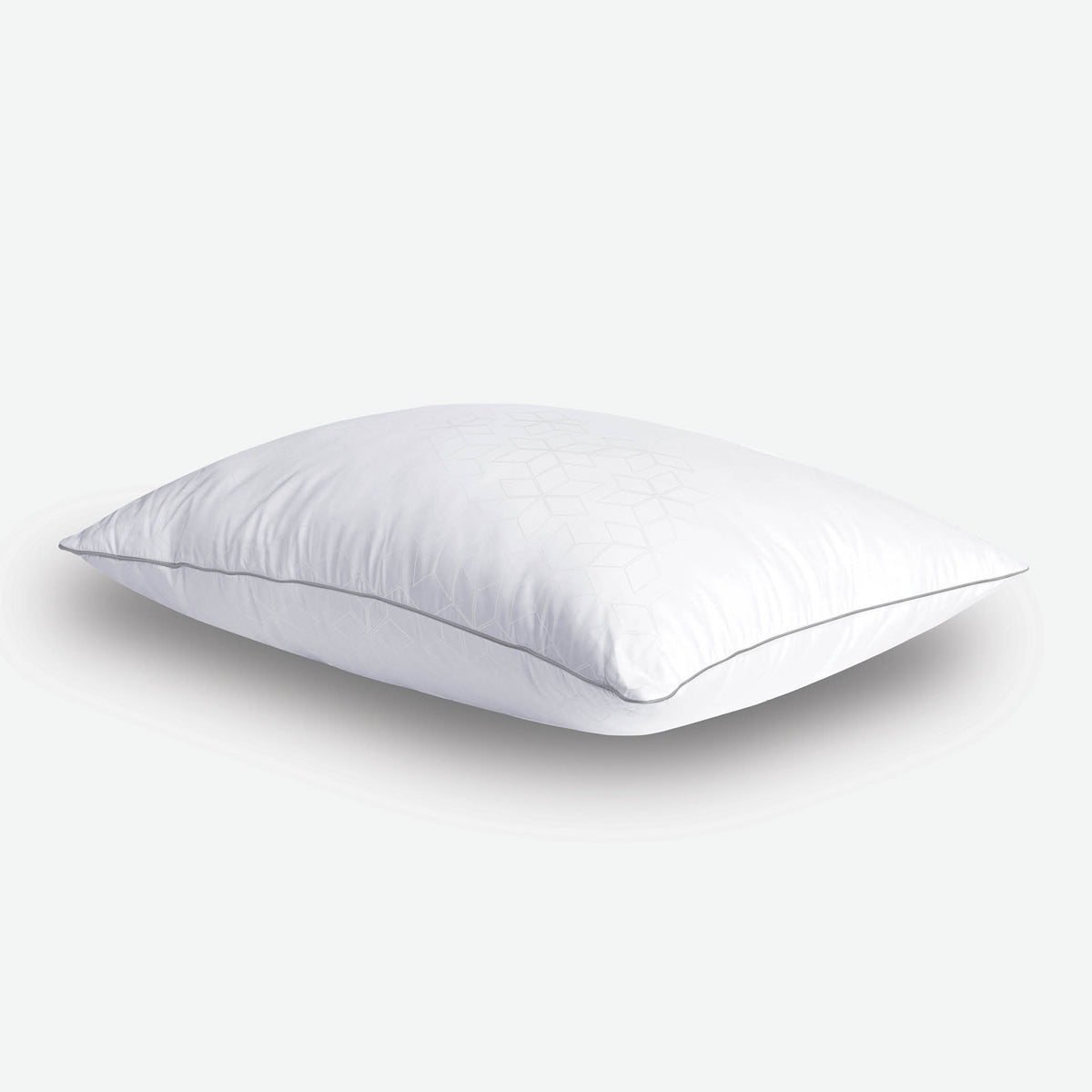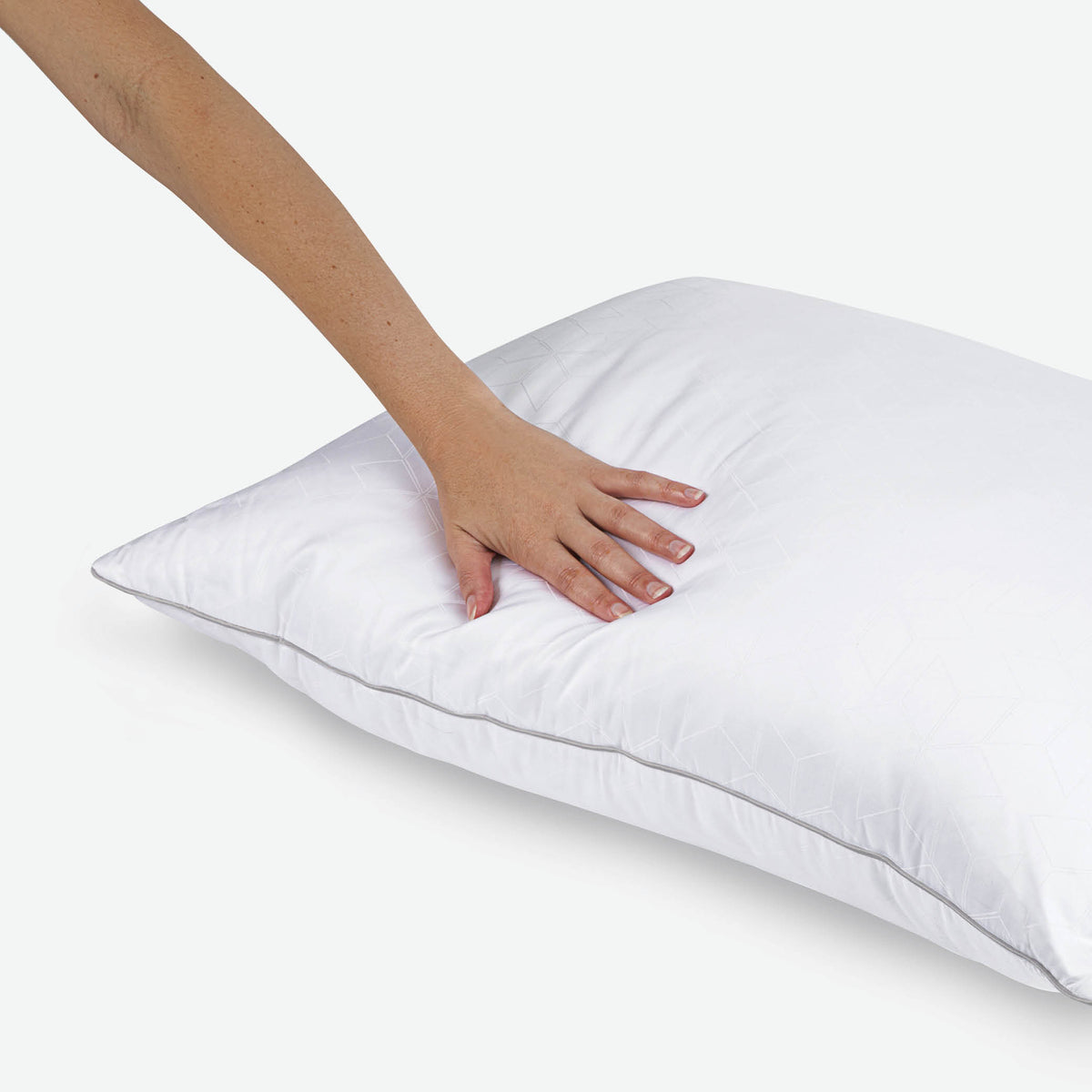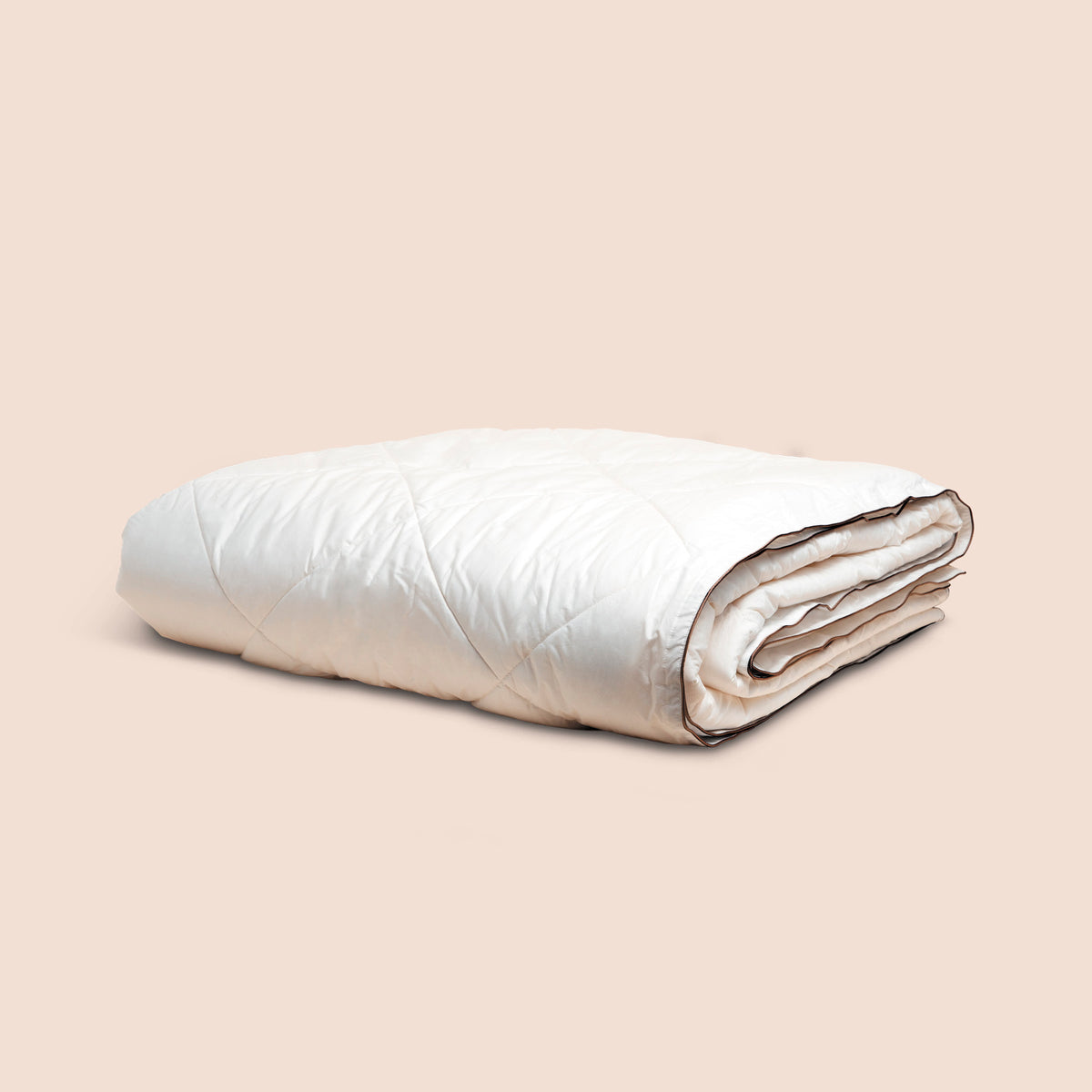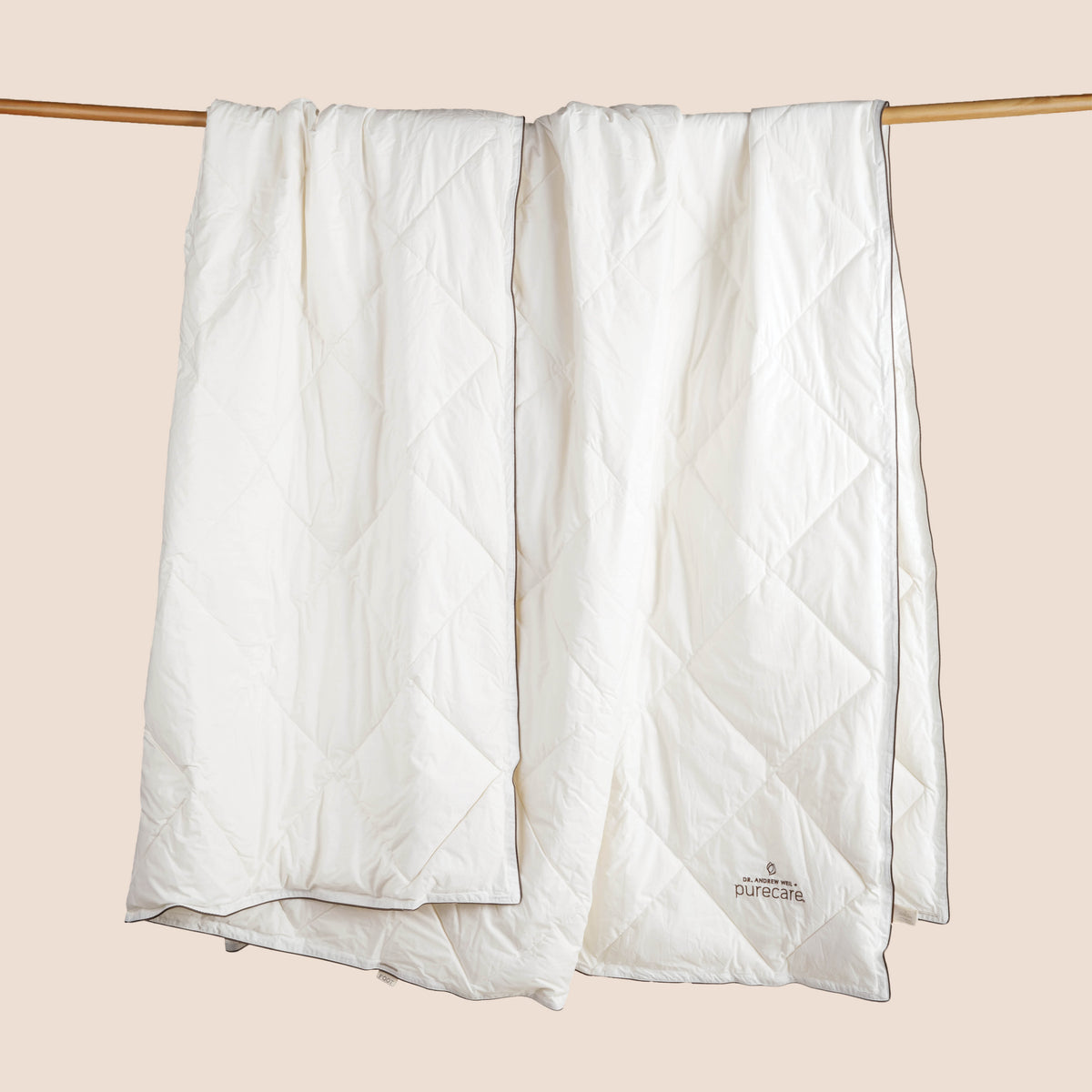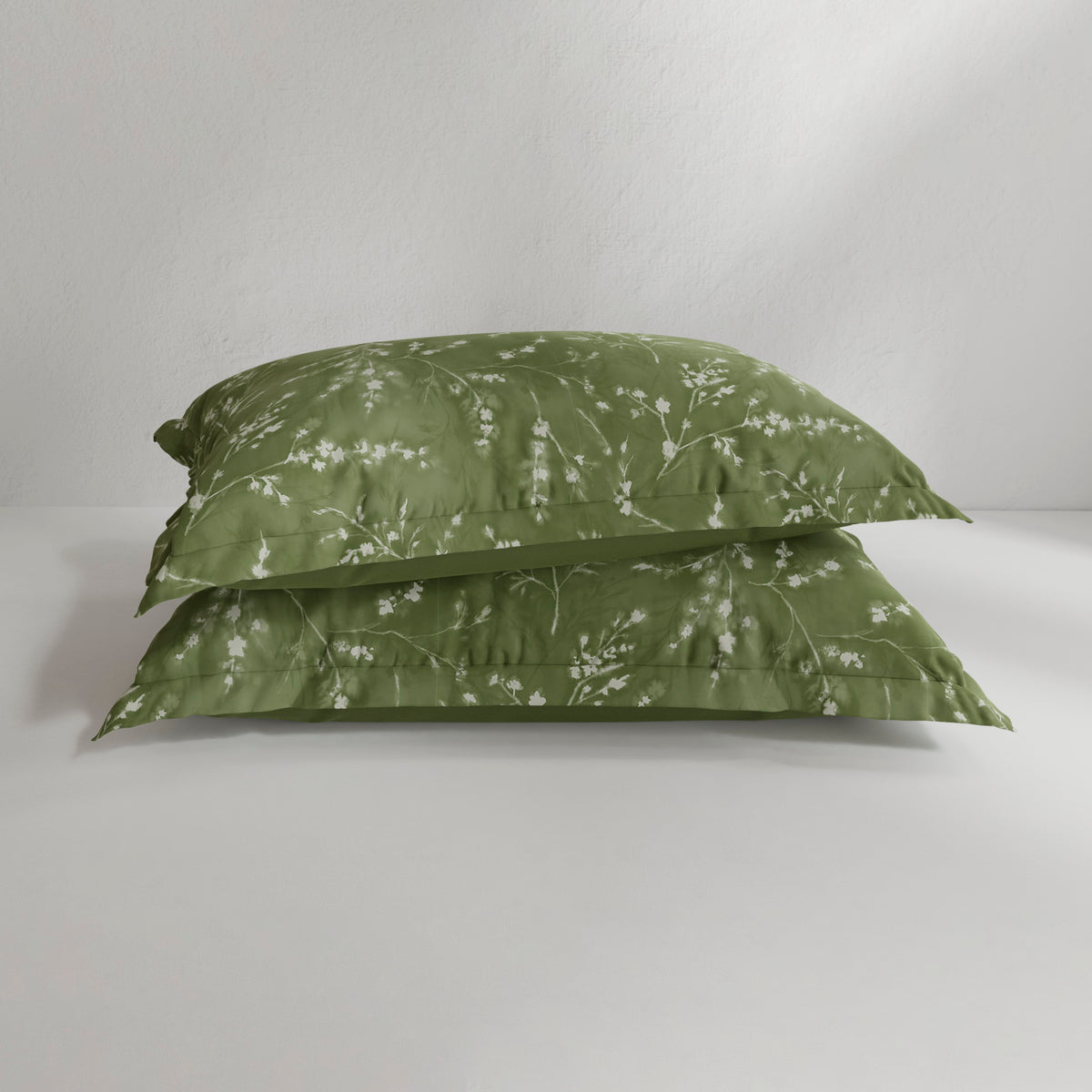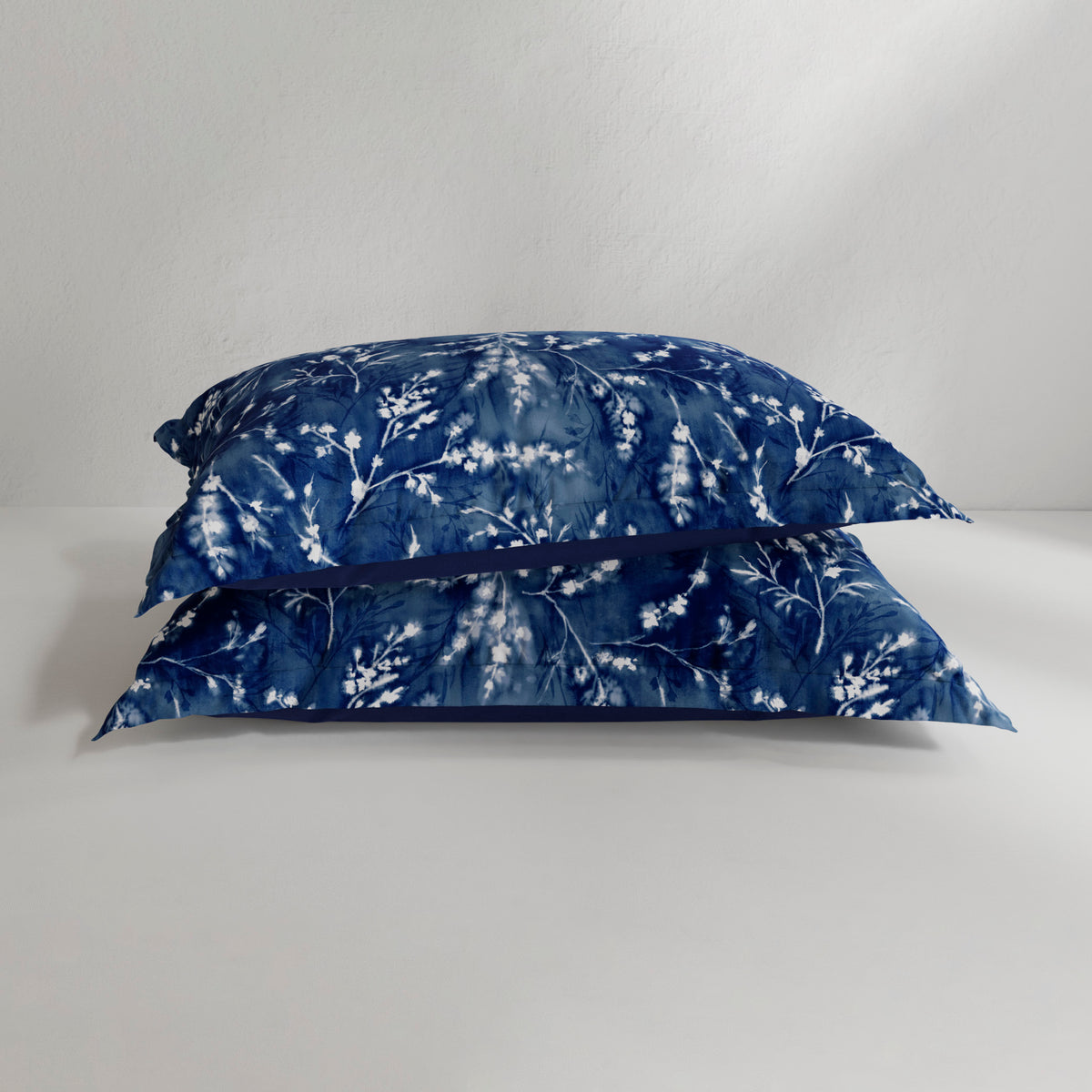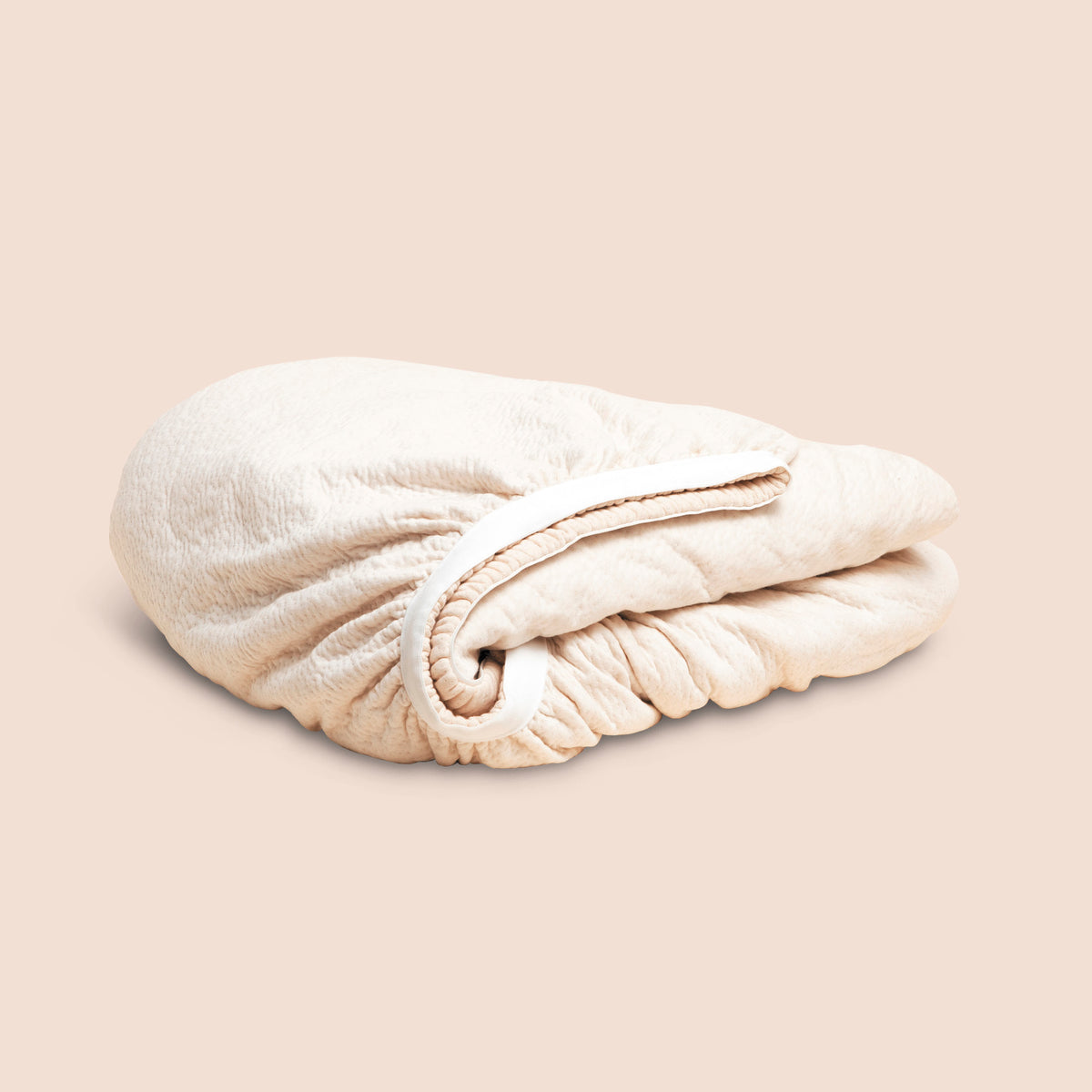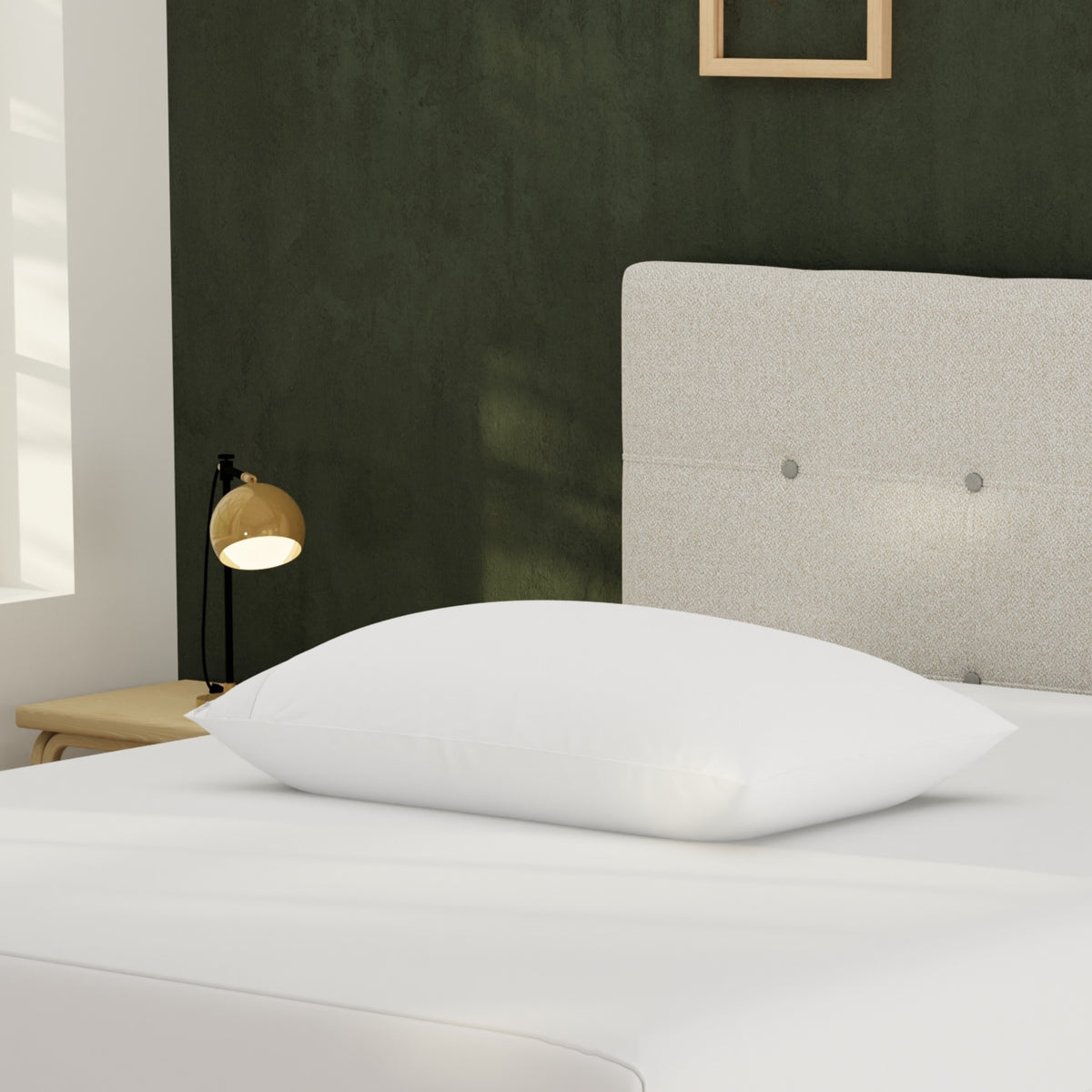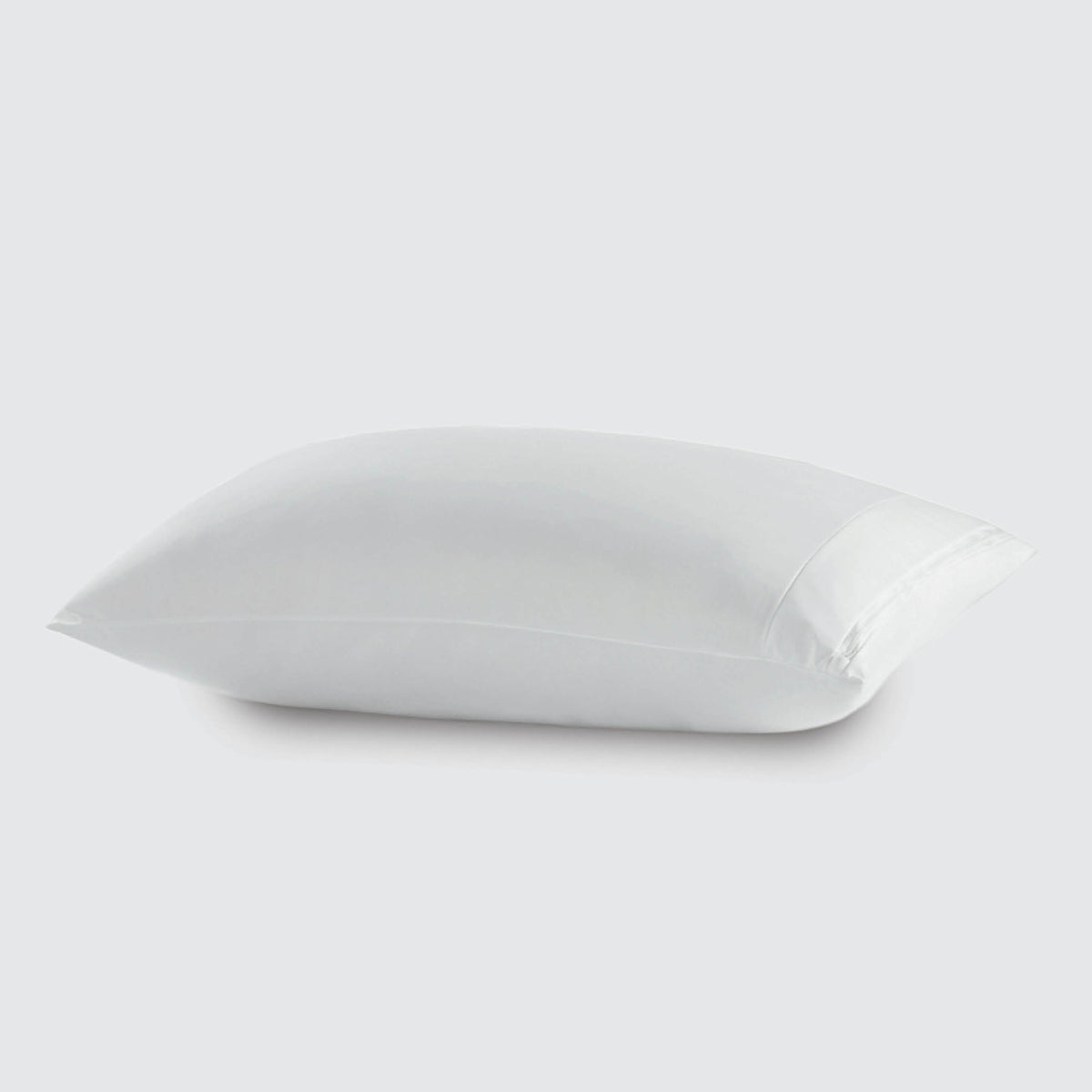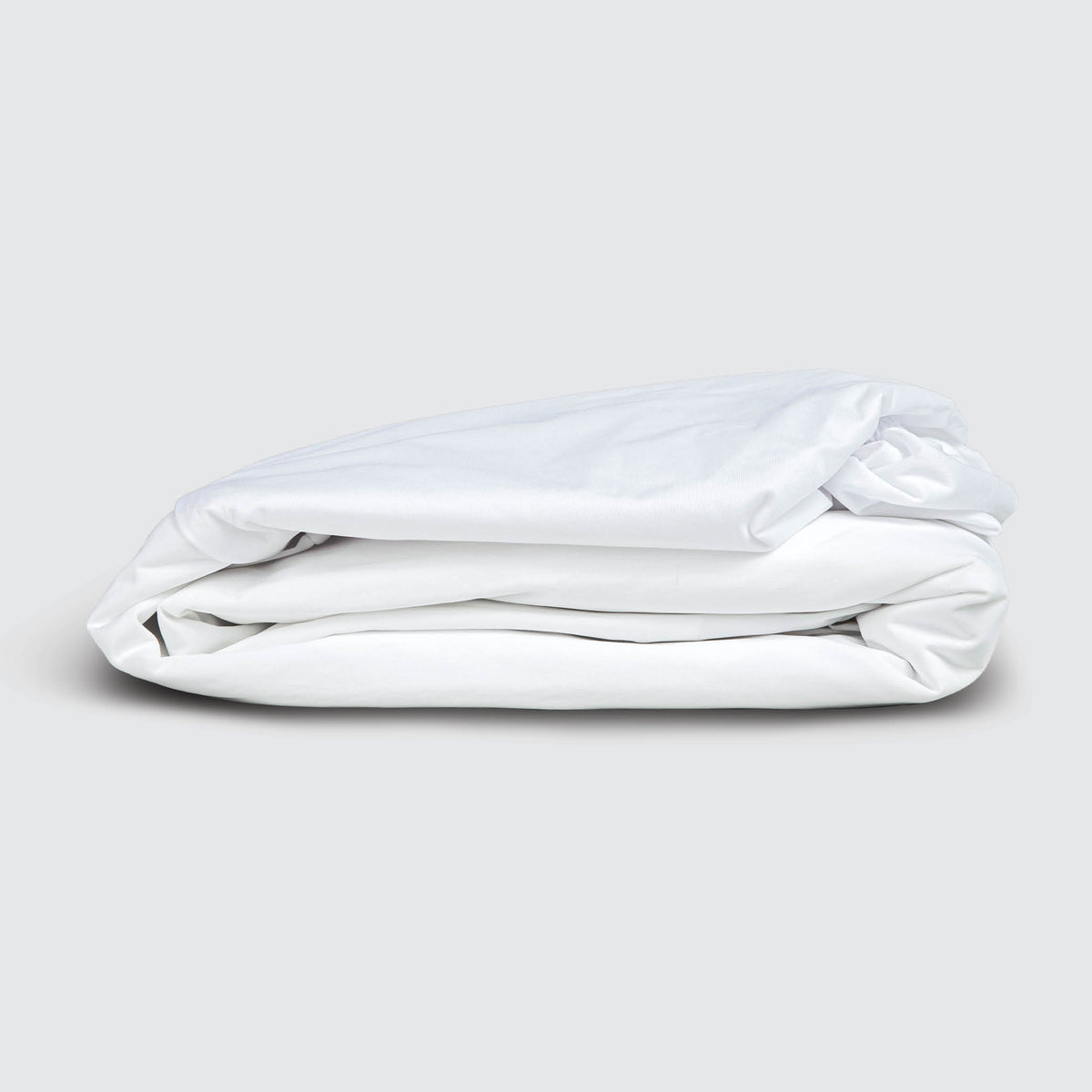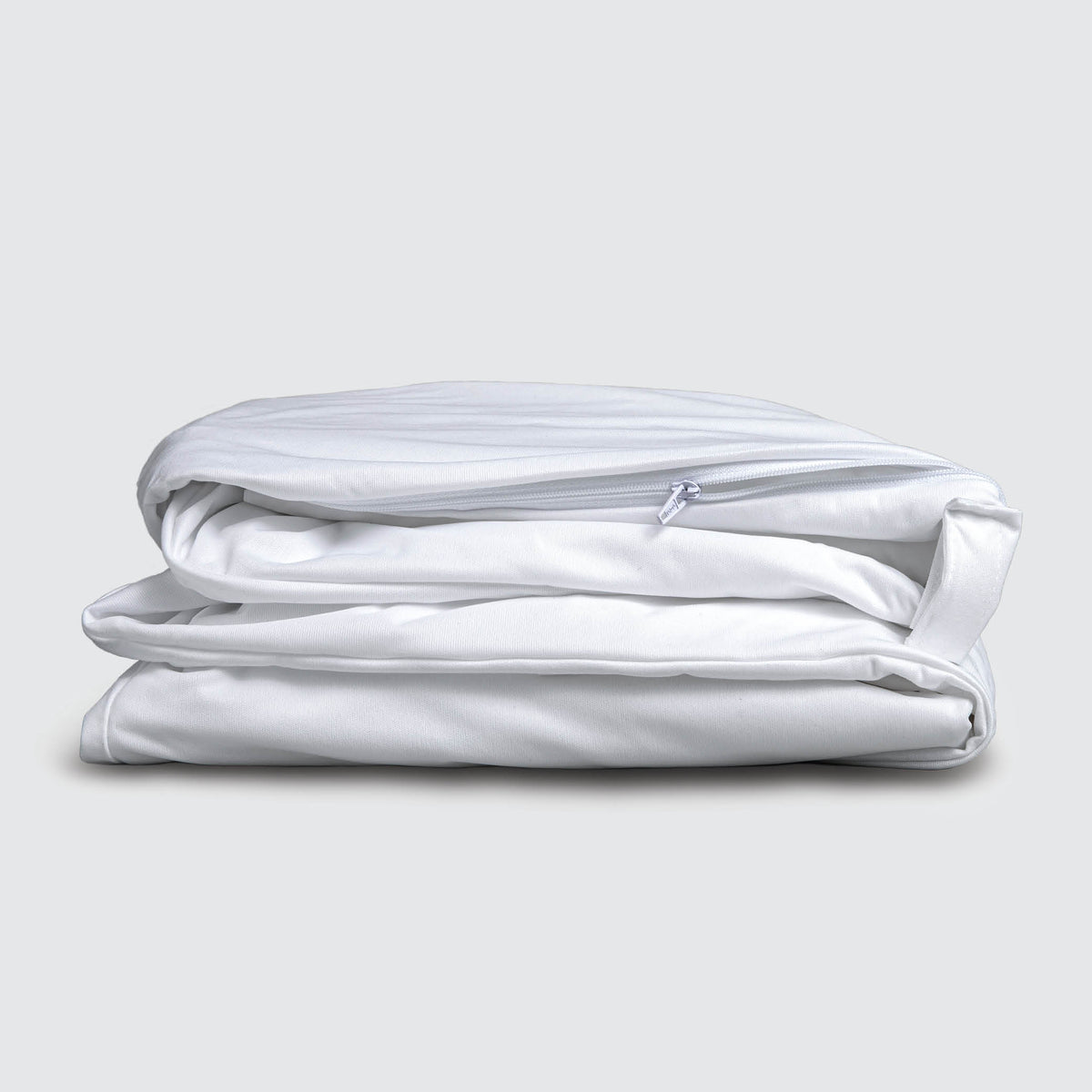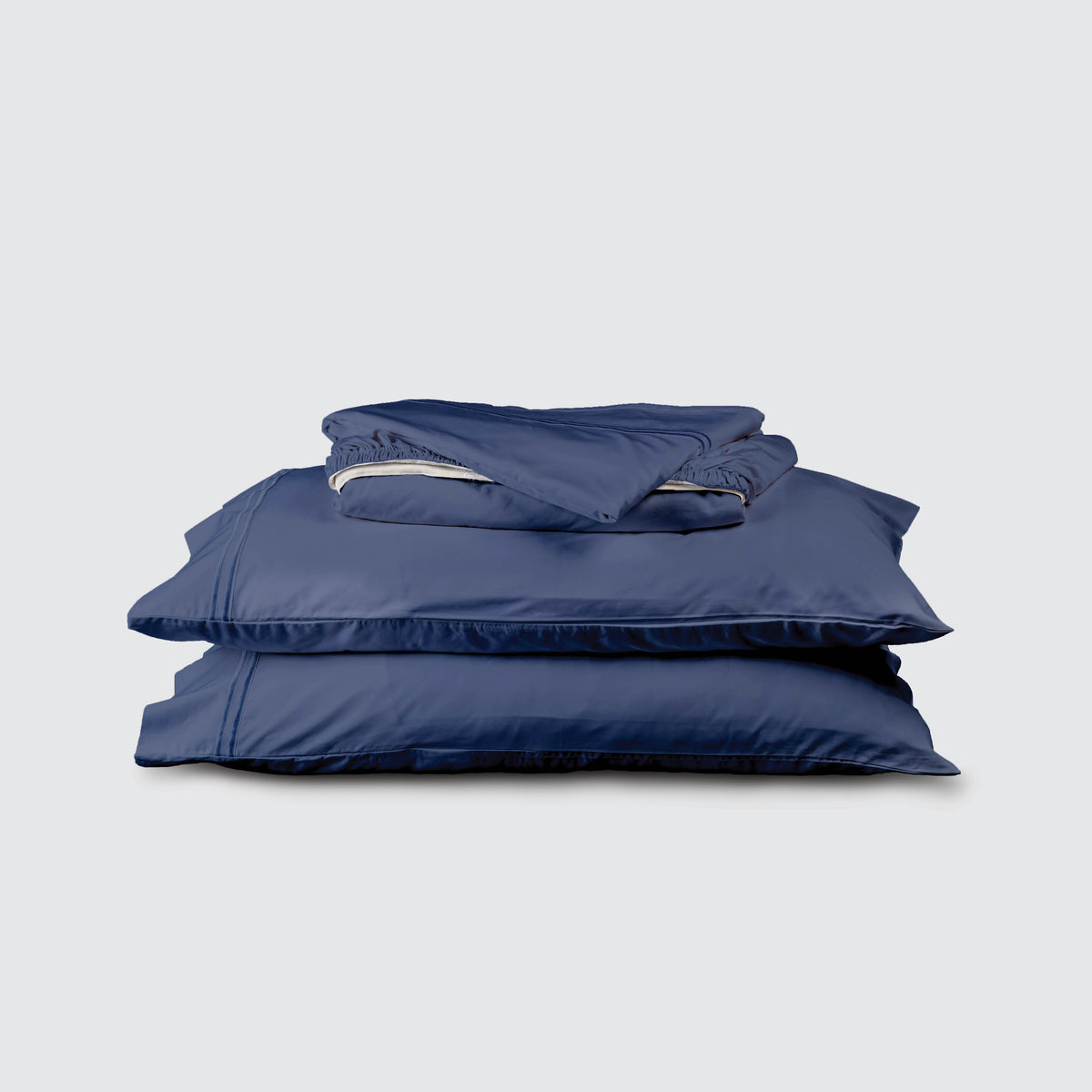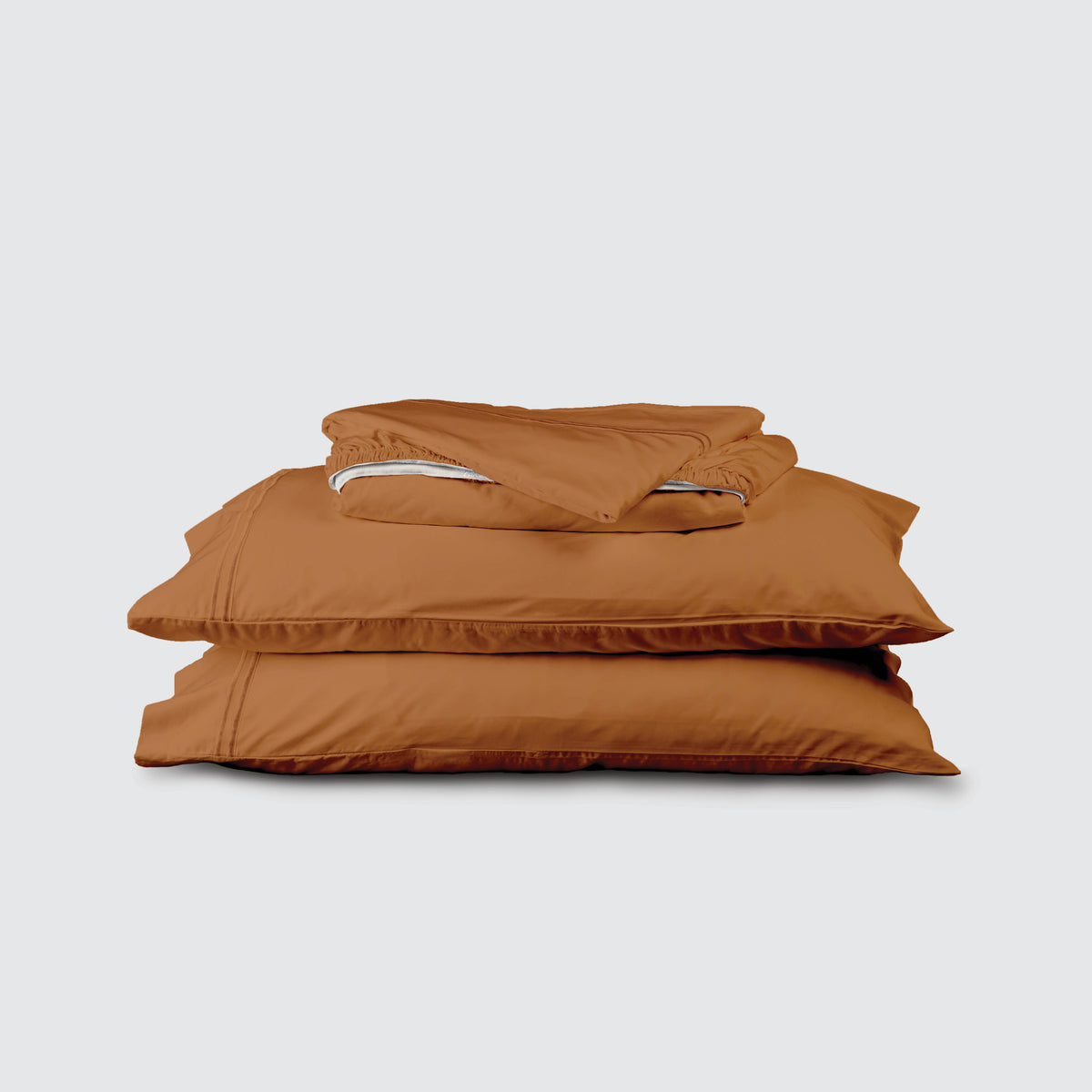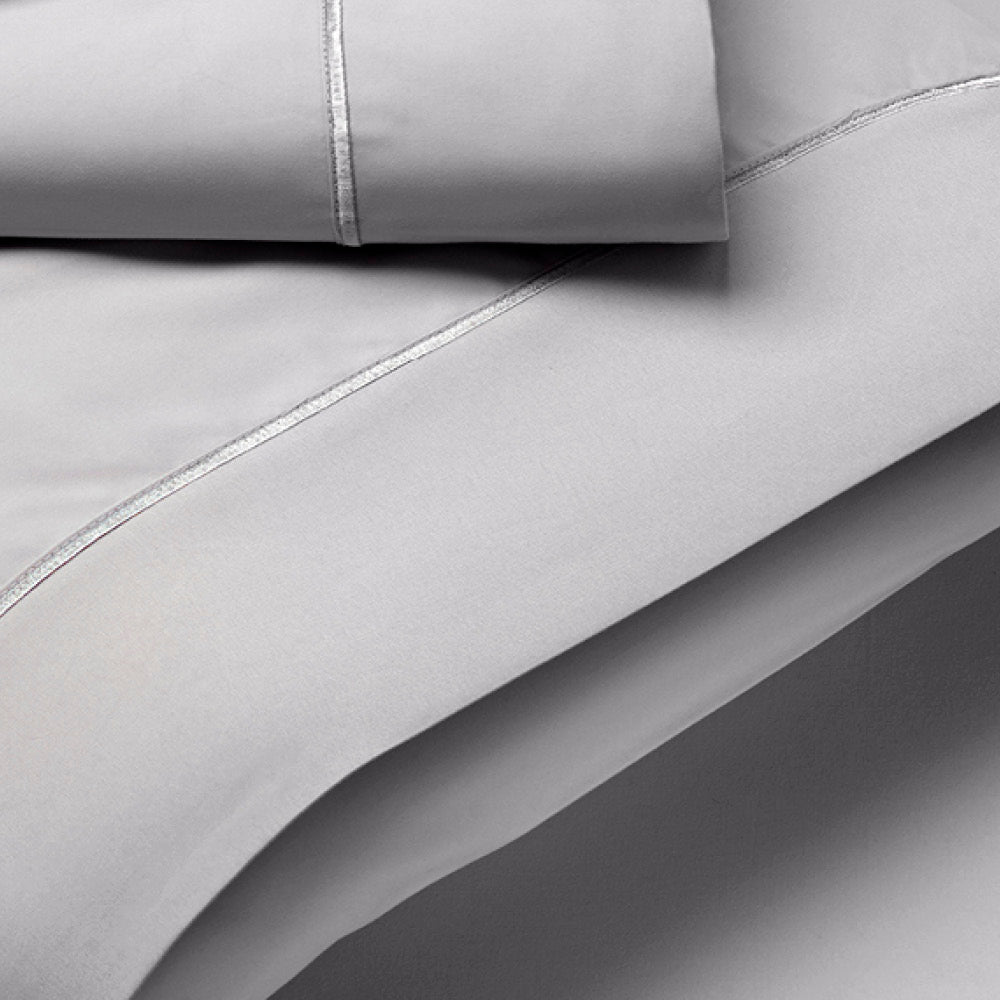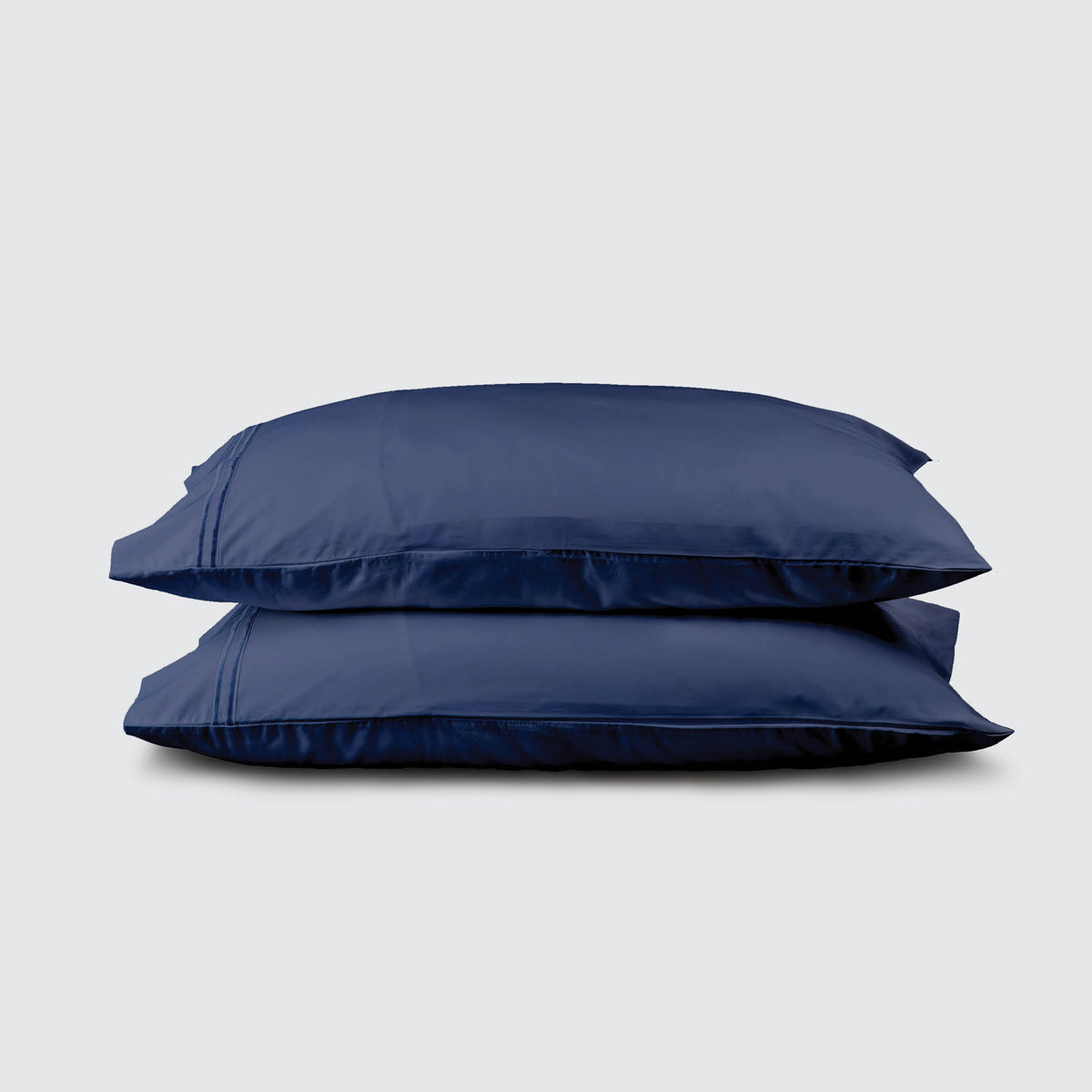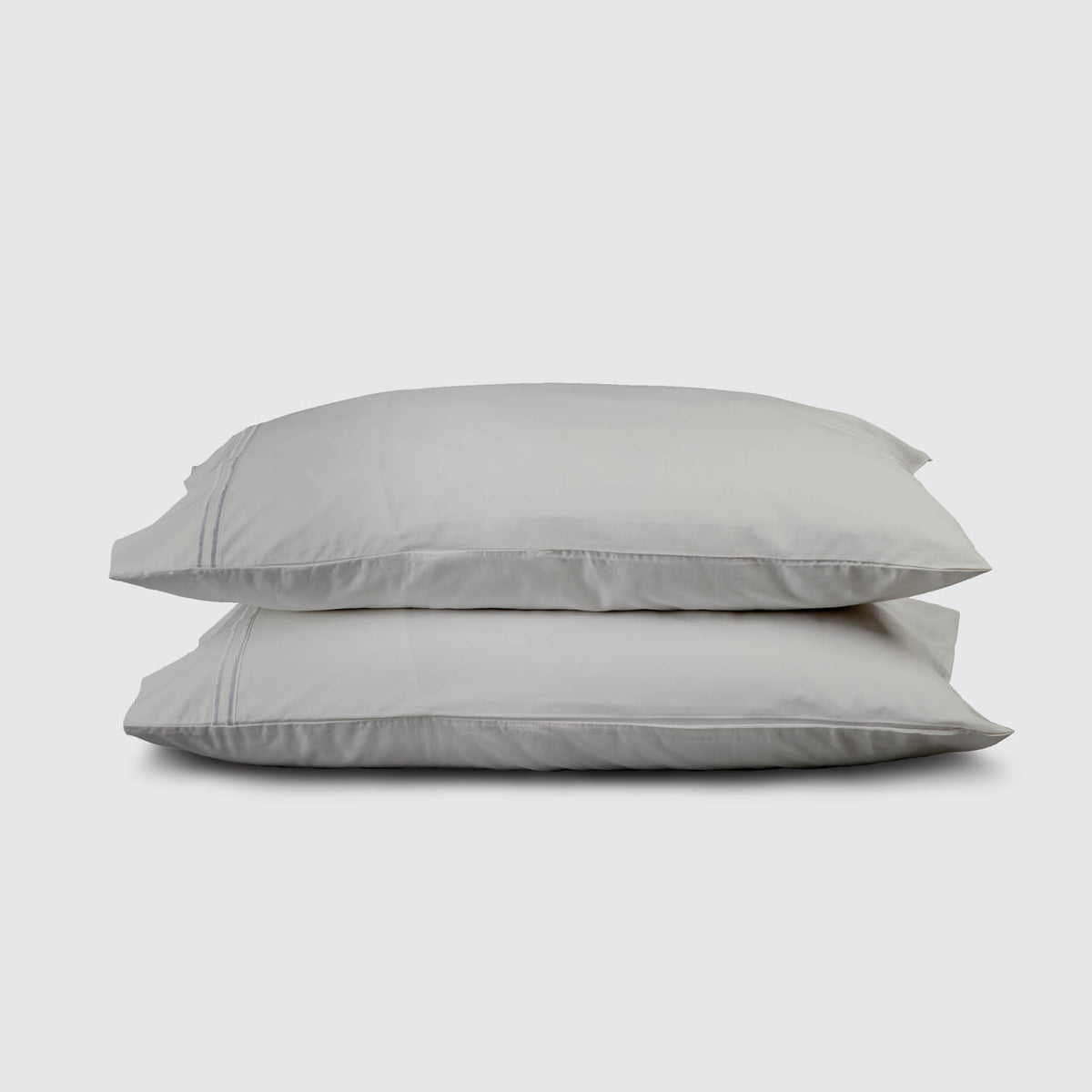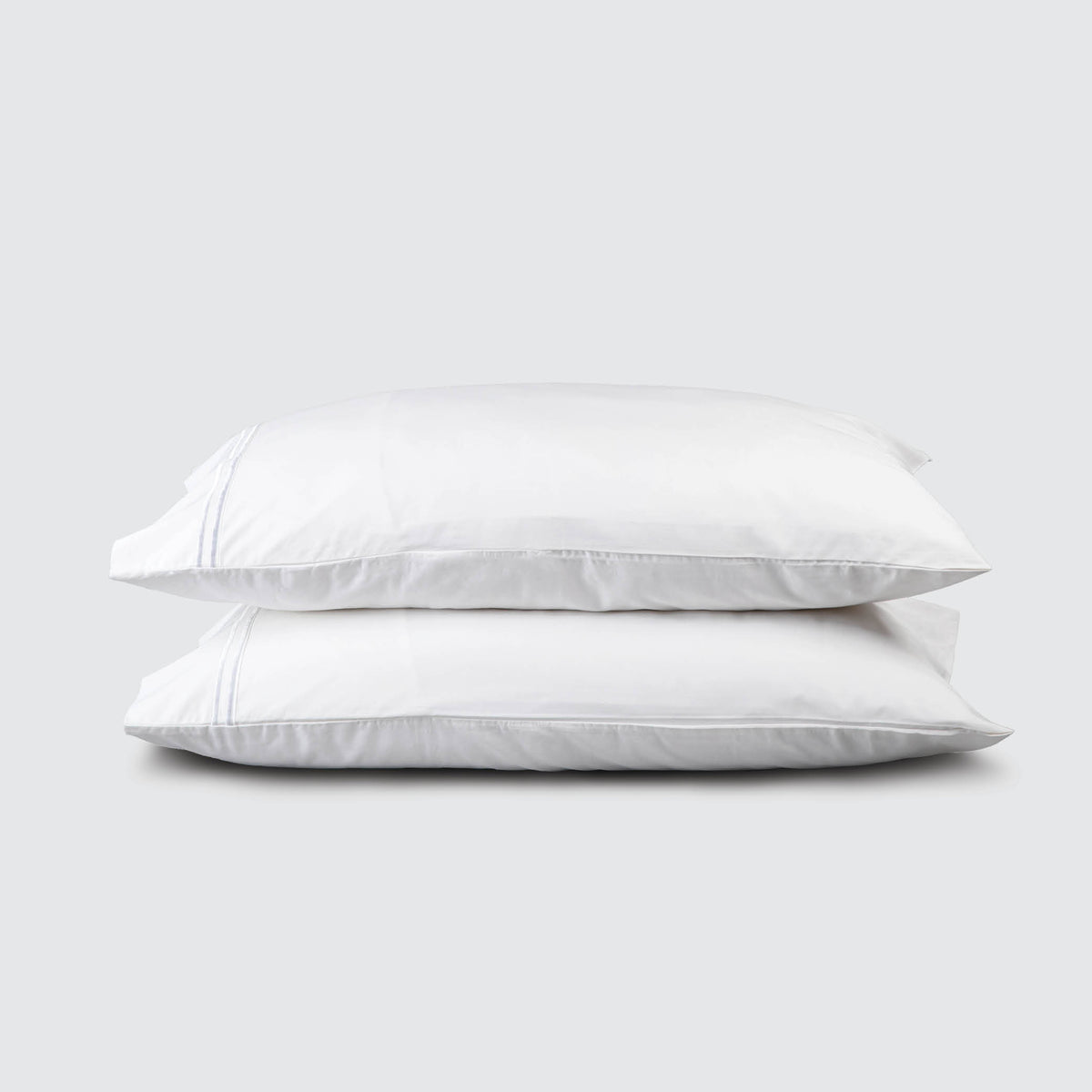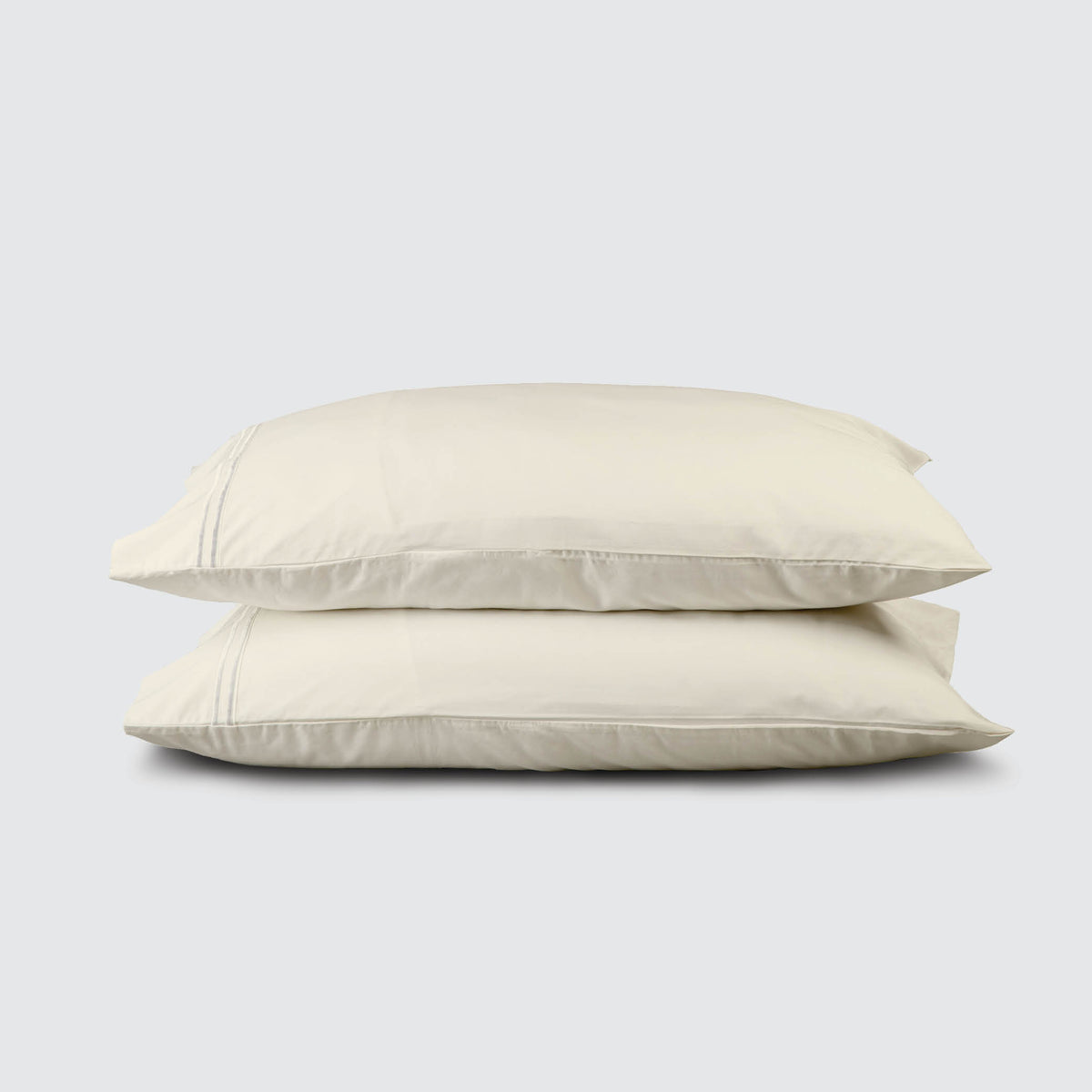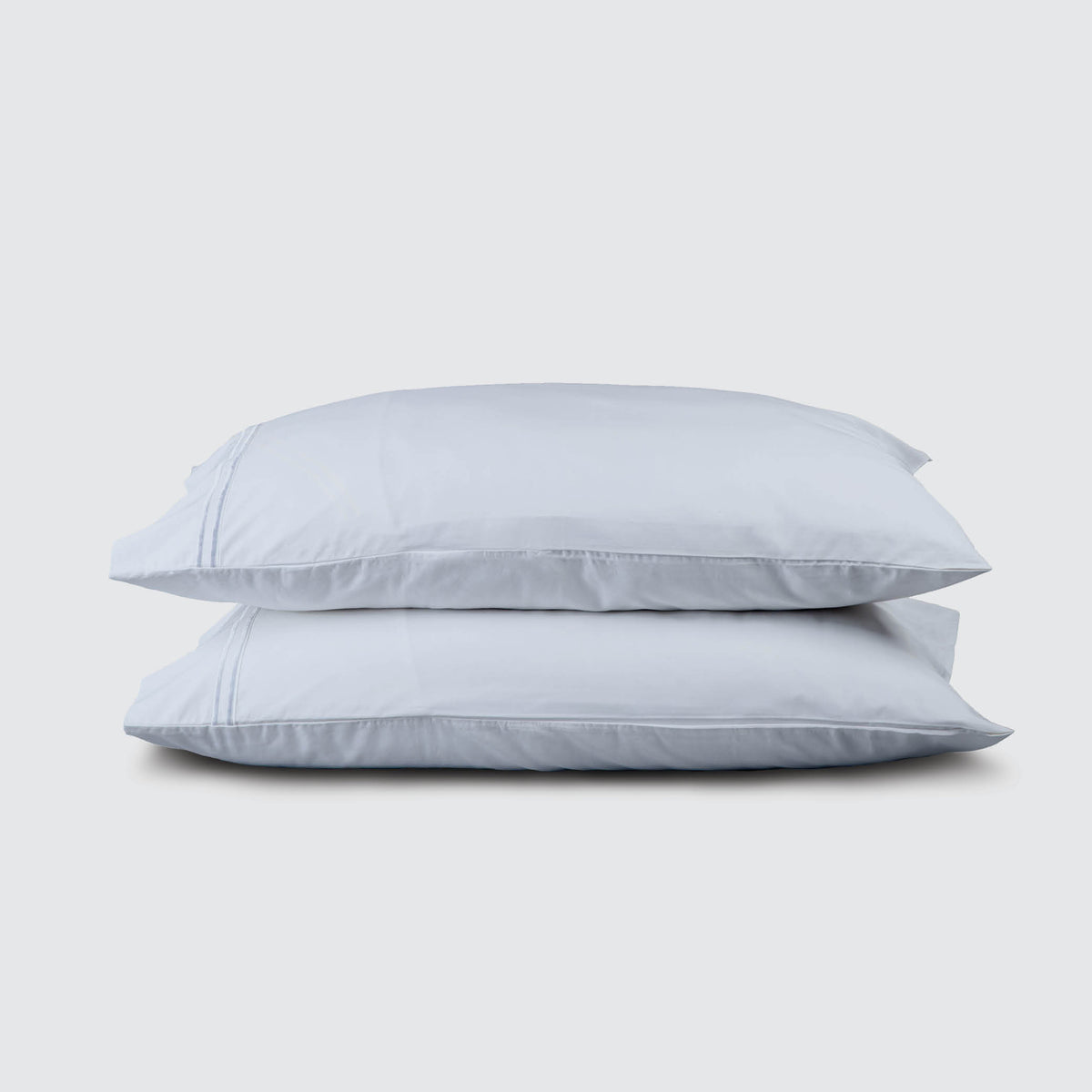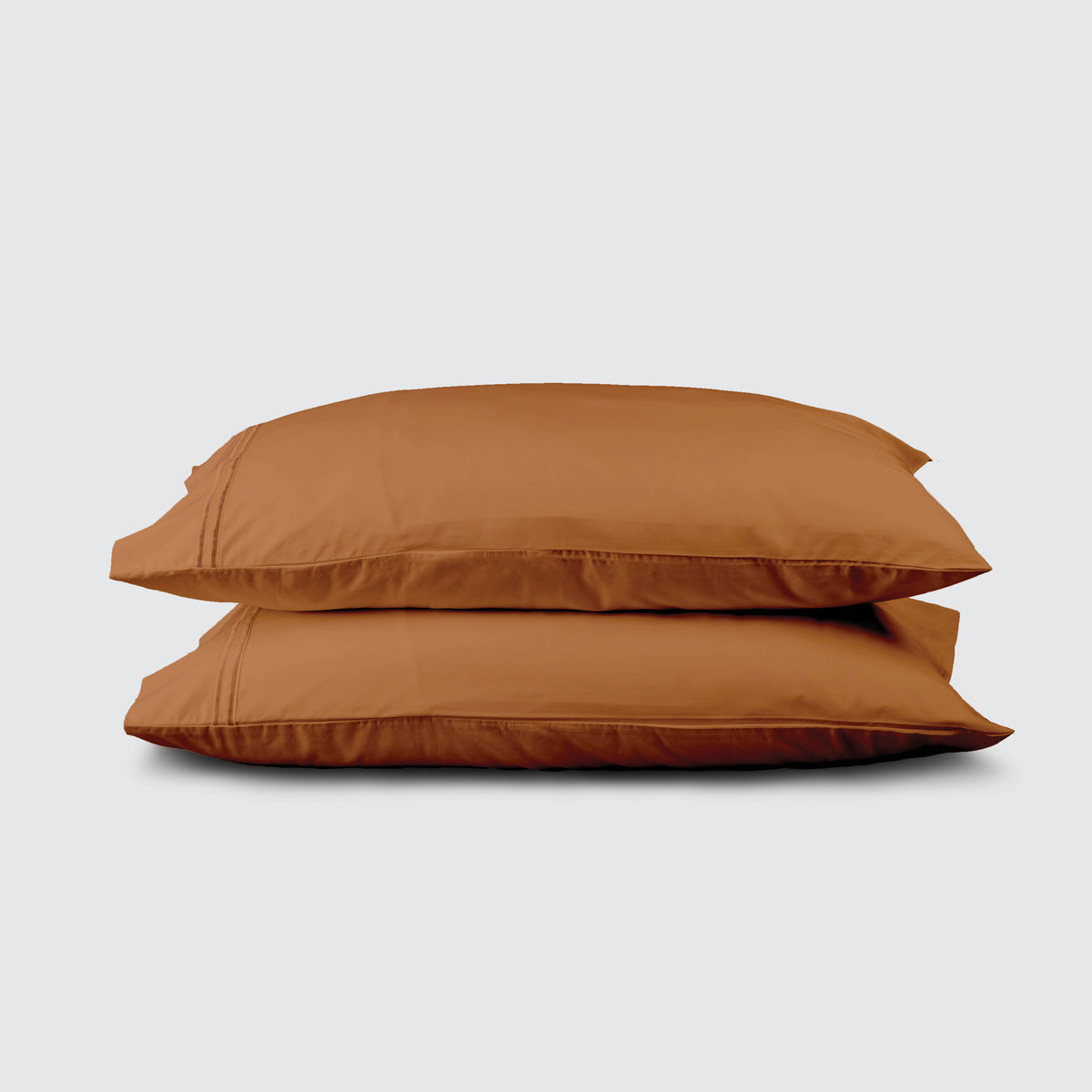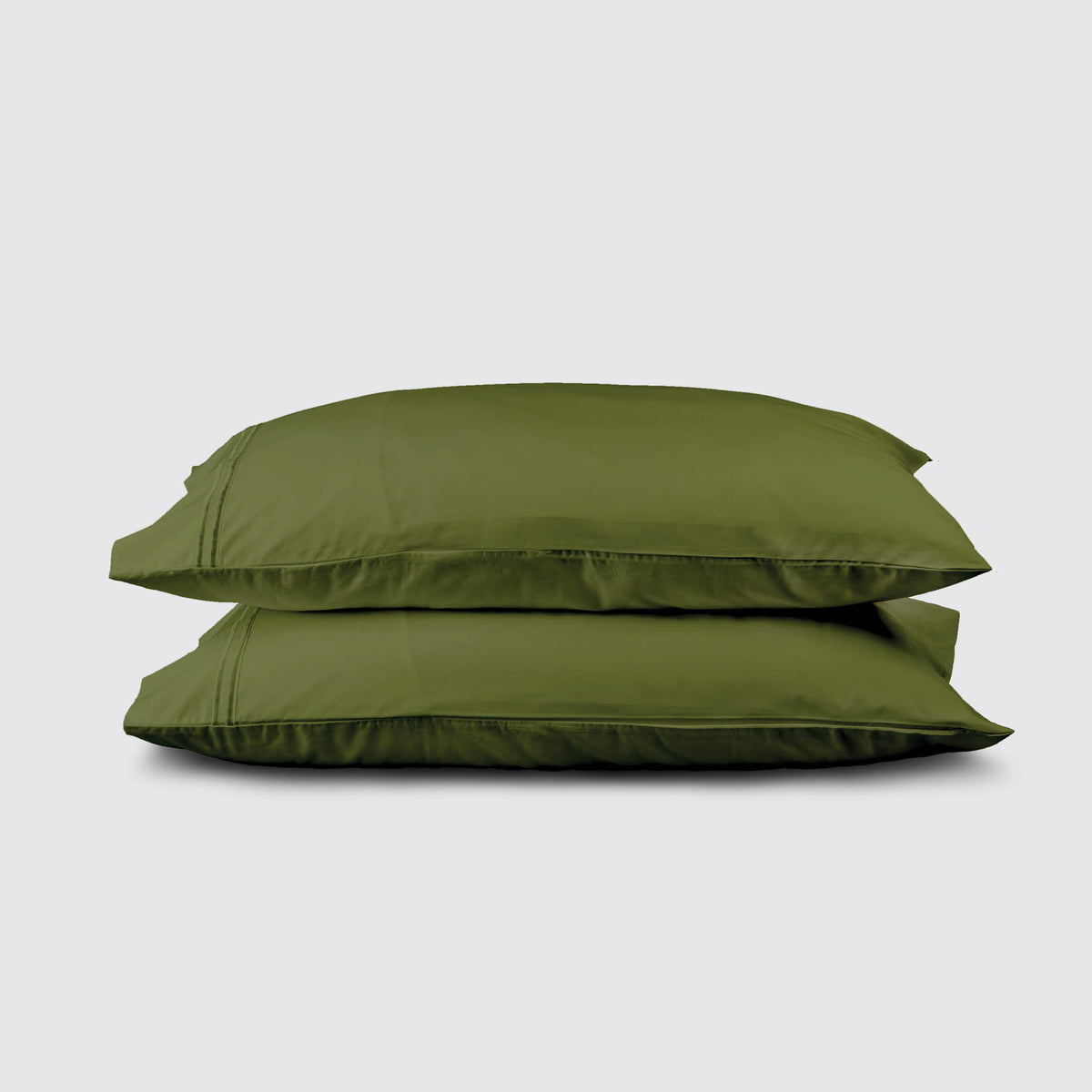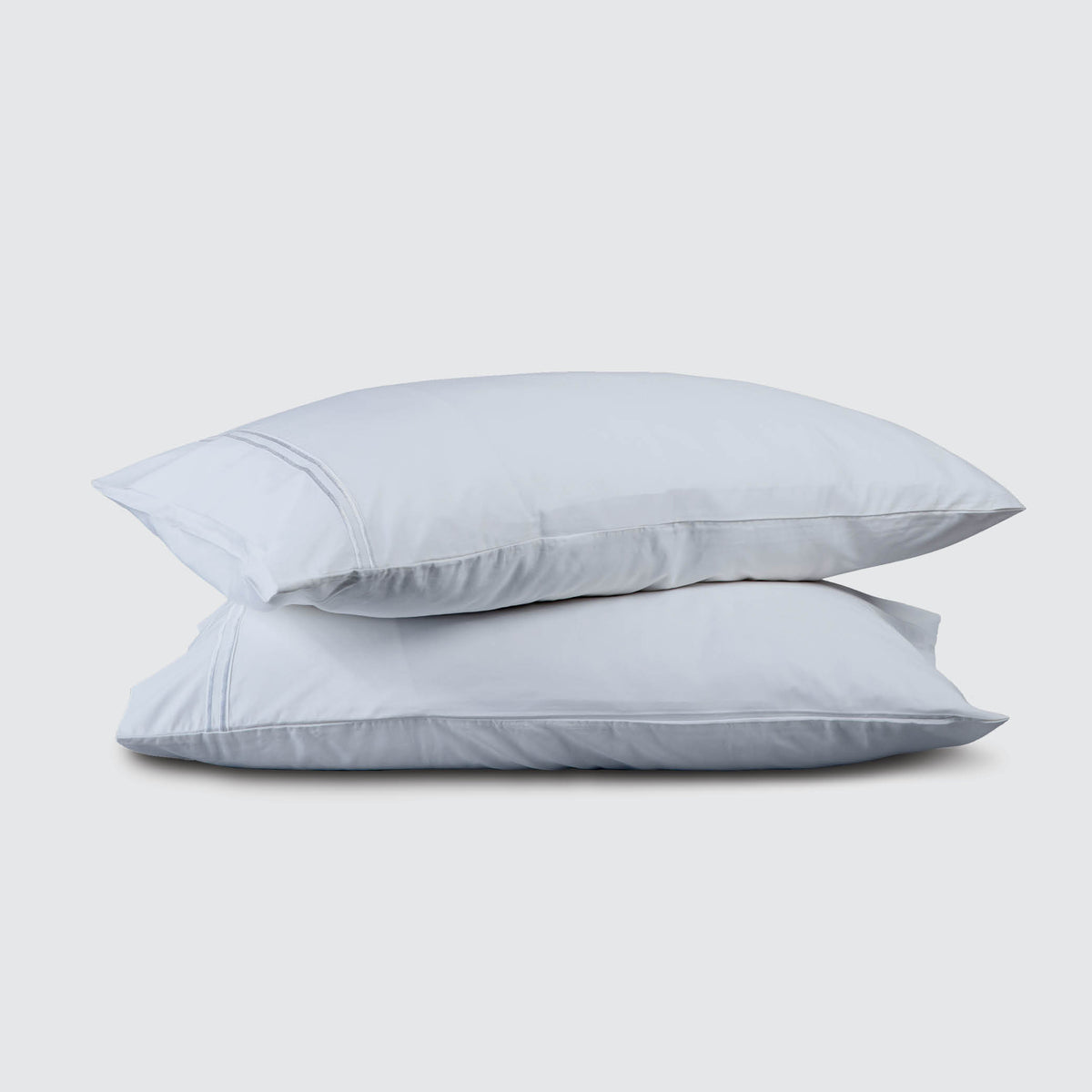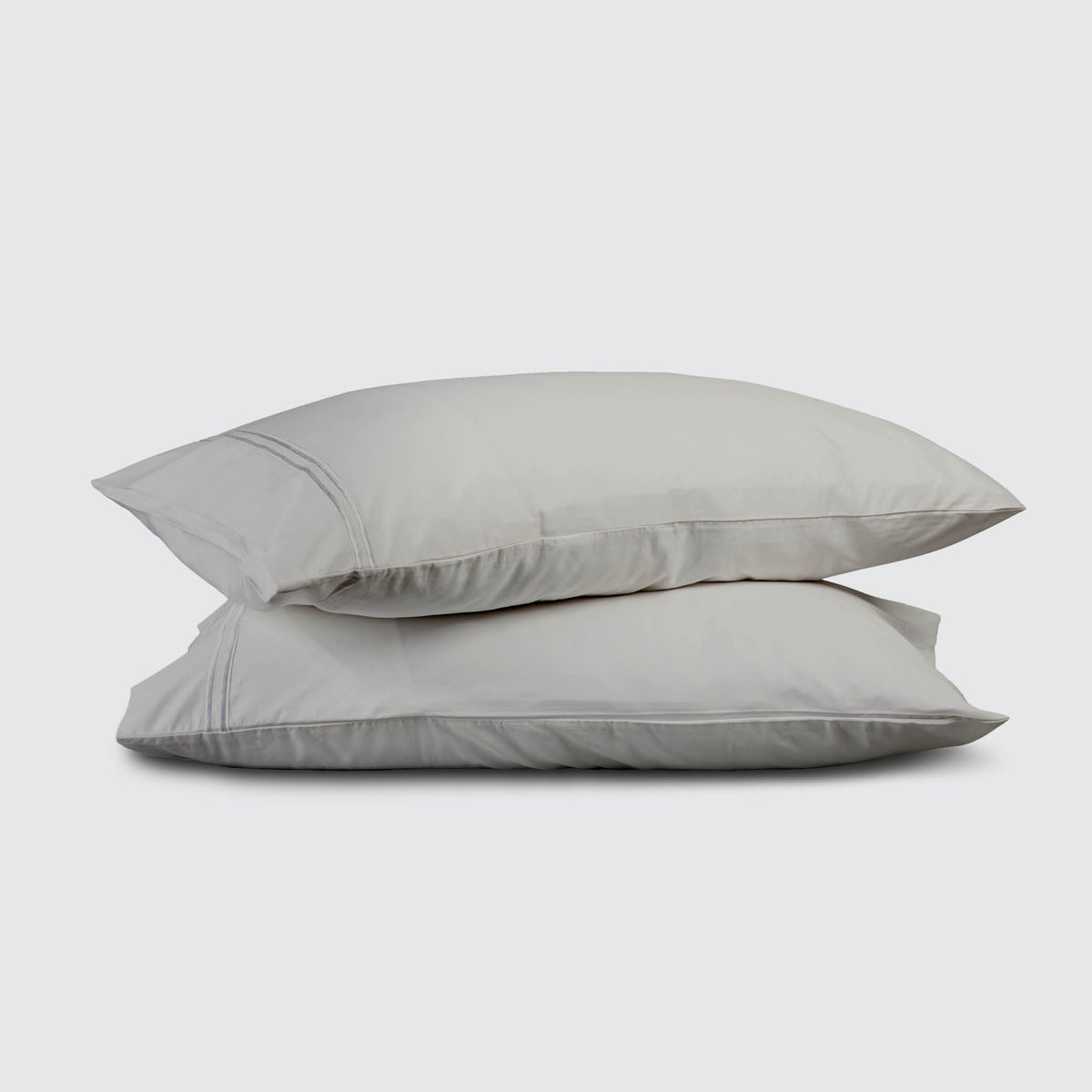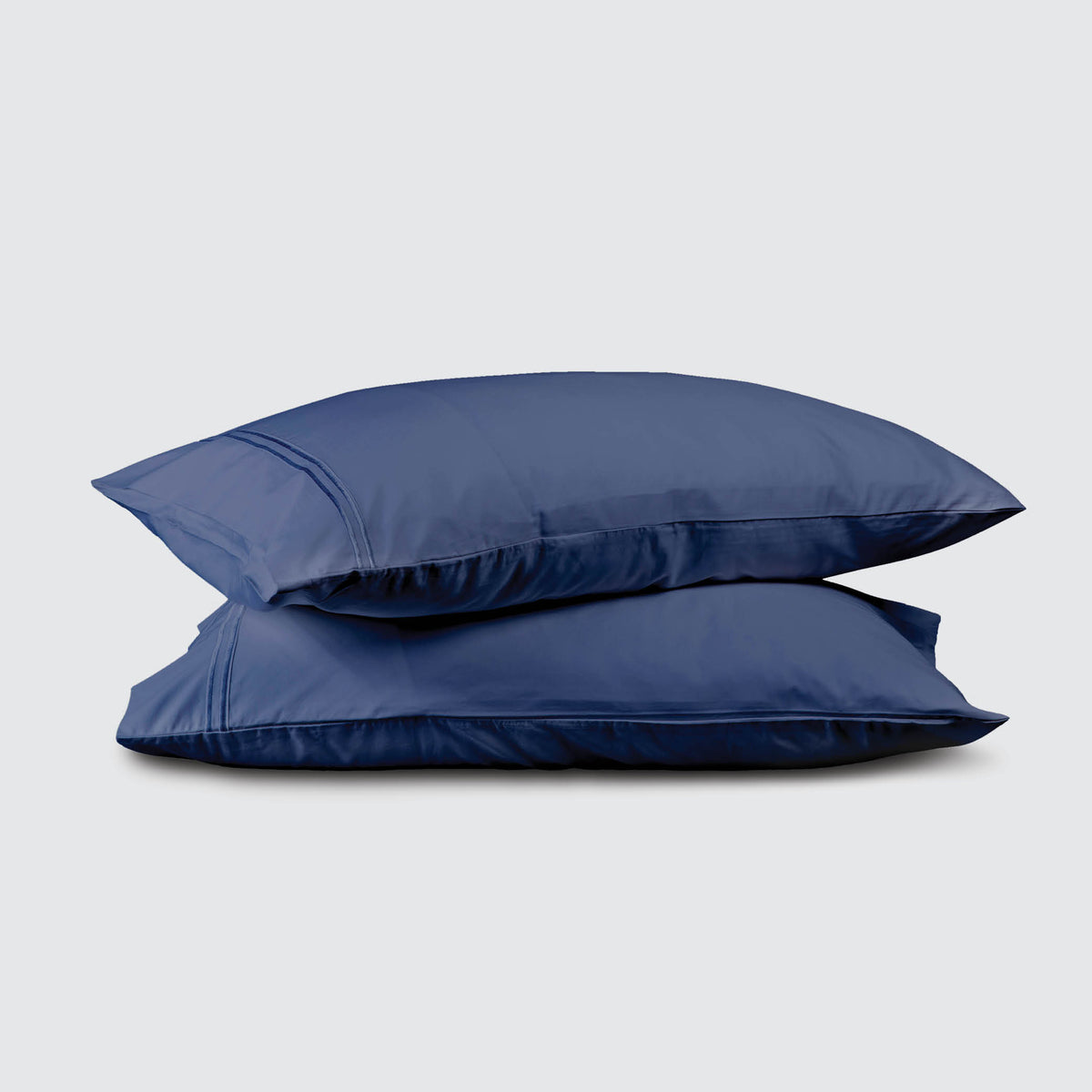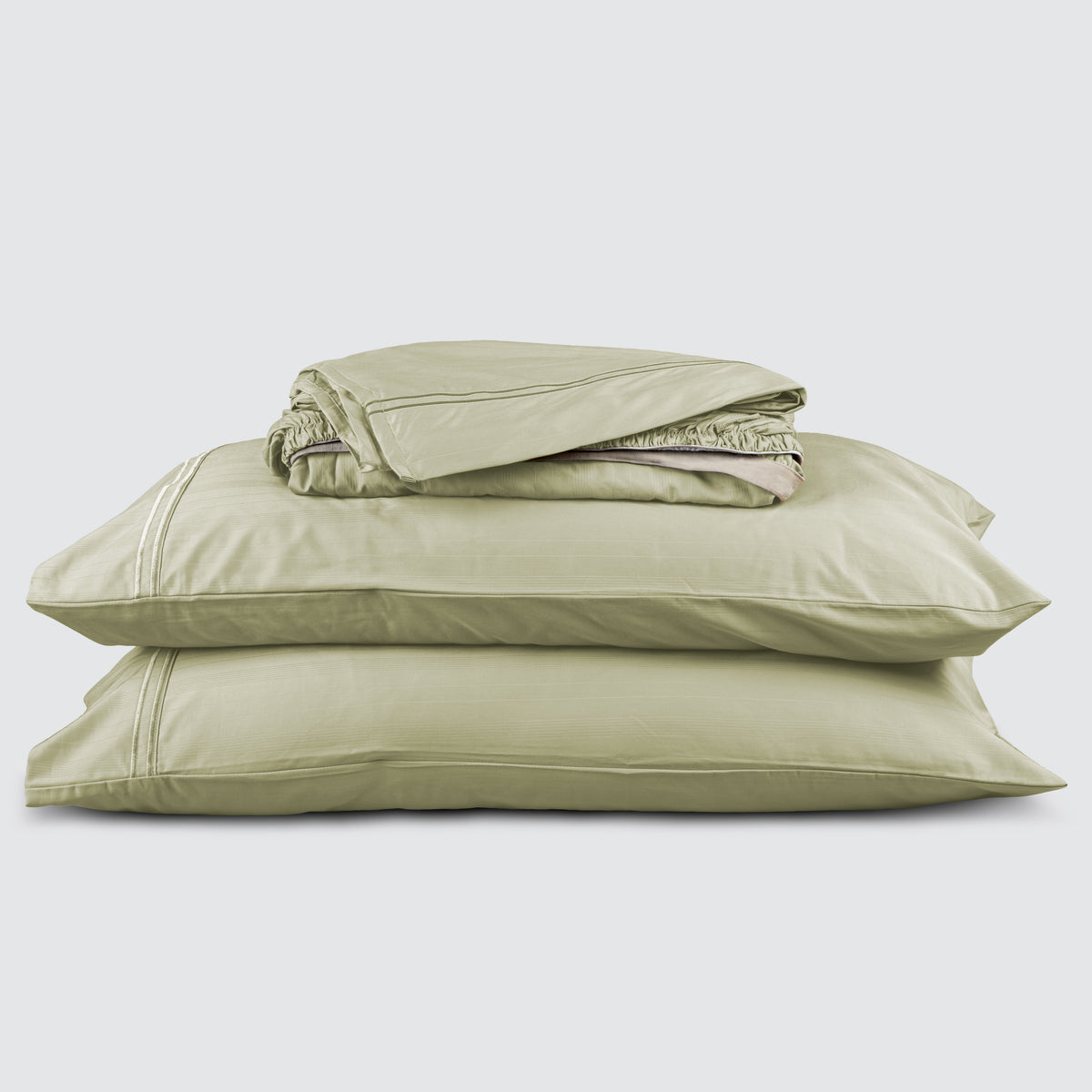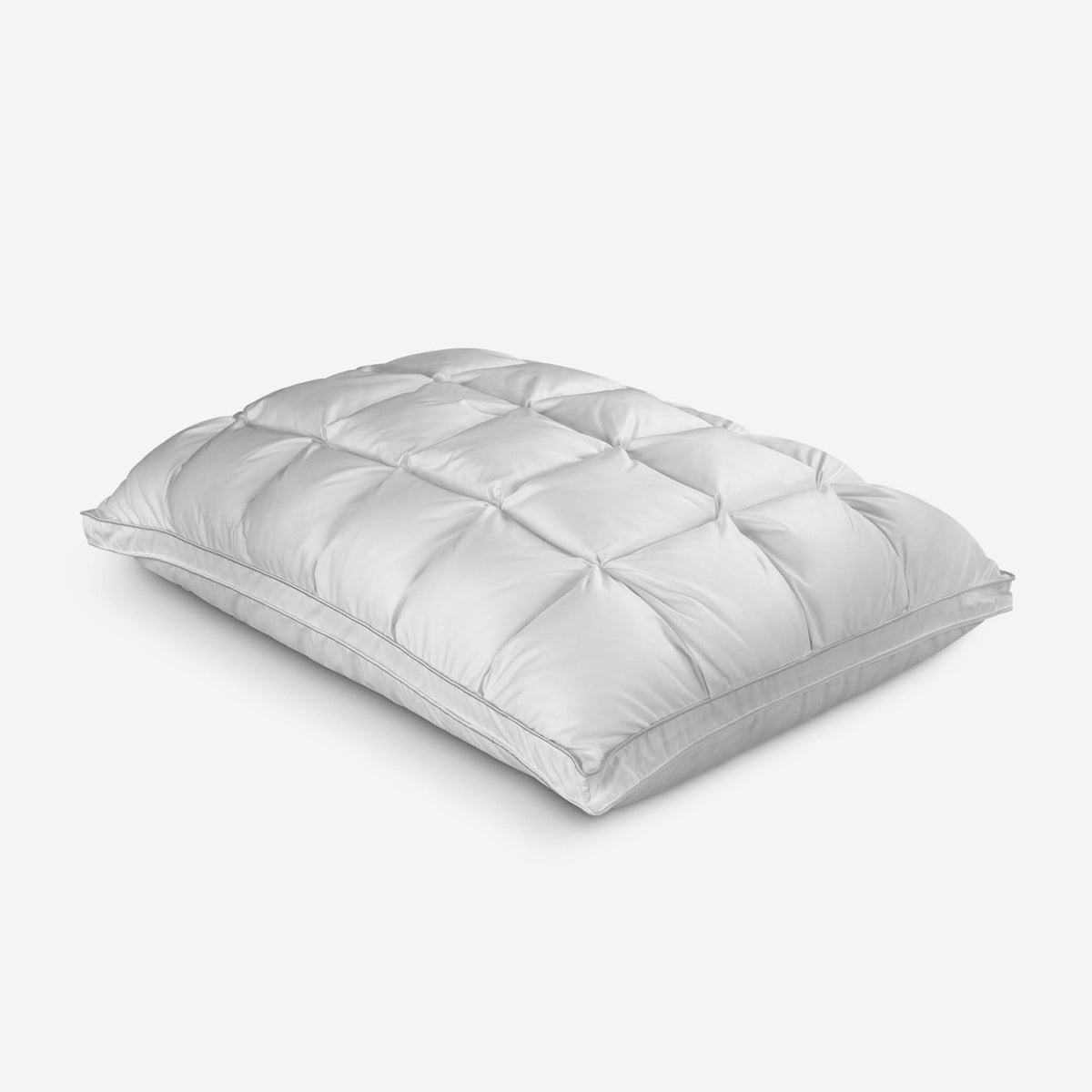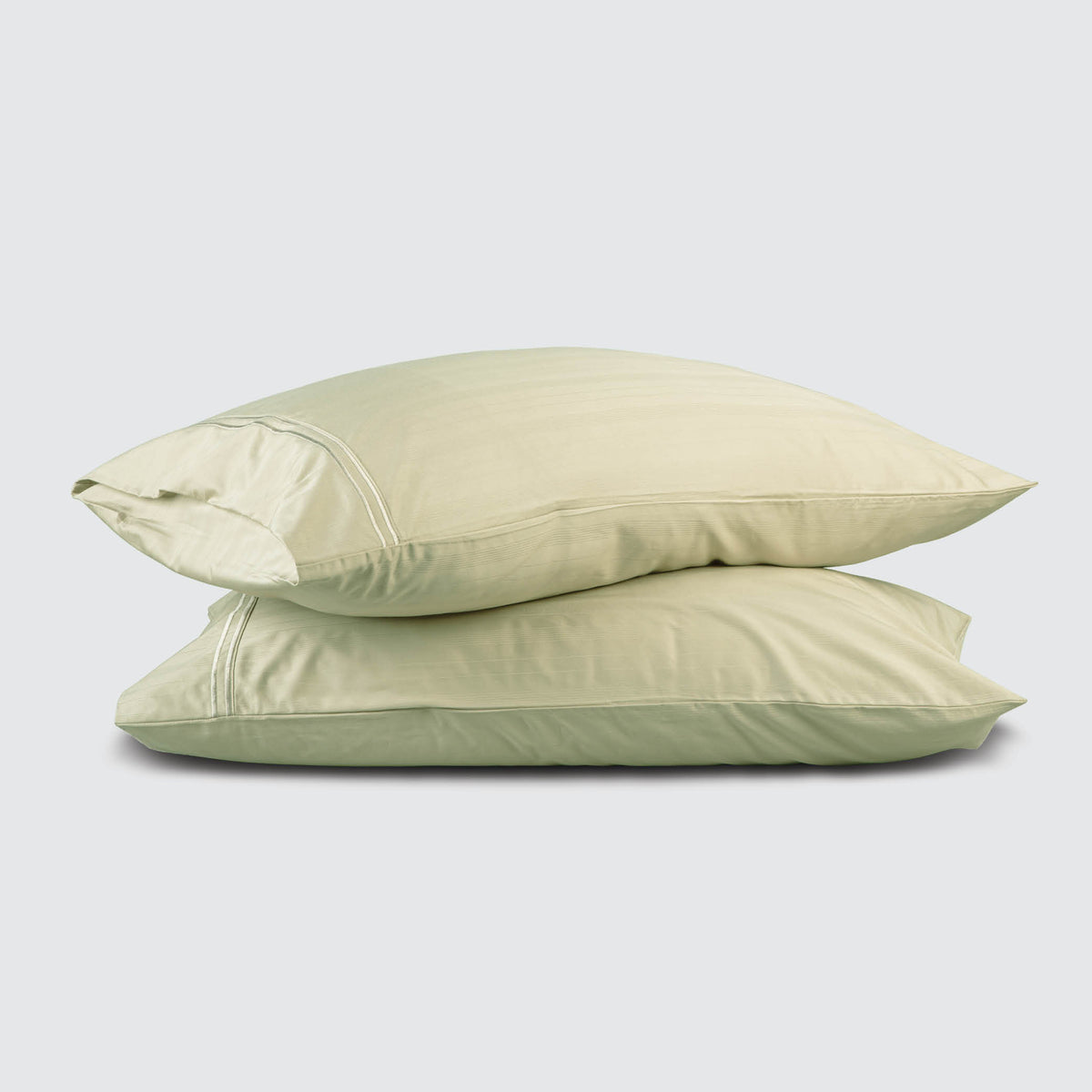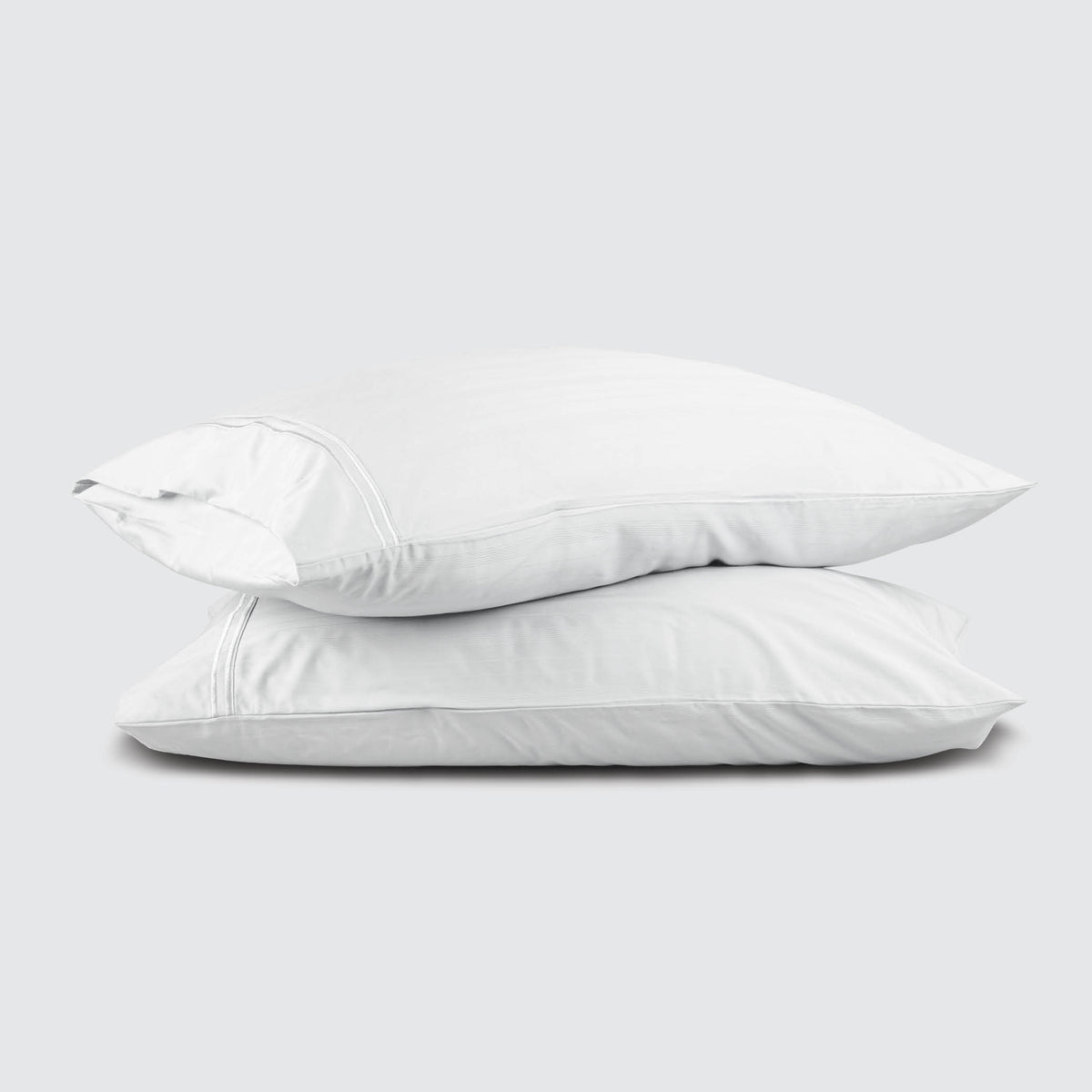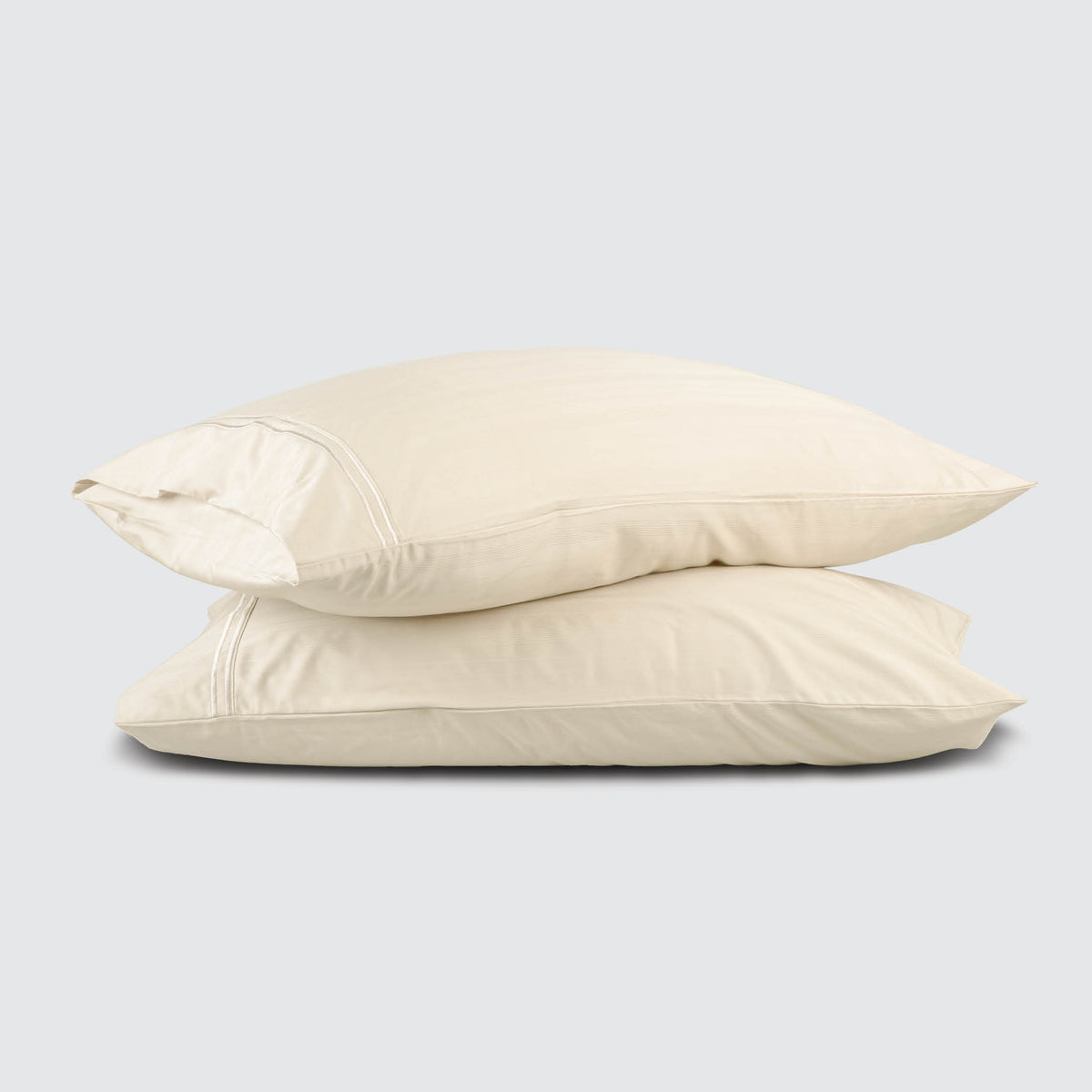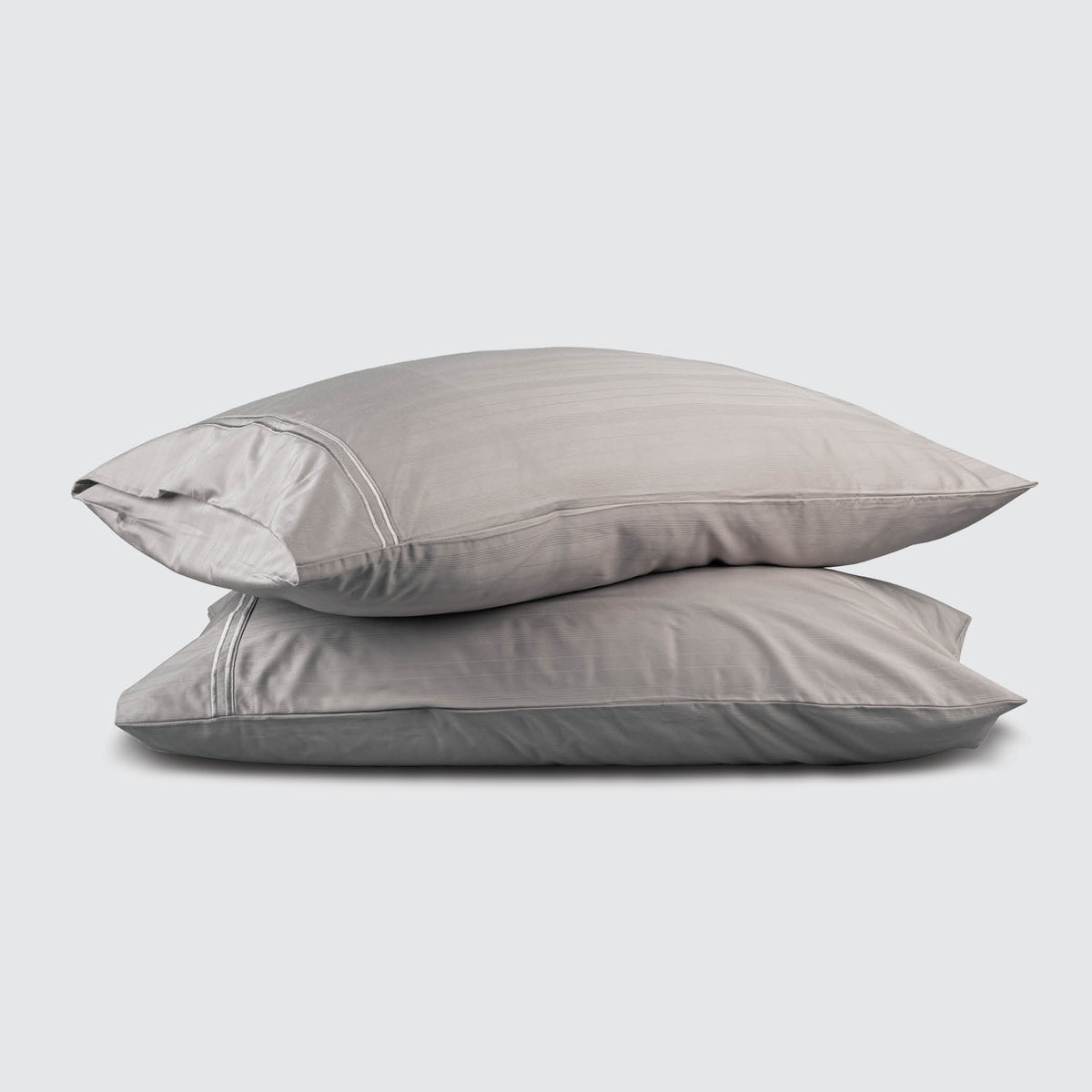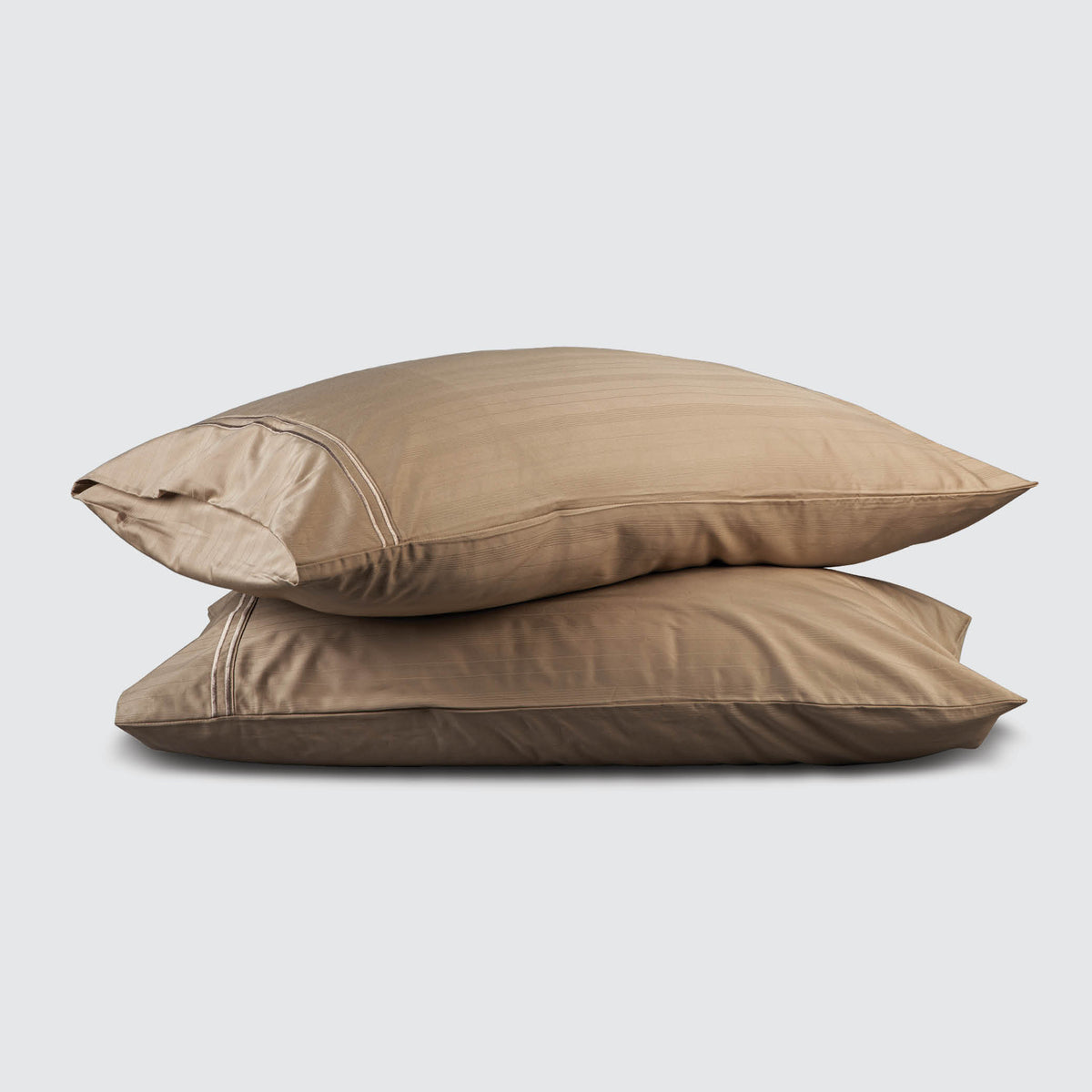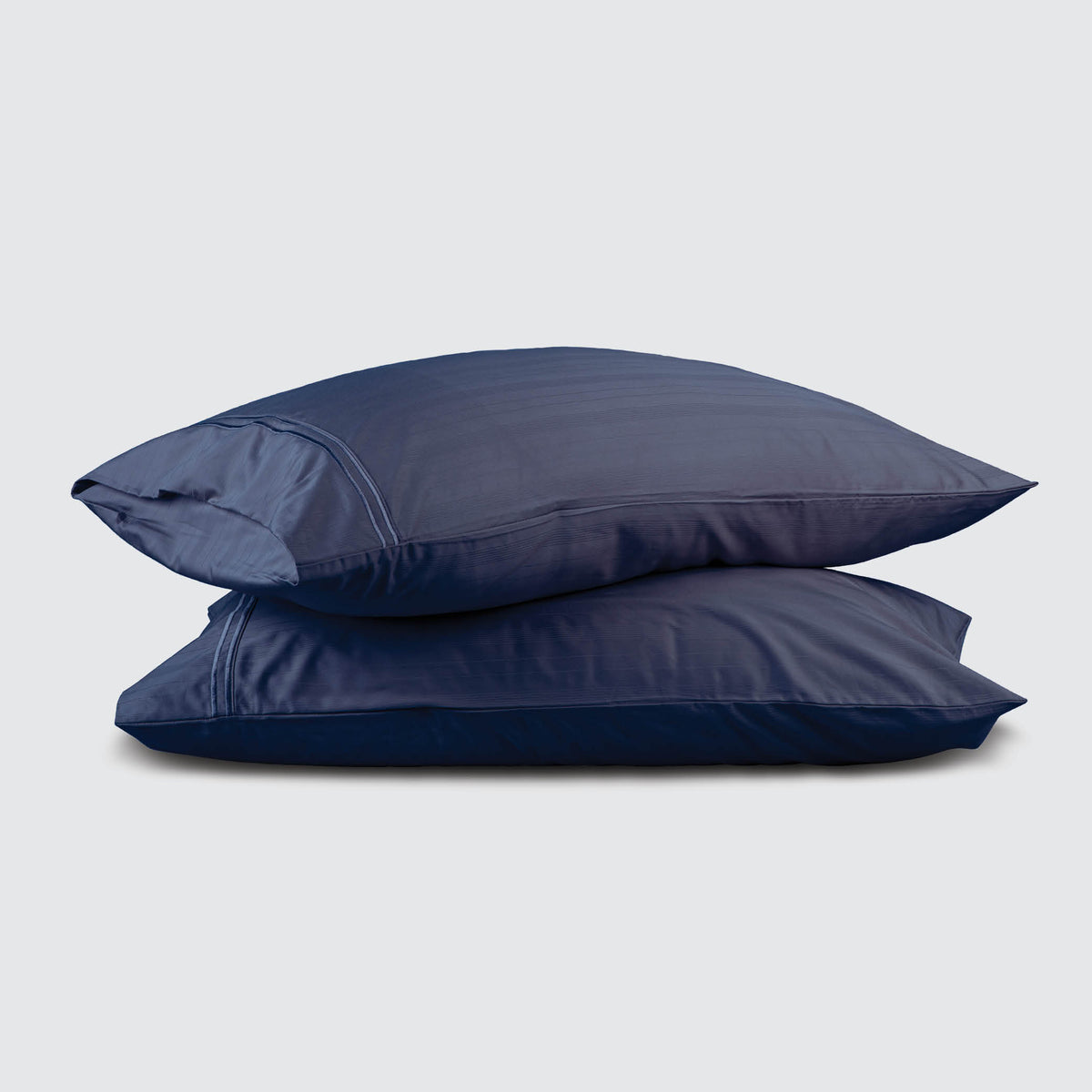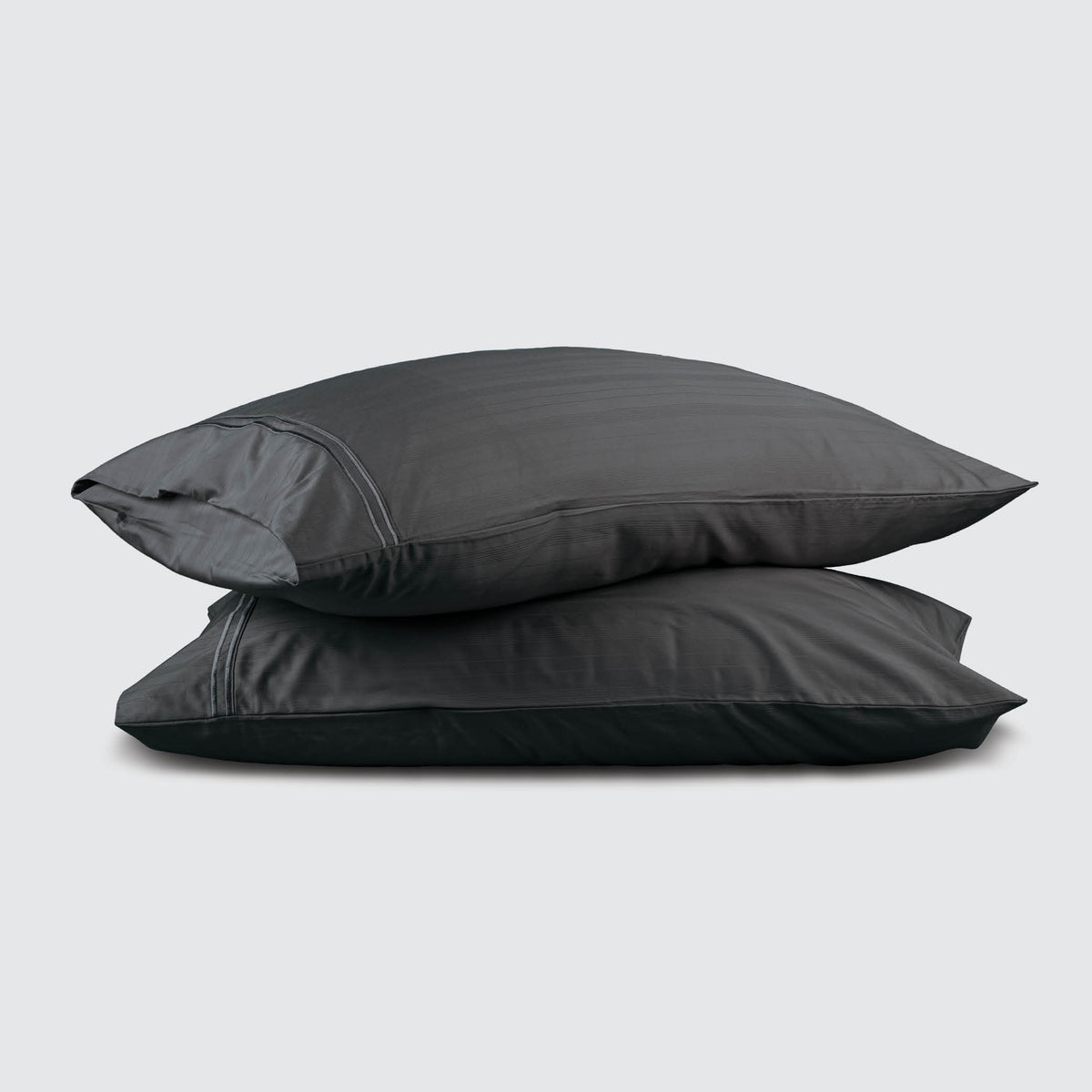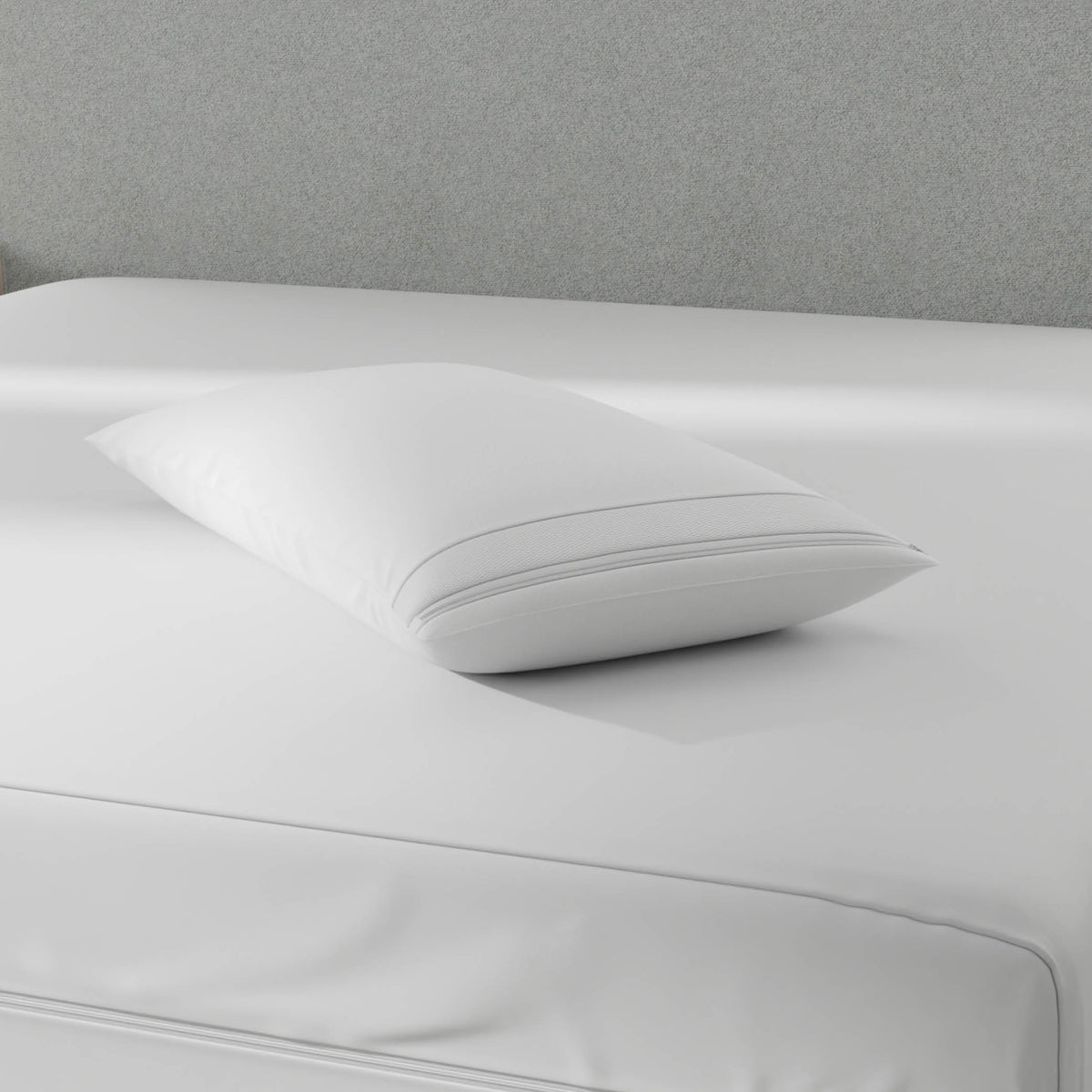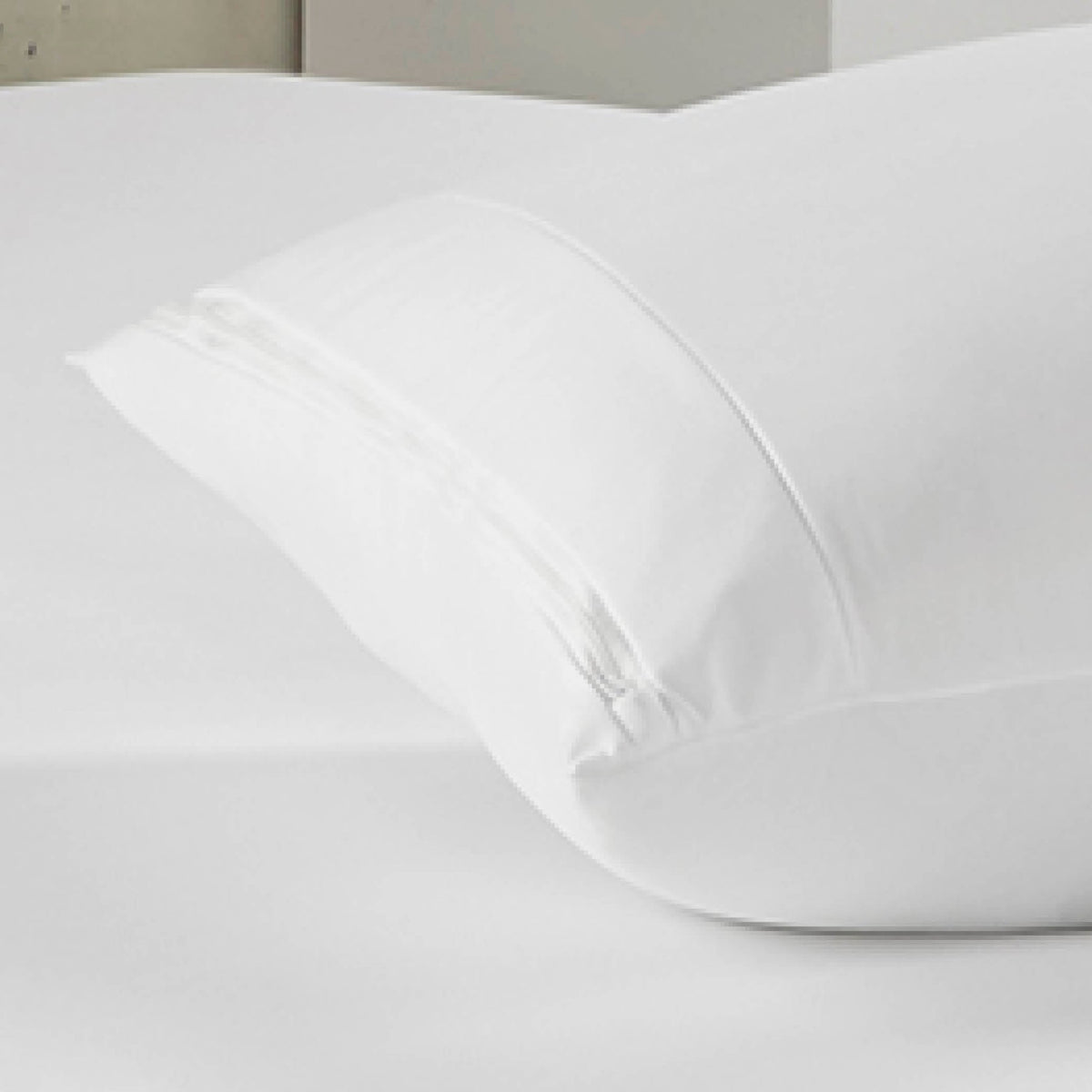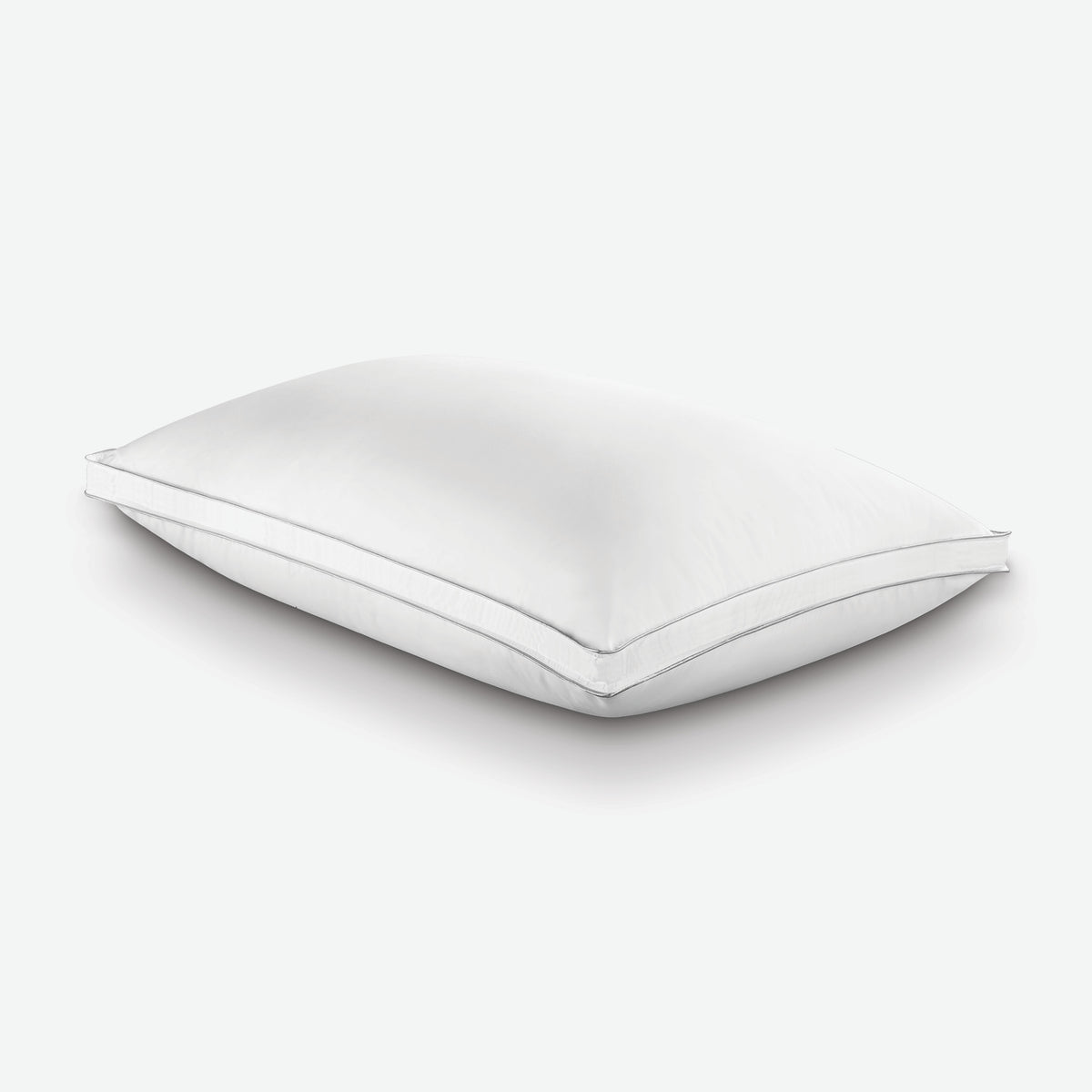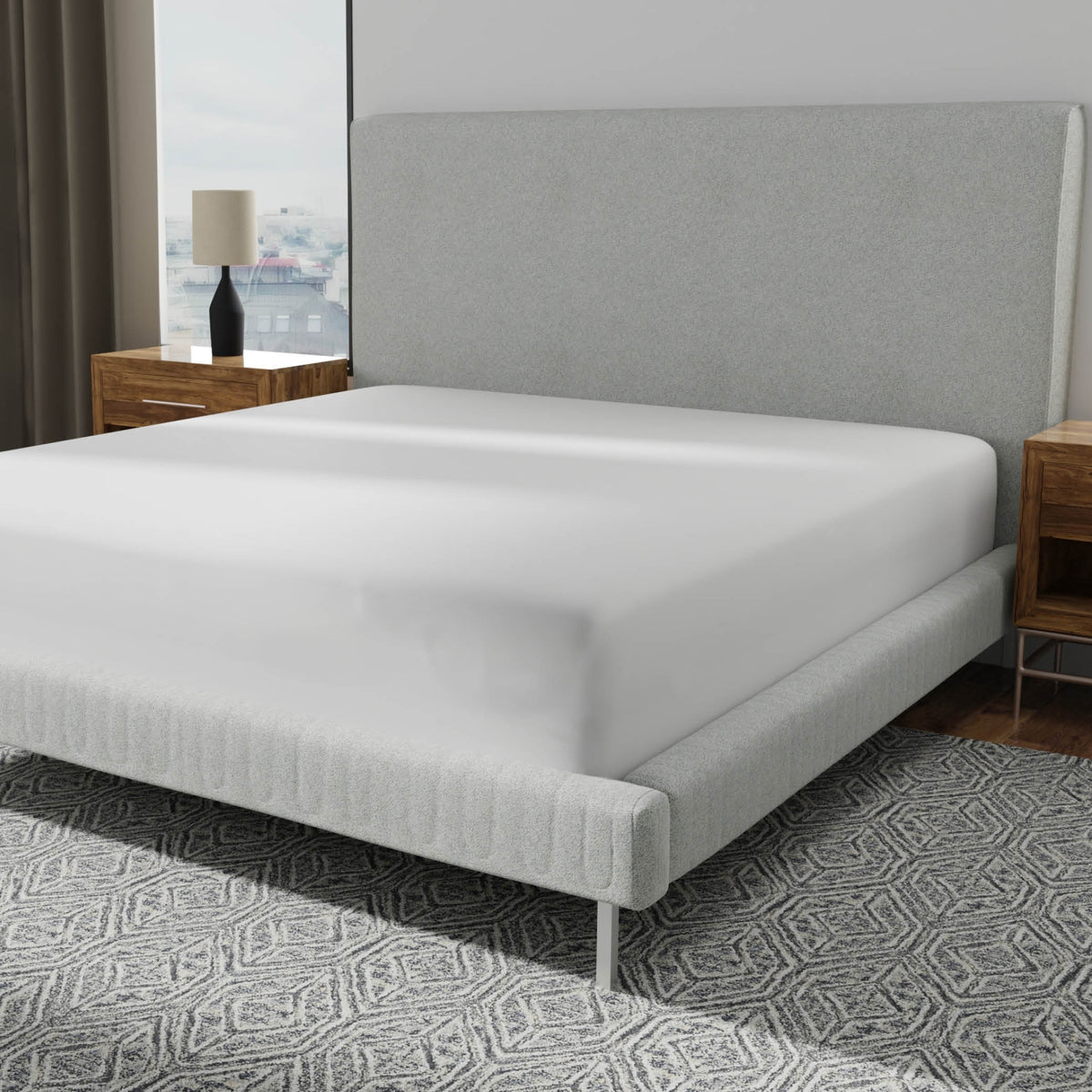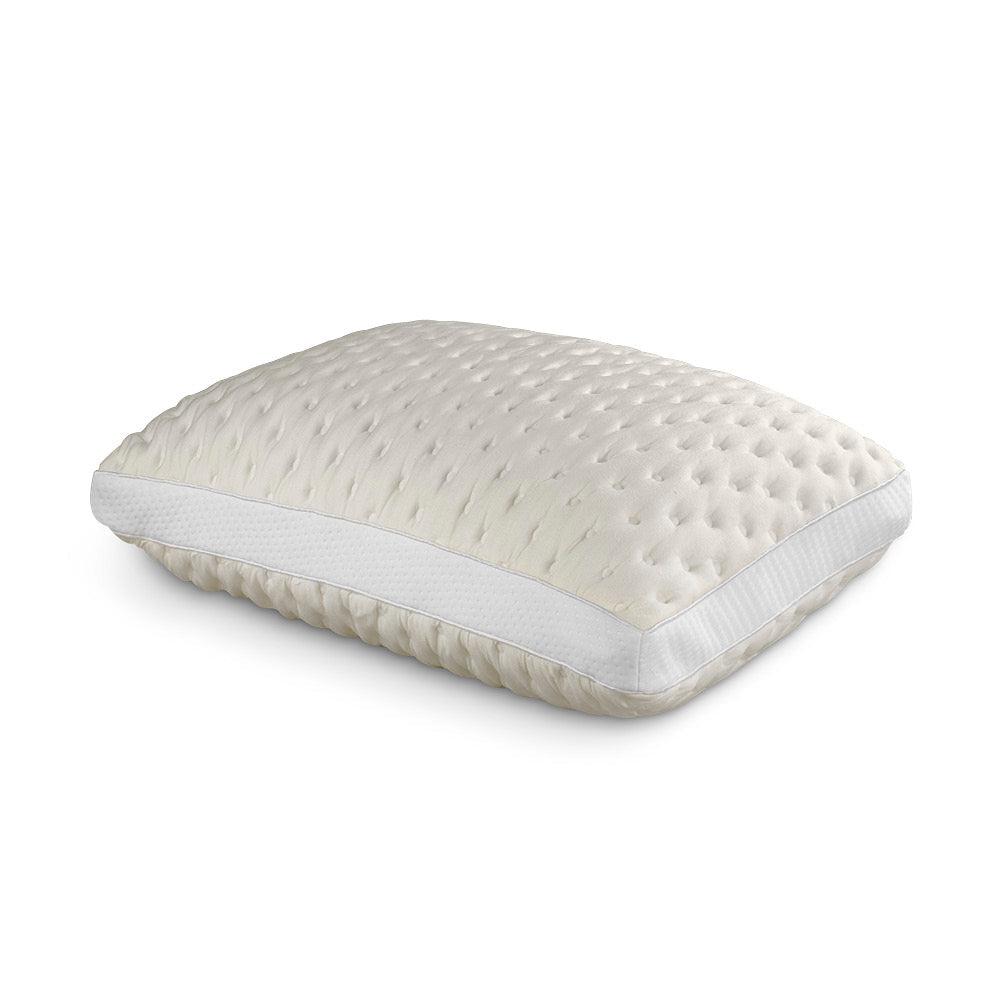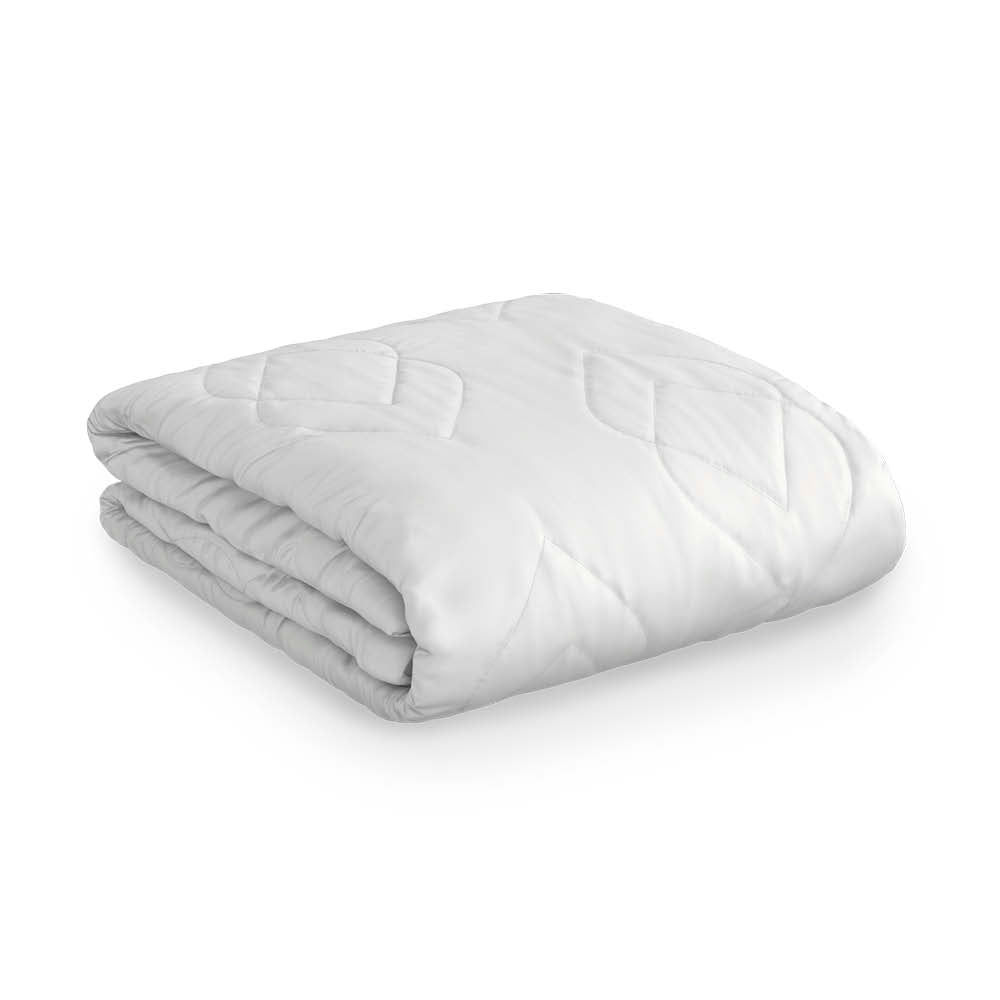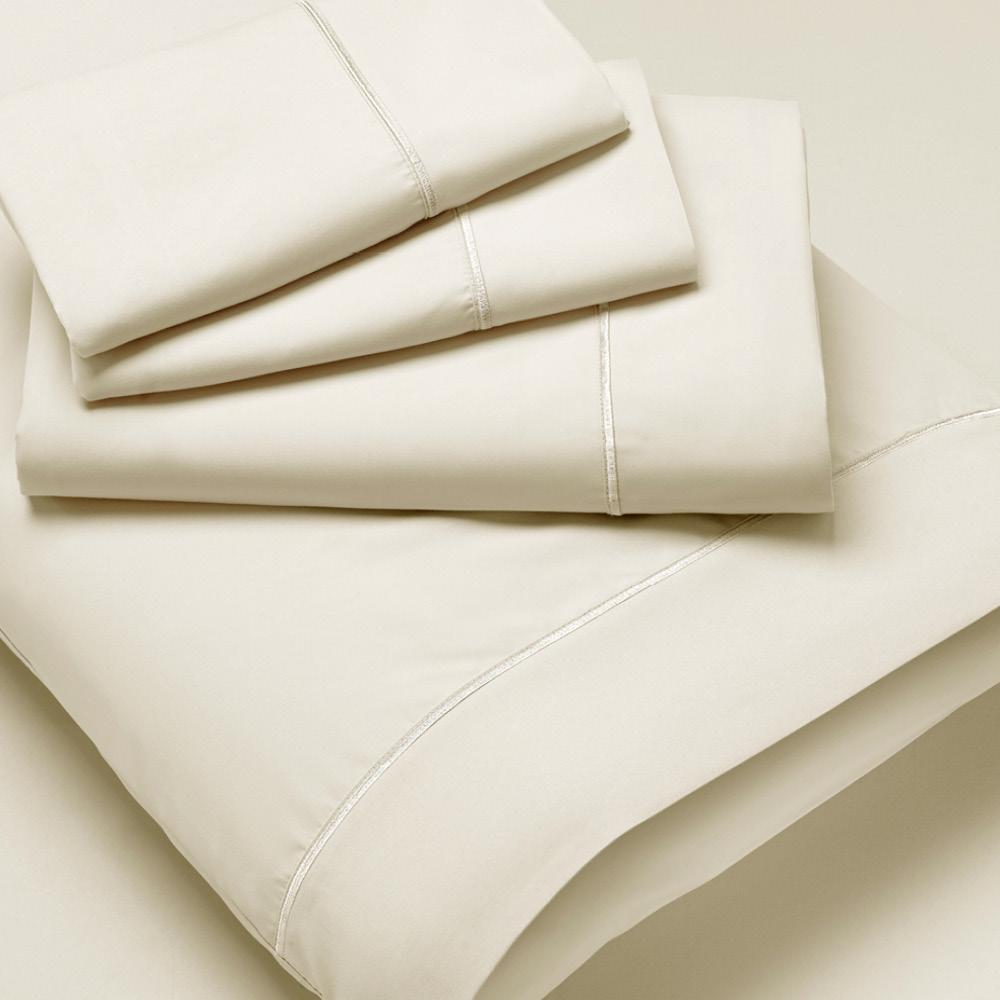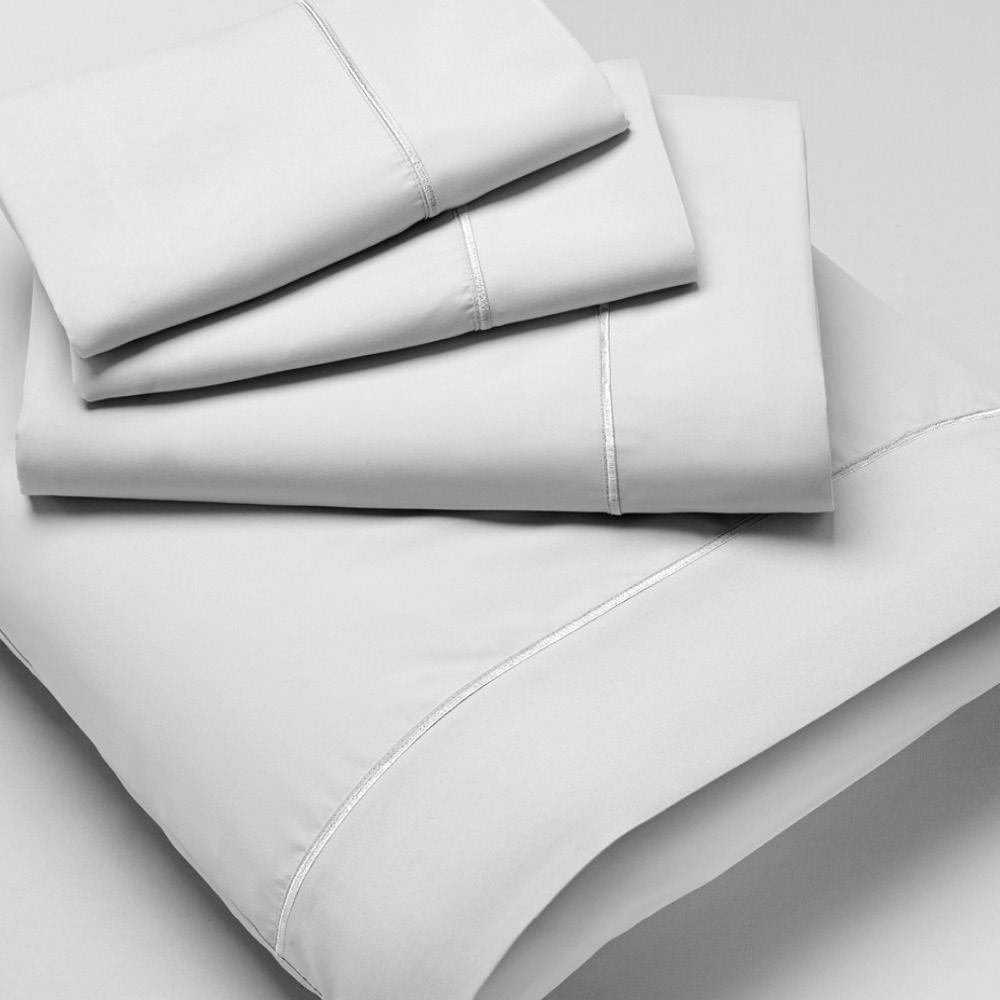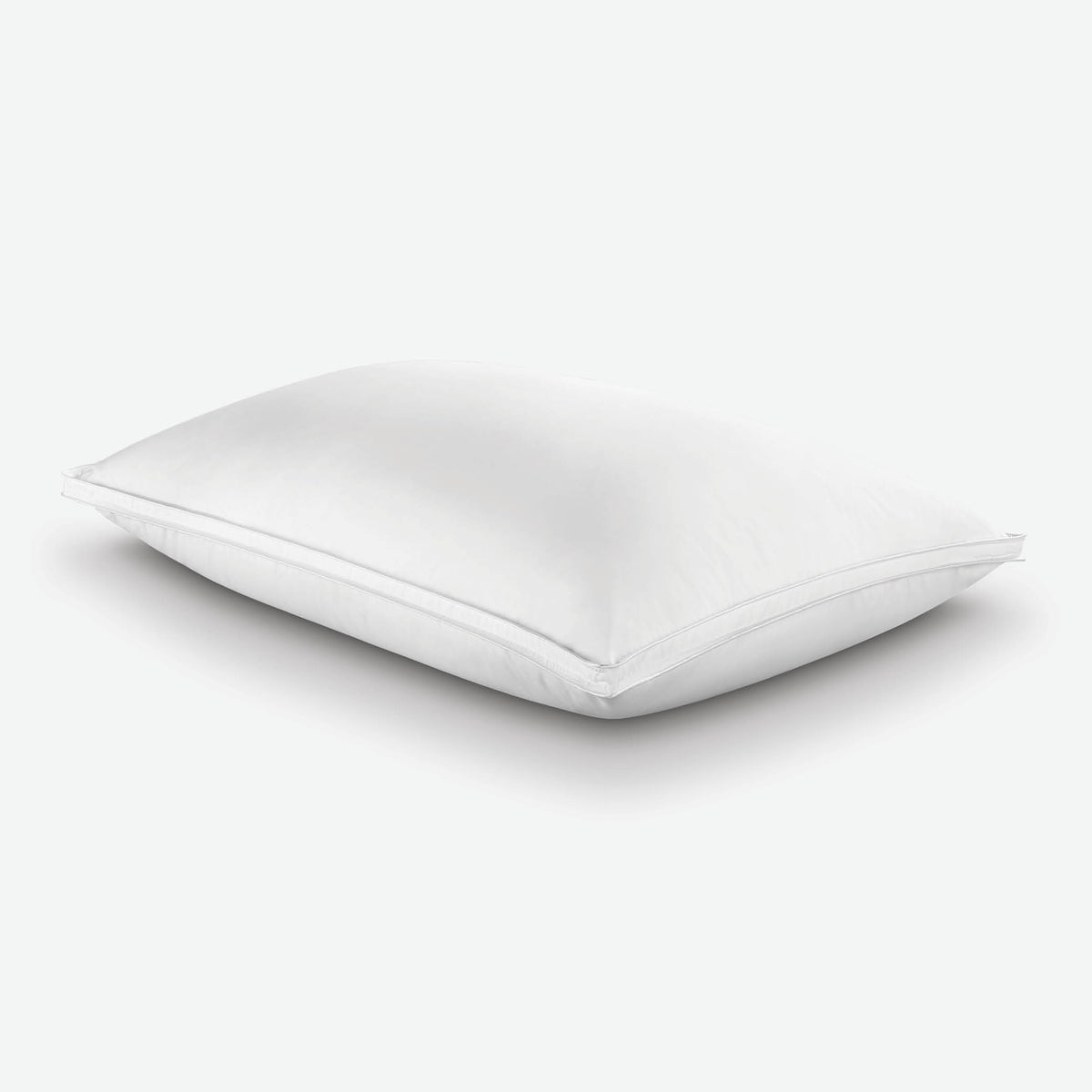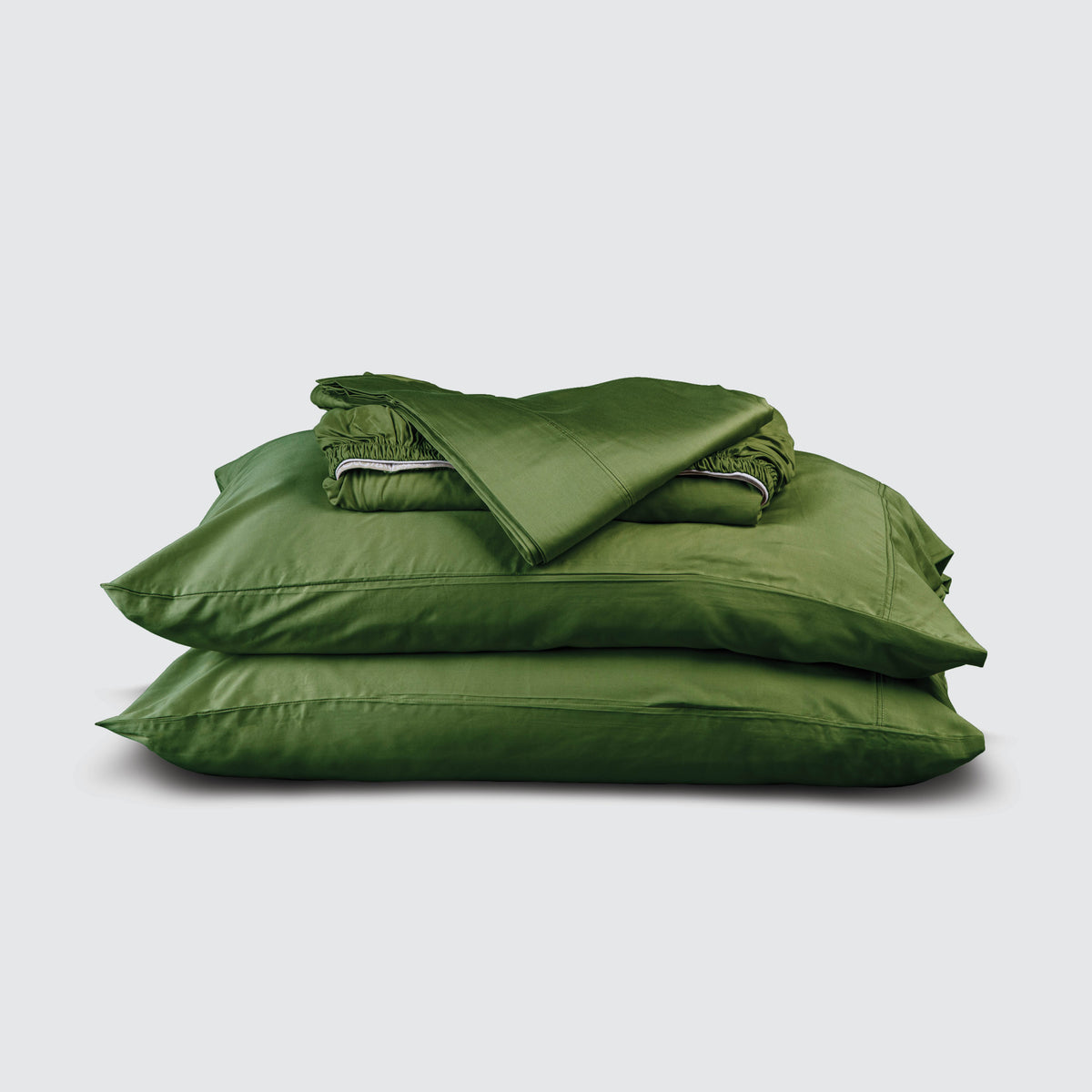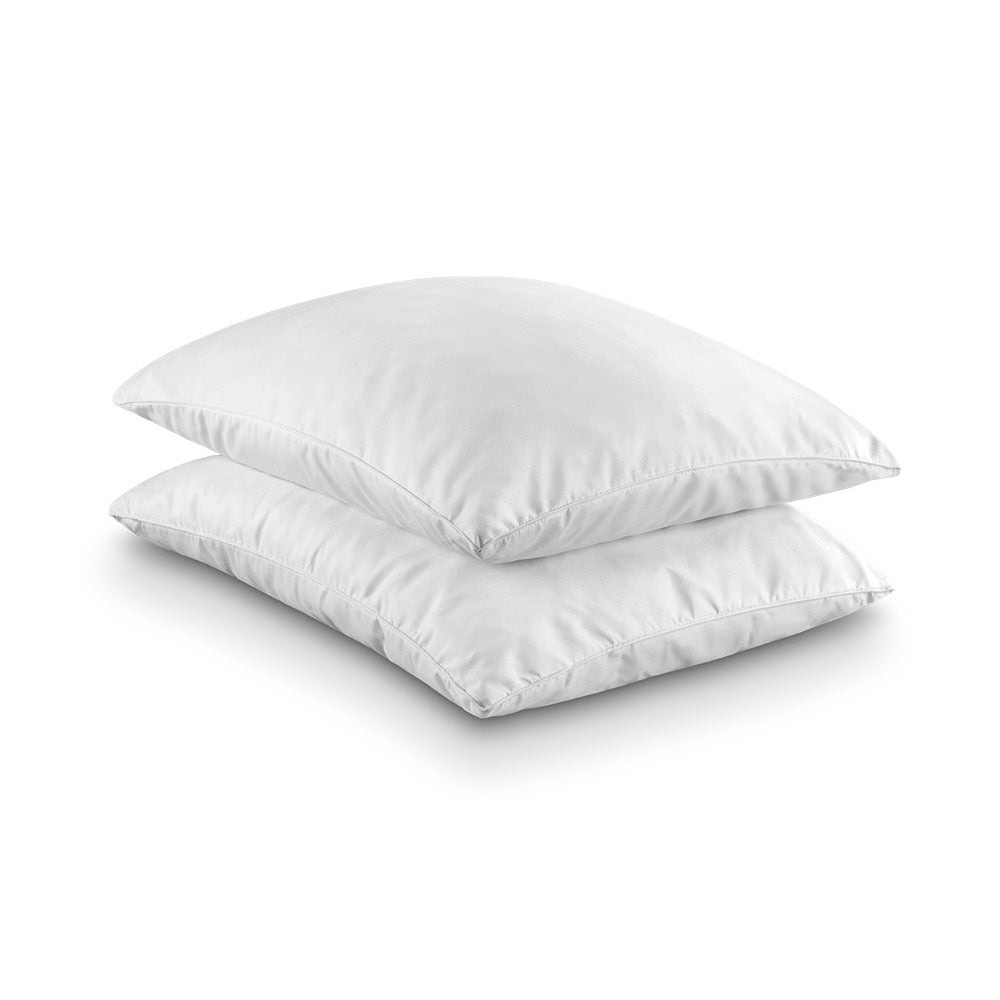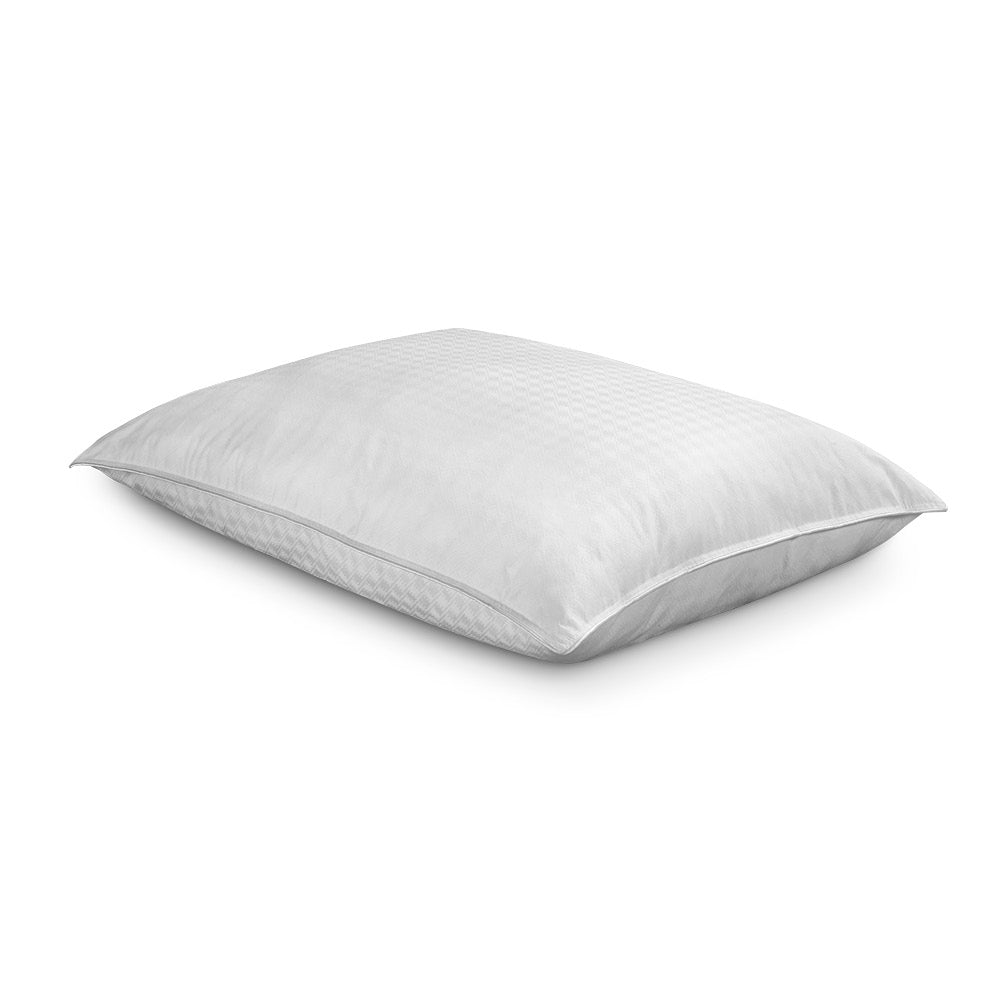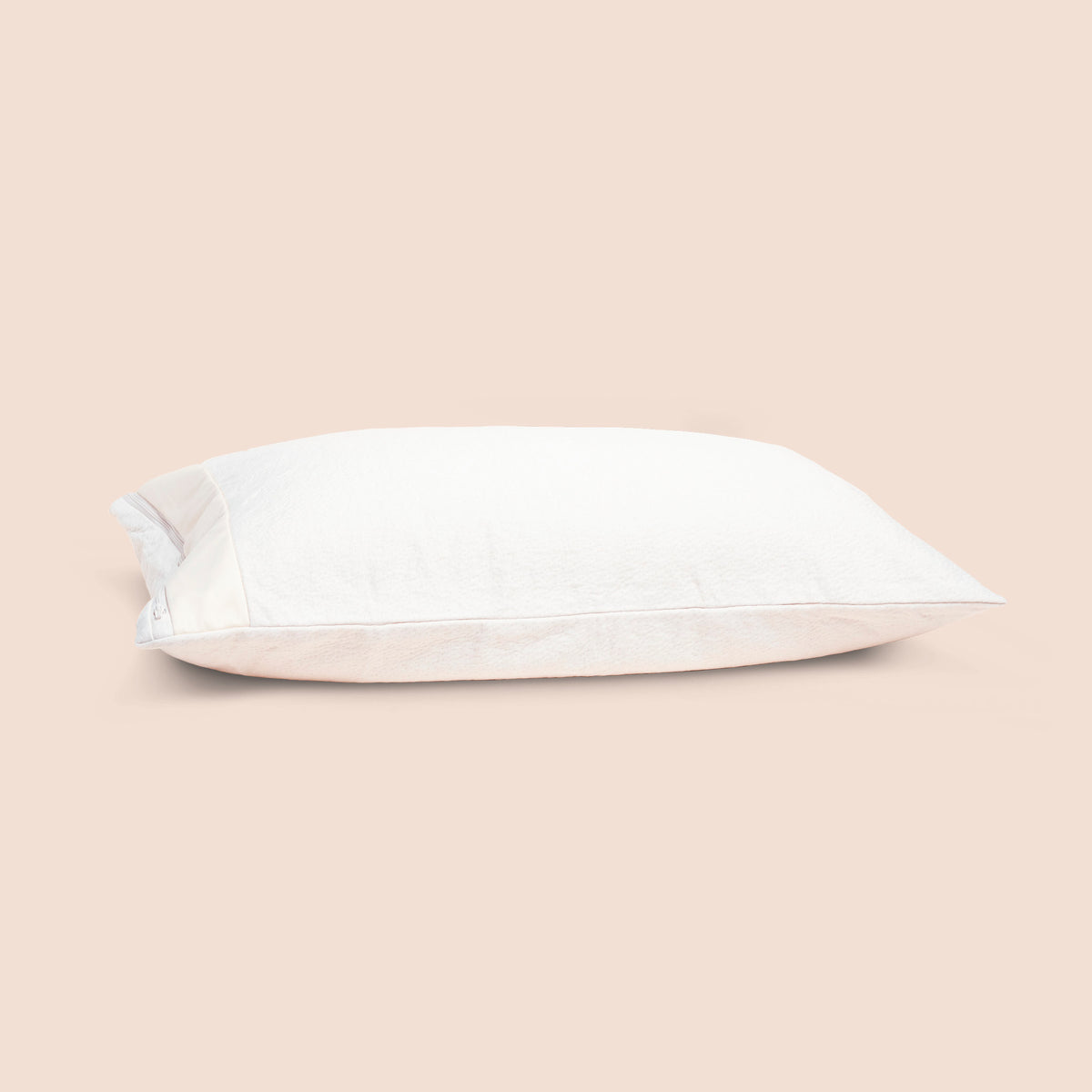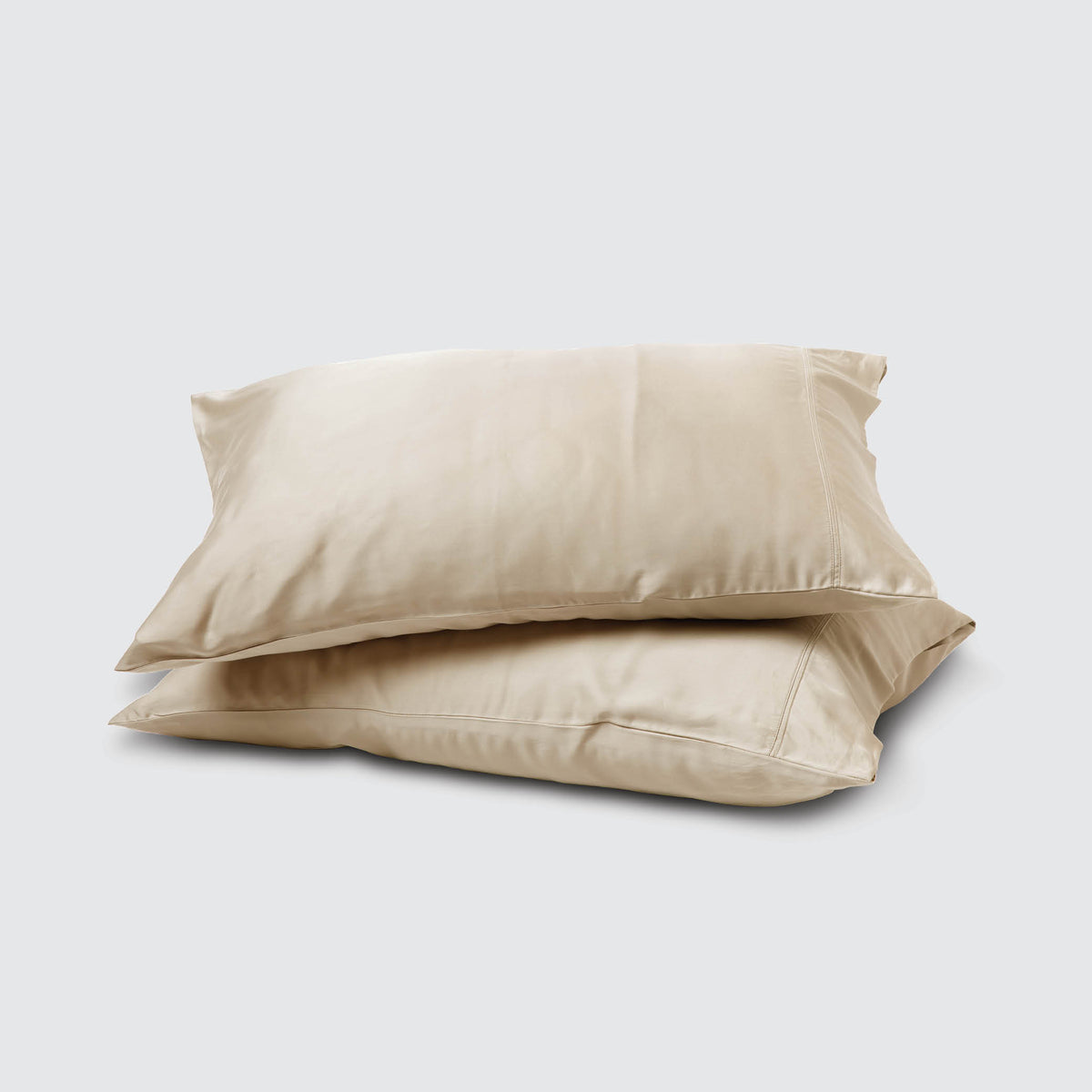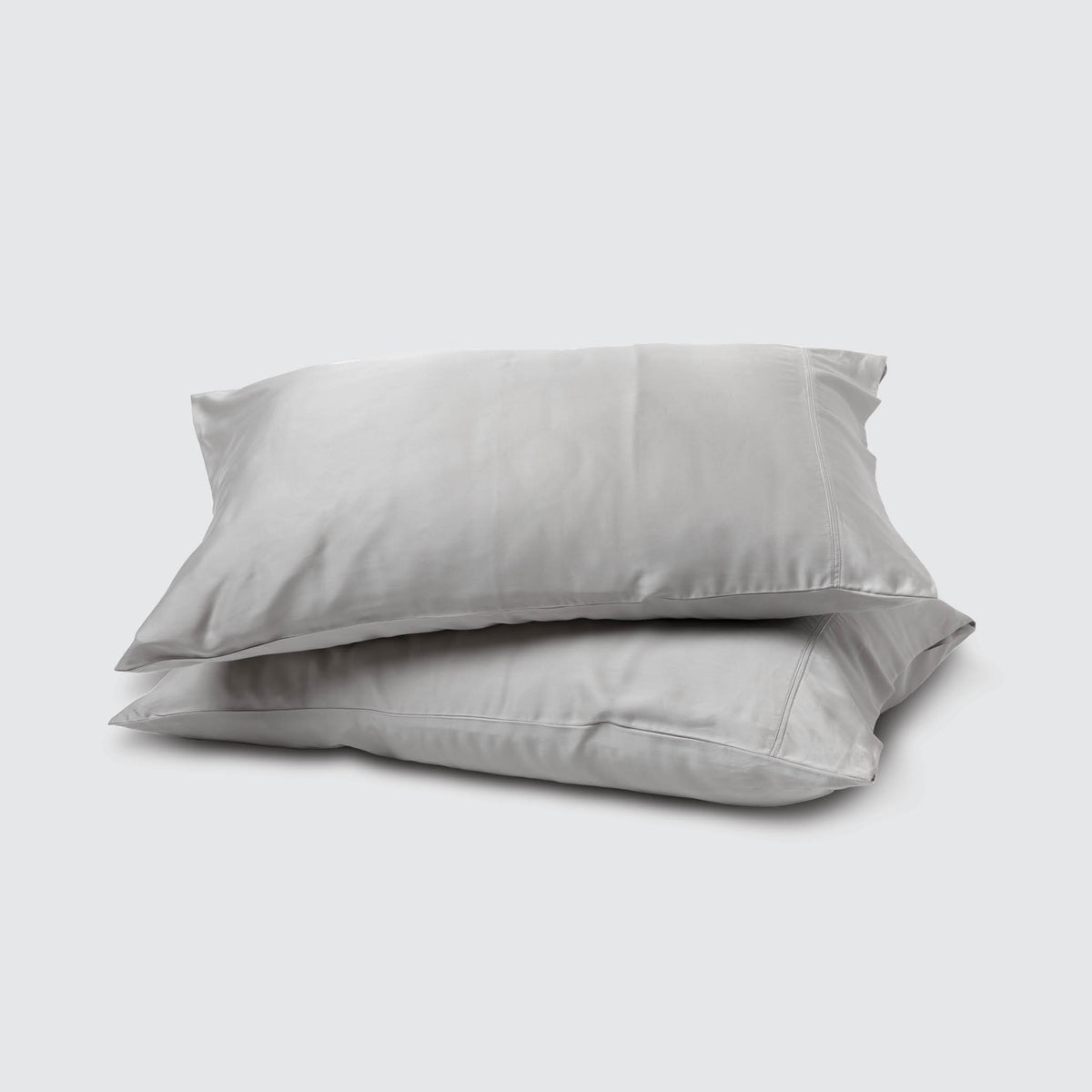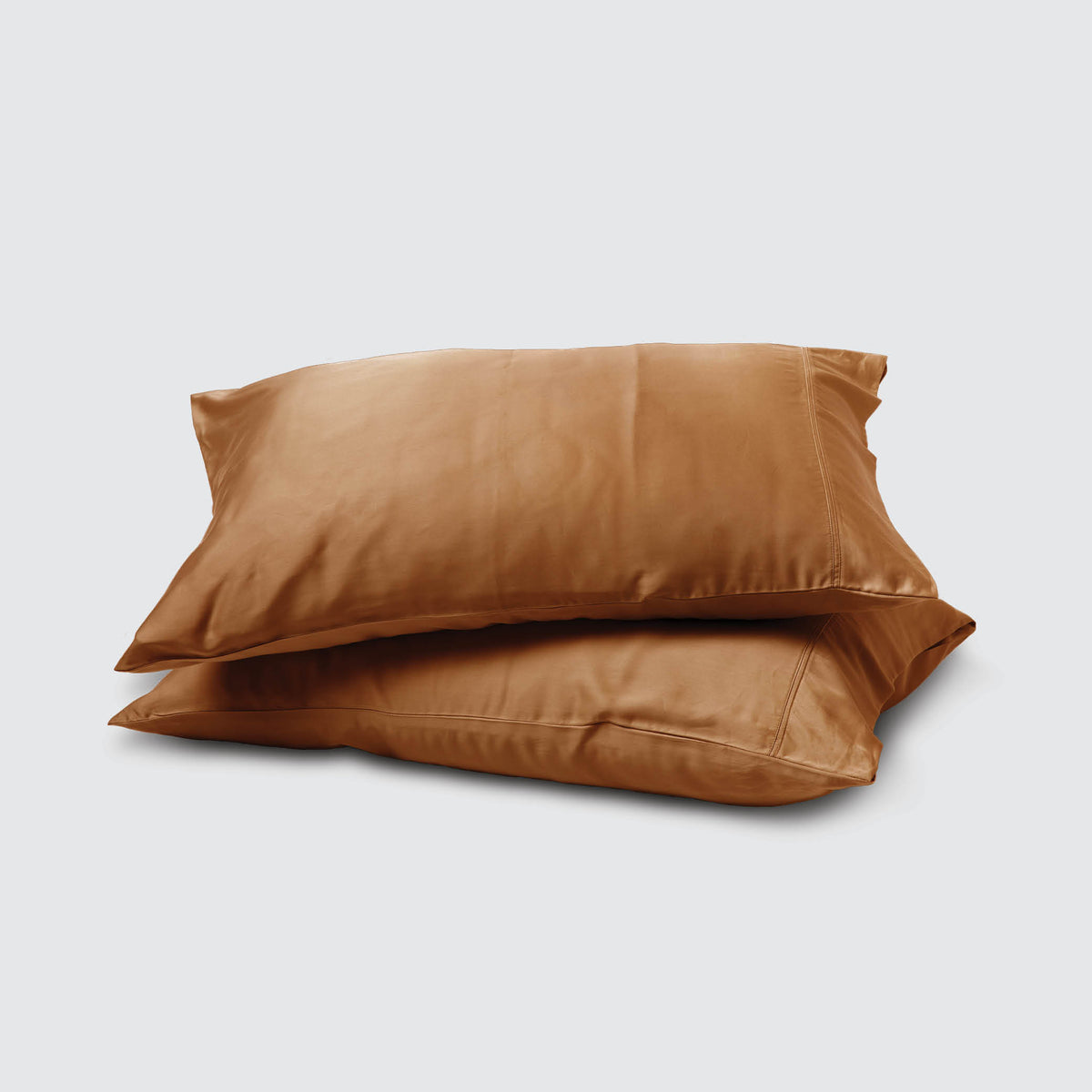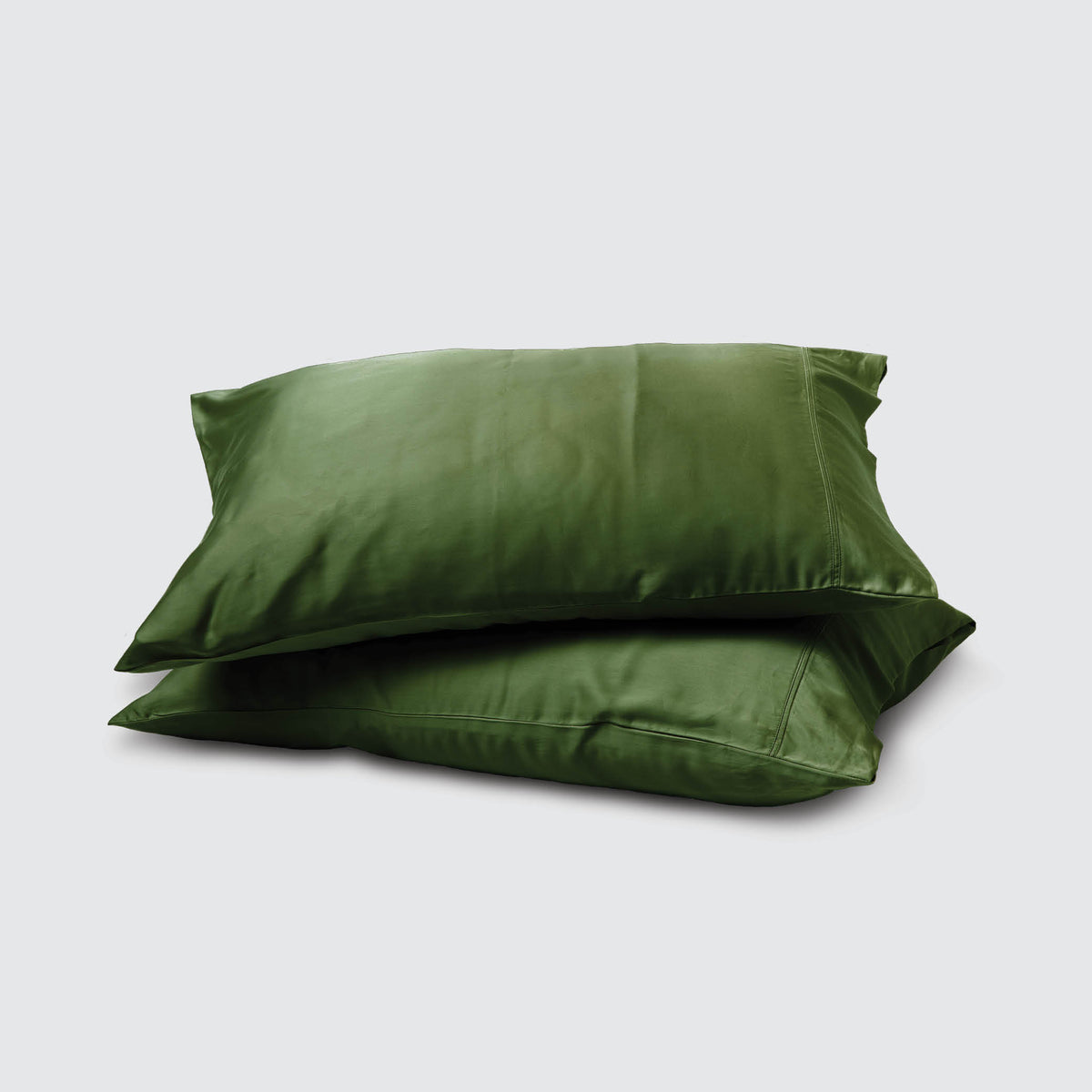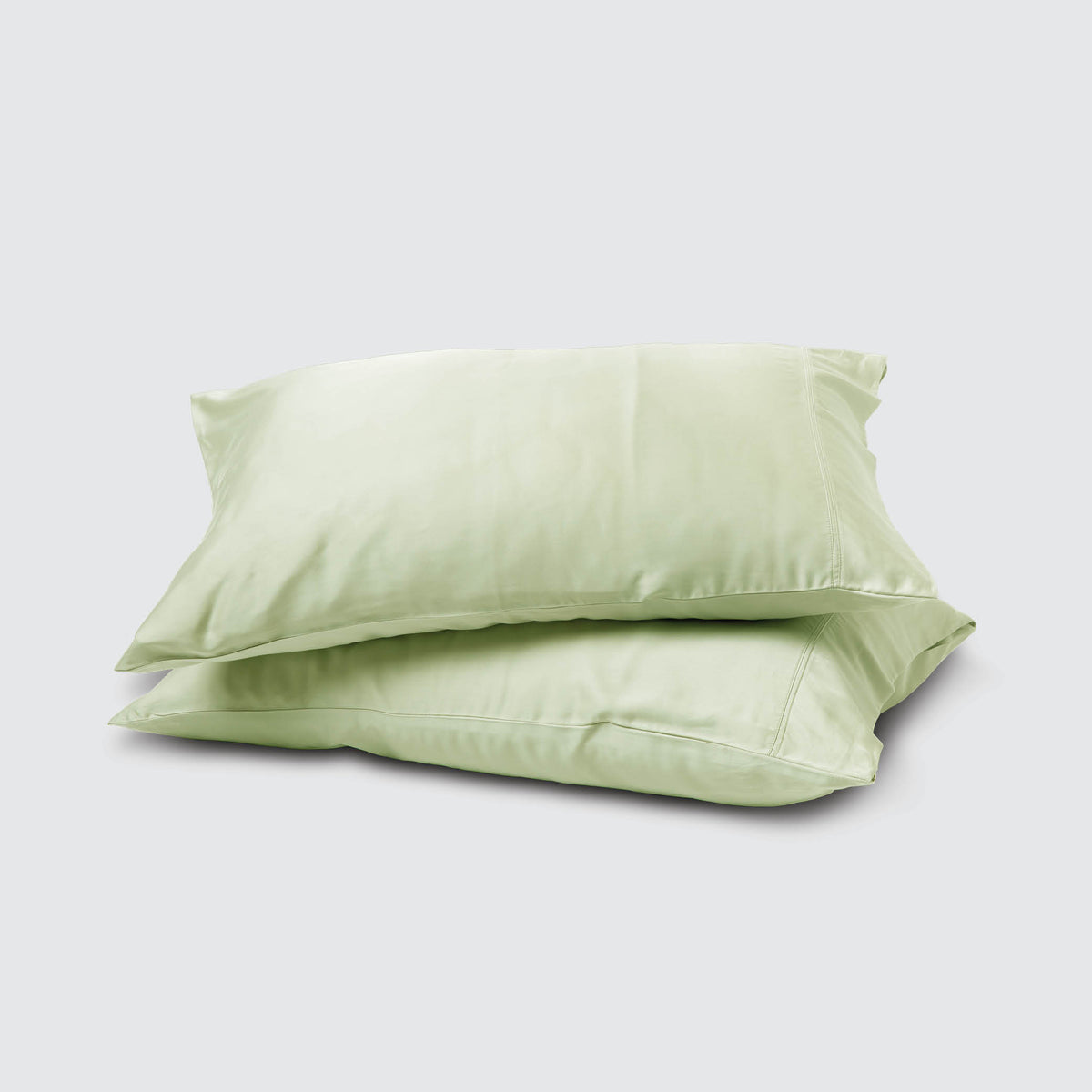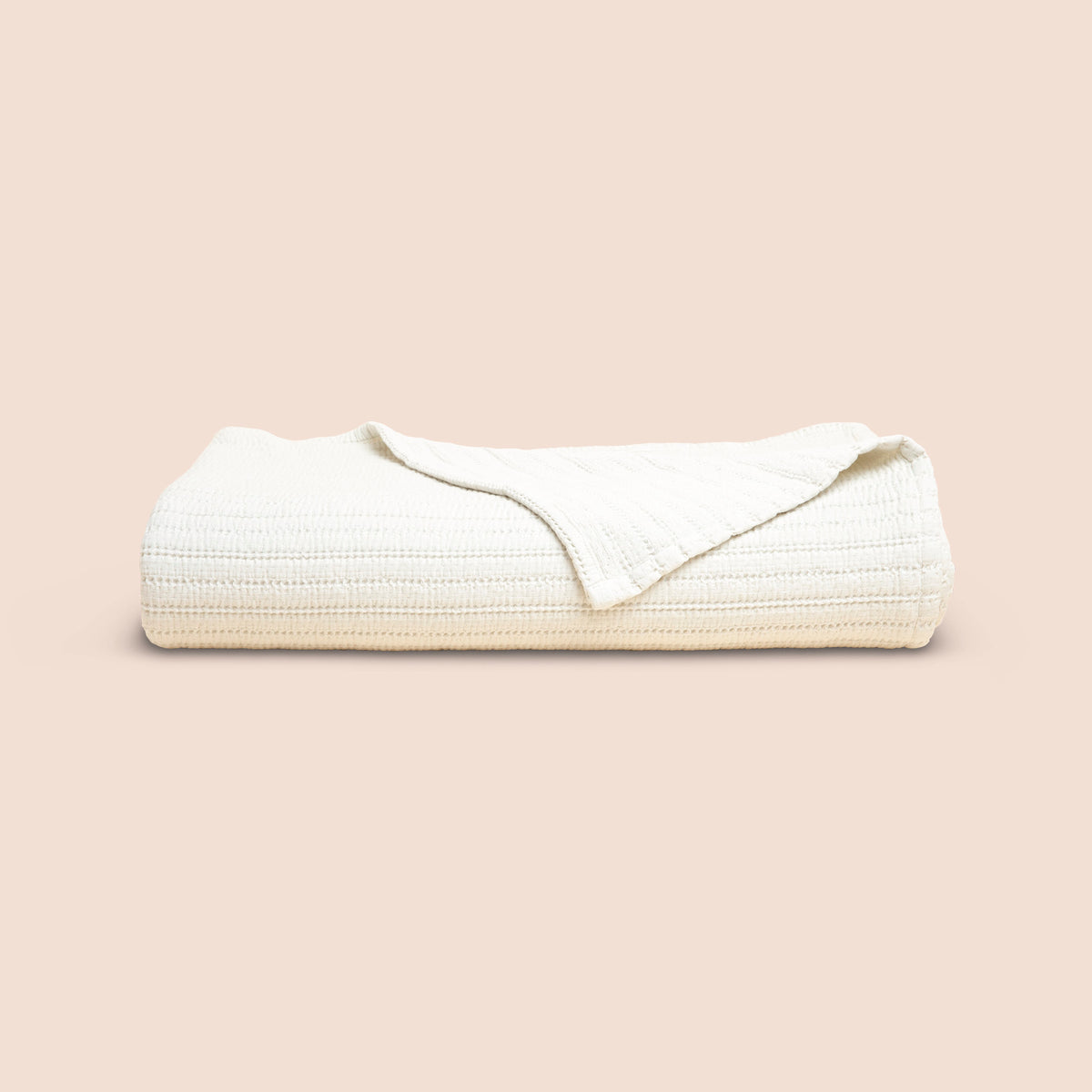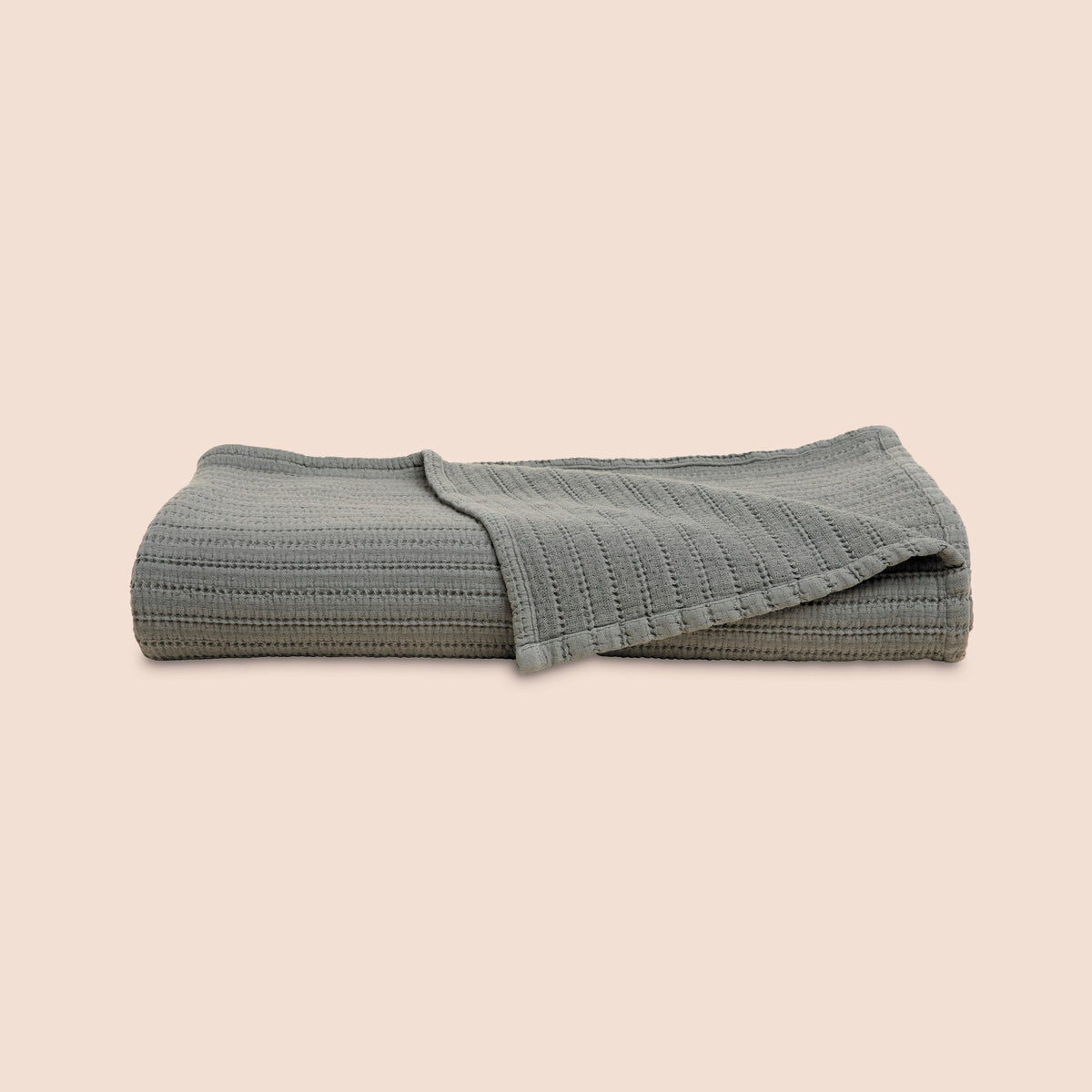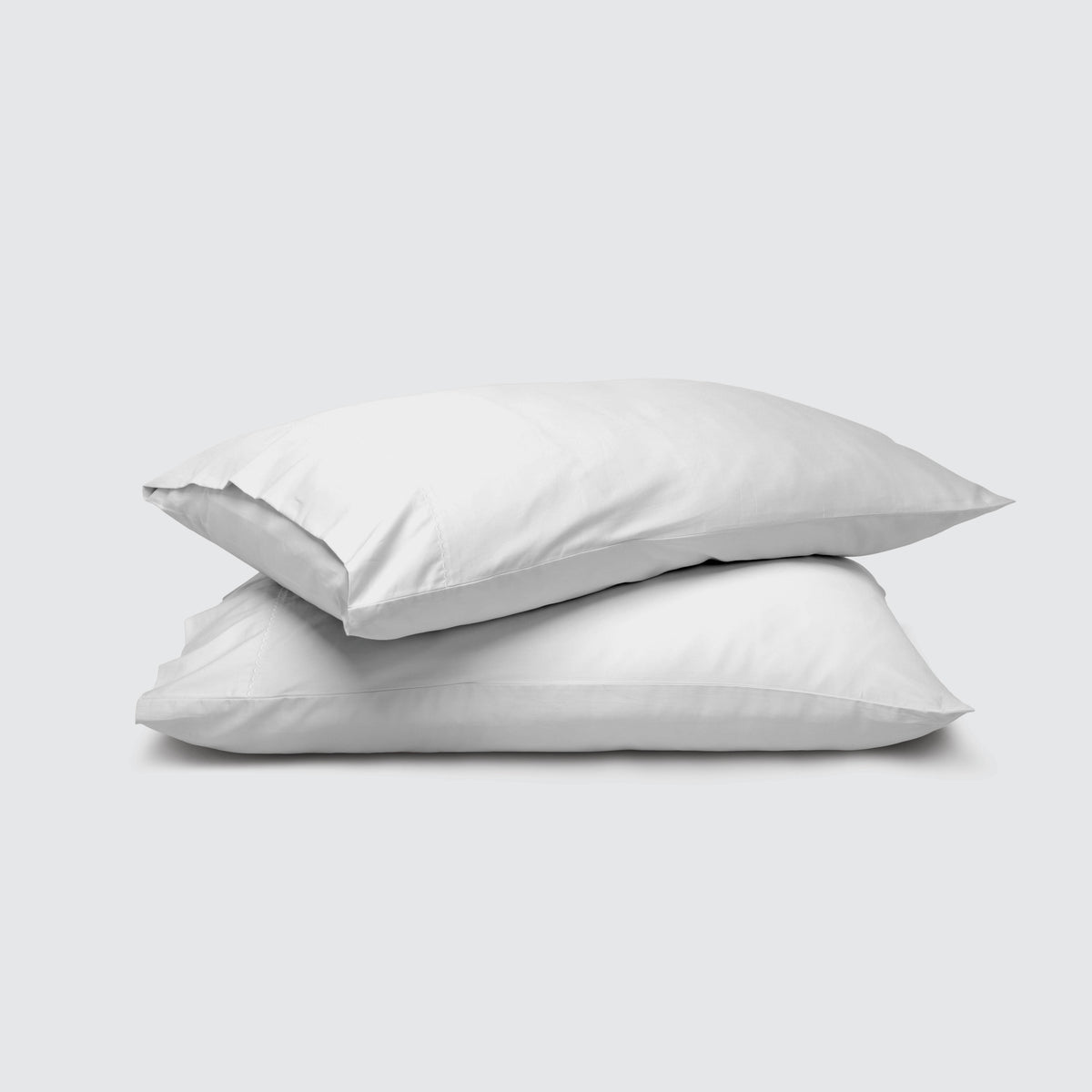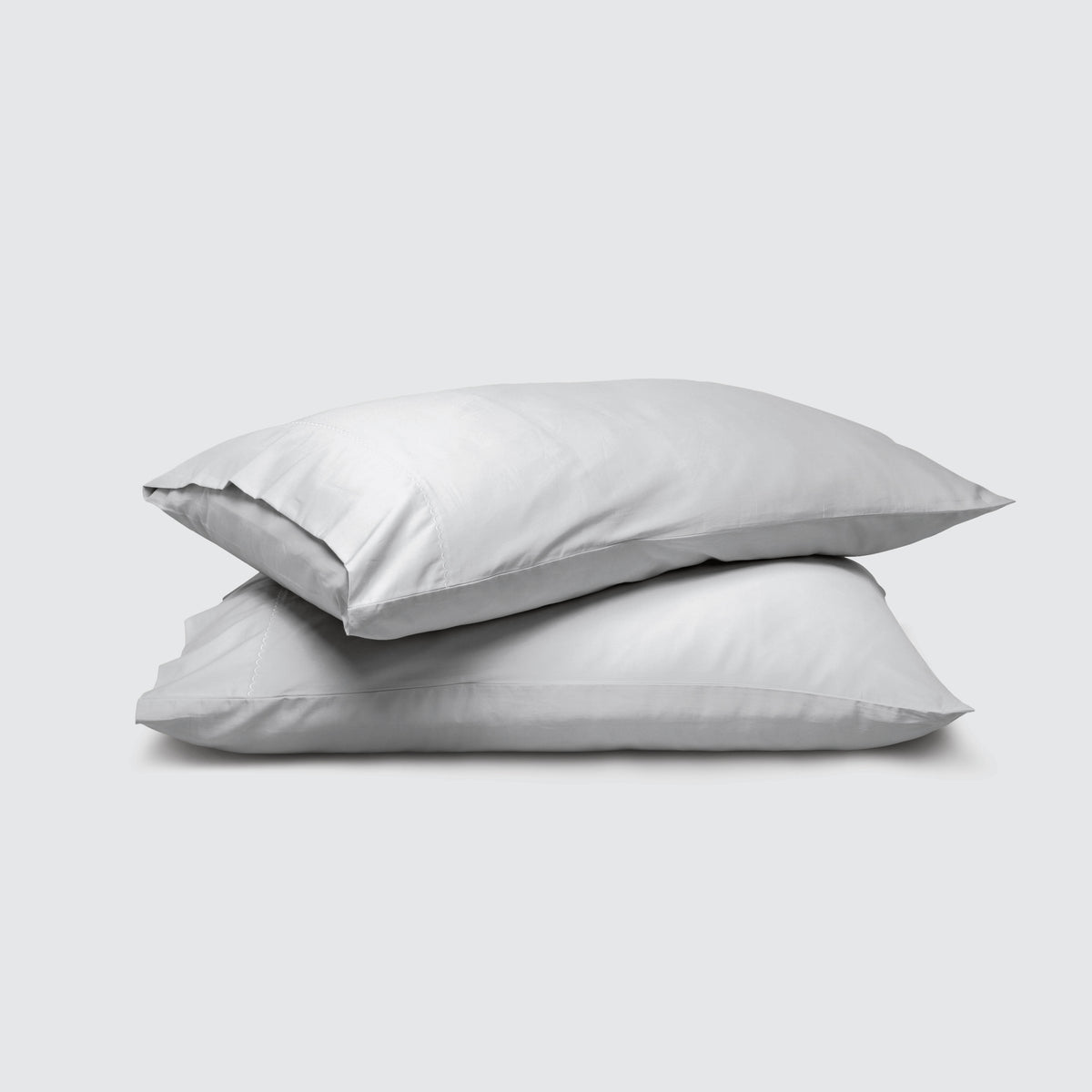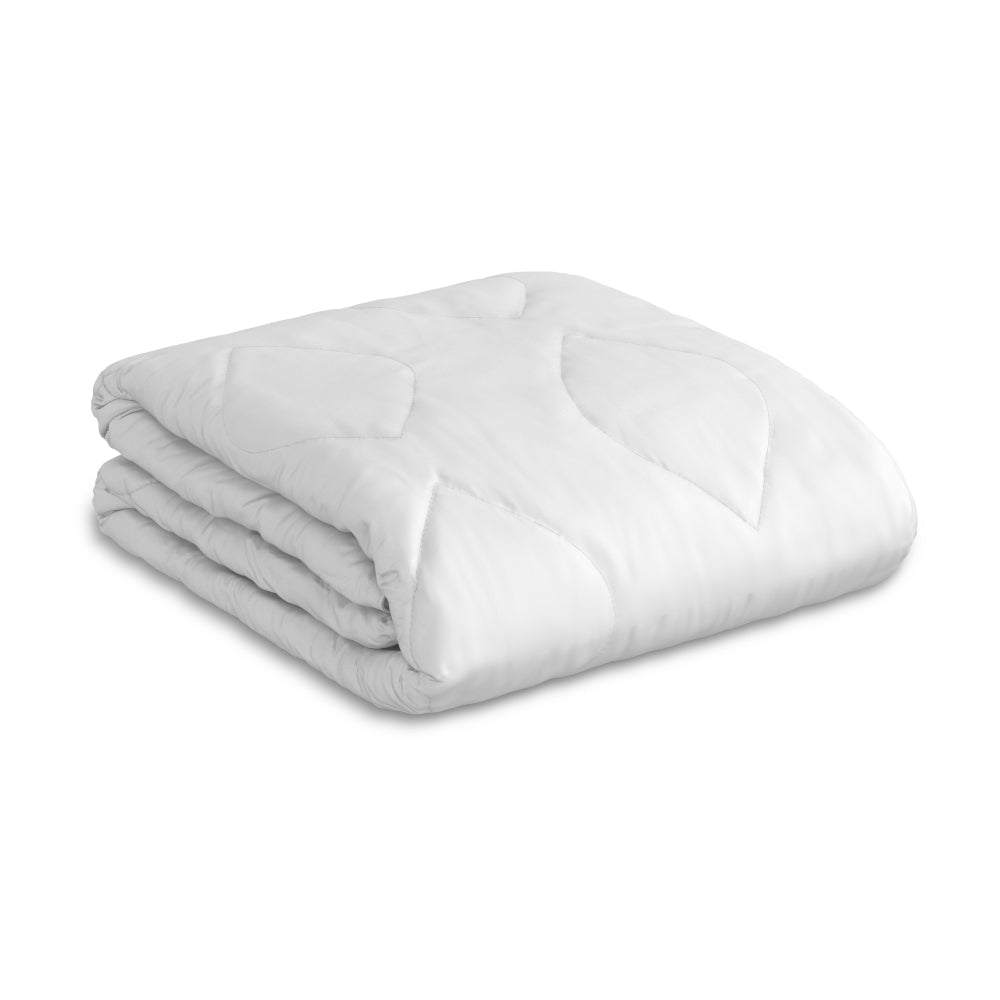Picture this for a moment—It's a routine Wednesday afternoon at work. You've spent the entire morning fully engaged, checking task after task off your list in preparation for your lunch break when you’ll have some time to decompress.
Lunch proceeds as normal. You step away from your computer at the same time you usually do, eat your meal, and take your break without issue. When you're finished, you return to your desk to wrap up the few remaining tasks on your plate.
And then it hits you—a wave of sleepiness that you cannot shake off no matter how you try, that threatens to completely throw off your productive morning.
Sound familiar? If so, rest assured that you're not alone. Though it can be difficult to handle on a hectic day, an afternoon dip in energy is a widespread occurrence. The only question now is, what do you do?

What is Afternoon Fatigue (the Mid-Afternoon Slump)?
According to Northwestern Medicine, the so-called afternoon slump is actually part of your normal circadian rhythm. Afternoons are sluggish as our bodies regroup from morning activities and settle into a longer marathon that leads to evening relaxation and, finally, bedtime. That's no help for those who wish their bodies didn't slow down after lunch.
Some things you can do to stay alert include:
- Getting away from the desk: A mid-afternoon walk in the fresh air can keep you alert.
- Avoid sugary snacks: Stick to protein for longer-lasting energy.
- Save your easy work tasks for mid-afternoon: don't count on willpower to get you through. Do low-energy tasks at low-energy times.
- Drink plenty of water: keep yourself alert and hydrated all day.
Feeling more tired than others? Or is your tiredness worse than you think it should be?
- Sleep disorders like sleep apnea may disrupt your sleep, even if you don't realize it. Rule out medical disorders and sleep problems.
- Exercise and diet may help: If your diet and exercise are lagging, your fatigue may worsen. Improve your overall healthy habits. Get that blood flow going. Stretches at your desk can even help, and take just a few minutes.
- Get your bedtime routine in gear. If you're finding it hard to go to bed when you've been tired for hours, it may be time for a bedtime makeover. Prime your body to rest at bedtime so you have the energy to stay charged midday. Are you getting at least 7 hours of sleep each night? Start there.
- Reduce stress: Worry can contribute to feeling tired in the afternoon. You're spending energy on anxiety that may be keeping your body in a state of hyper-alertness at certain times, and letting it crash when it runs out of fuel.
What is a Circadian Rhythm and Why Does it Affect Us Midday?
Here's the thing about afternoon energy dips—nearly all of us who experience them almost always chalk it up to eating too big of a meal during our lunch break or not getting enough sleep the night before.
And while a lack of quality sleep certainly can (and often does) contribute to afternoon fatigue, the truth is that energy highs and lows occur at regular intervals throughout the day—not just in the afternoon. The science behind them lies in the body's circadian rhythm, a natural sleep-wake cycle that tends to follow the pattern of lightness and darkness throughout the day.
Often considered the body's biological clock, our circadian rhythm follows a 24-hour cycle. It helps us naturally wind down in preparation for sleep after the sun sets and reawaken when the day breaks and the sun rises again.
In addition to the rise and fall of our energy, our circadian rhythm influences:
- How (and when) our body releases hormones
- Our eating habits and digestion, and
- Body temperature
During any routine day, we tend to feel most alert in the first several hours upon waking, when the first phase of the circadian cycle begins. From about 10 am to 1 pm, our body temperature rises, signaling a release of hormones that helps us stay engaged and maintain our focus. For most, this is the most productive time of the day, when we feel most alert, engaged, and able to focus on tasks requiring significant effort.
Then, somewhere around 1 or 2 pm, the next phase of the cycle begins—signaling a dip in our body's temperature and a release of hormones that downshift our energy to follow the pattern of the sun as it begins its regular descent toward the horizon in the west.
And, of course, this is when the trouble begins. In American society, this natural shift in our ability to focus occurs precisely in the middle of our working day, leaving us grasping at straws for ways to boost our energy just enough to see the rest of the tasks we have on our plate through.
So, how can we possibly fight a clock that's naturally programmed to influence our energy levels throughout the day? We've got a few ideas in mind—and they're much simpler than you might think.

3 Easy Ways to Boost Energy When You're Tired in the Afternoon
Now, trust us when we say that we fully understand the urge to reach for a second or third cup of coffee to get the energy jolt you need to pull through a bout of afternoon fatigue. For many, afternoon trips to the coffee pot are an everyday occurrence.
Unfortunately, though, more research has come to show that caffeine really isn't all it's cracked up to be when it comes to boosting energy levels—which is something we'll discuss in more detail in the coming weeks (so stay tuned).
Instead, research shows that we can improve how our body regulates energy throughout the day by doing three simple things.

Spend More Time Outdoors to Boost Energy Levels
A few weeks ago, we explored the concept of Forest Bathing for better mind-body wellness. Research shows that even spending a few minutes outside each day, simply taking in the fresh air and allowing the mind and body to disengage and relax fully, can significantly boost your mood and energy.
This is particularly true when you regularly make time to step away from your desk and go outdoors as the light from the sun naturally helps signal a release of serotonin—the feel-good hormone responsible for improving mood, energy, and focus.
So, rather than standing in line at the coffee shop or waiting for that next cup to finish brewing—consider saving your time (and your money) and take a pause outdoors instead. You may be surprised by how effective this simple switch from caffeine to nature is!

Move Your Body to Reduce Stress
We know exercise is often touted as a be-all, end-all for many things. But there is a good reason for this, as being sedentary for too long can have profound implications for how well (or poorly) the body can function at any given time.
If you feel an afternoon energy dip coming on strong, consider stepping away from your desk and giving yourself some time to move around instead of attempting to power through. Best part? You don't need to devote much time at the gym or engage in a vigorous workout to get the energy jolt you need.
Some of our favorite ways to incorporate a little more movement throughout the day include:
- Dancing. It's no secret that music can have a powerful effect on energy. The right song—or playlist, for that matter—can boost your mood and pump you up to tackle your workday just as much as your favorite caffeinated beverage.
- Walking. Even when you only have a few minutes to spare, a quick walk around your neighborhood, office, or local park can put a little more pep in your step following lunchtime.
- Gentle stretching. There's nothing quite like stretching your body after a long time spent sitting down. For some tried and true stretches you can do anywhere, refer to our friends at the Yoga Journal for energy-boosting poses to try the next time you feel sluggish.
Get More Sleep to Conquer the Afternoon Slump
It may feel counterintuitive to sleep when you're trying to stave off an afternoon energy dip, but allowing yourself some time to rest is often one of the best things you can do to recharge in a pinch. What's more, you don't need to schedule a lot of rest time into your afternoon to reap the benefits.
In his book, Healthy Aging, Dr. Andrew Weil, M.D., a renowned integrative health expert, suggests that taking a five or ten-minute nap can often lend enough energy to overcome an afternoon energy dip without affecting your natural ability to fall asleep at night.
To determine how long or short your ideal nap time should be, refer to our friends at the National Sleep Foundation or the American Sleep Association for guidance; the right answer can vary depending on your age, lifestyle, and wellness goals.
Another simple boost is matching your bedding to your sleep preferences. Sleep too hot and wake up uncomfortable? Cooling bedding can keep you sleeping longer. Need to recover from yesterday's workout? Think about fabrics designed to help boost local circulation like recovery sheets made with CELLIANT® infrared fibers. Stressed even after the workday is over? A cozy weighted blanket might help you get to sleep faster and stay asleep better.
Sleep Wellness at Purecare
Beat the afternoon slump by figuring out exactly what your sleep needs are and meeting them at night. While we all lose a little energy during the afternoon (our bodies were designed to tune into the rhythms of the day, after all), the drop in energy shouldn't be an energy slump that prevents us from performing.
For more articles, tips, and products inspired to help you along your journey to better sleep health and wellness, follow along with us on social media and be sure to subscribe to our sleep wellness journal.
And don't forget—Mix, Match, and Save up to 40% off all season long when you upgrade your bedding essentials with us at purecare.com!





